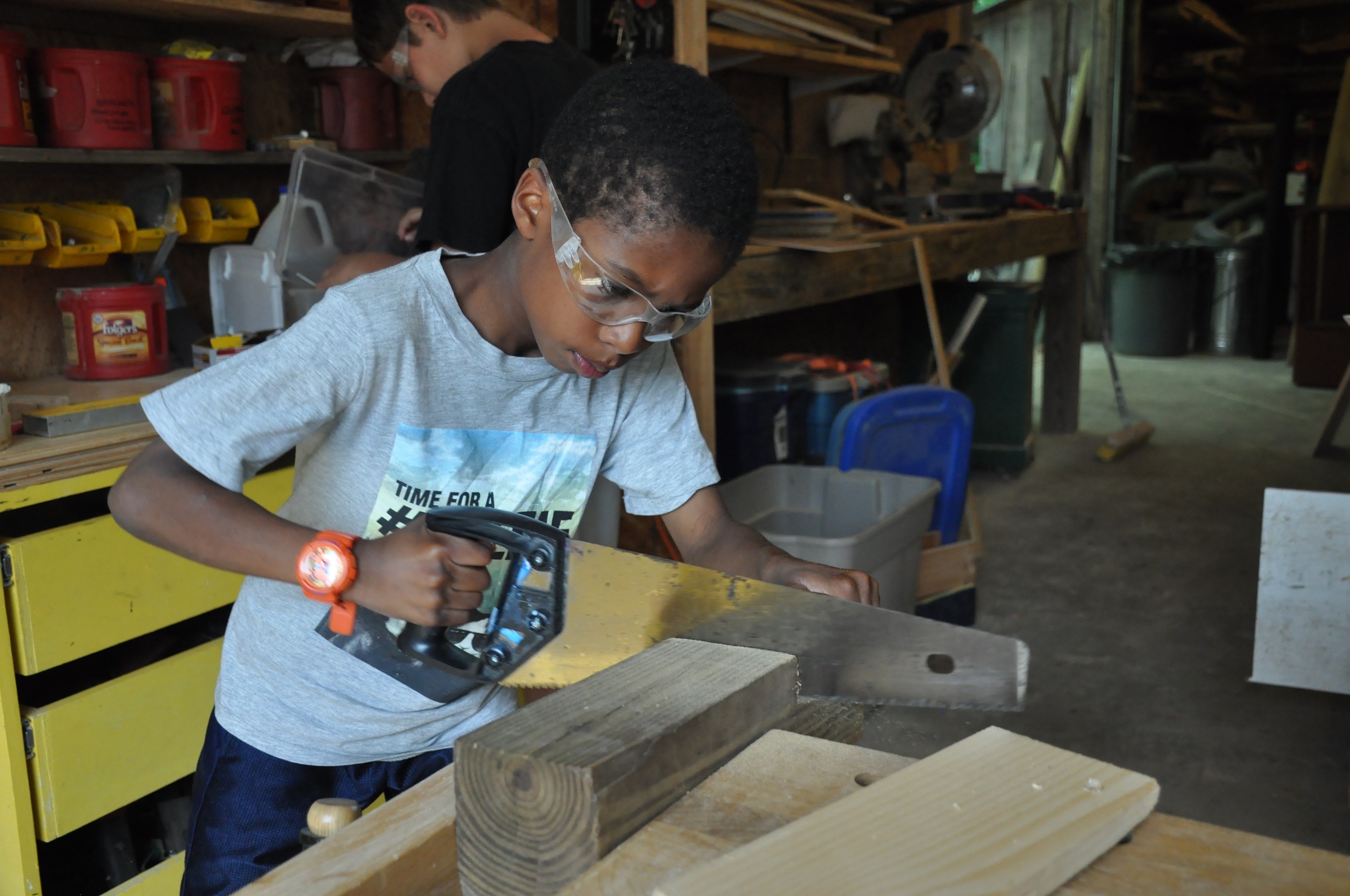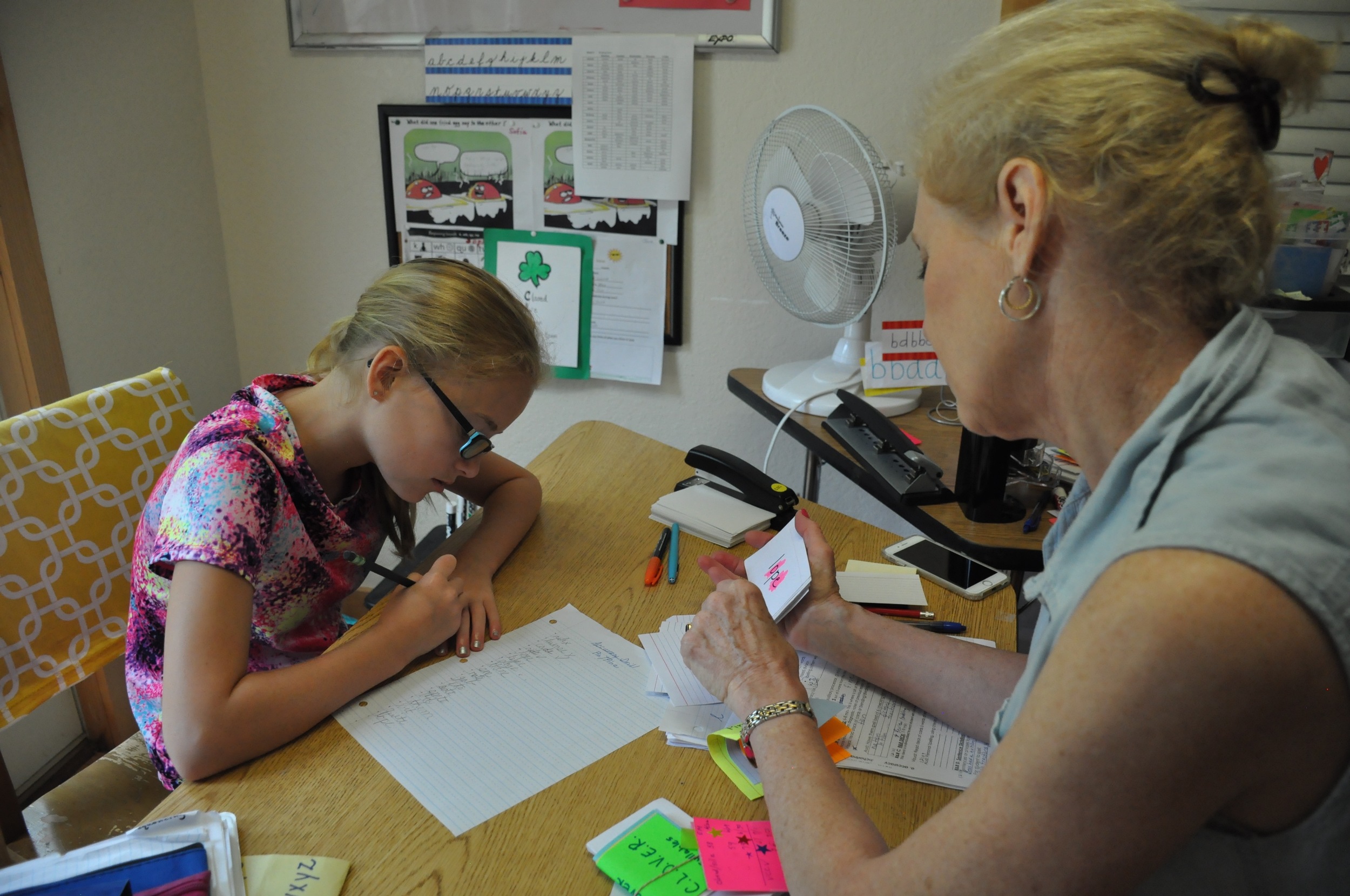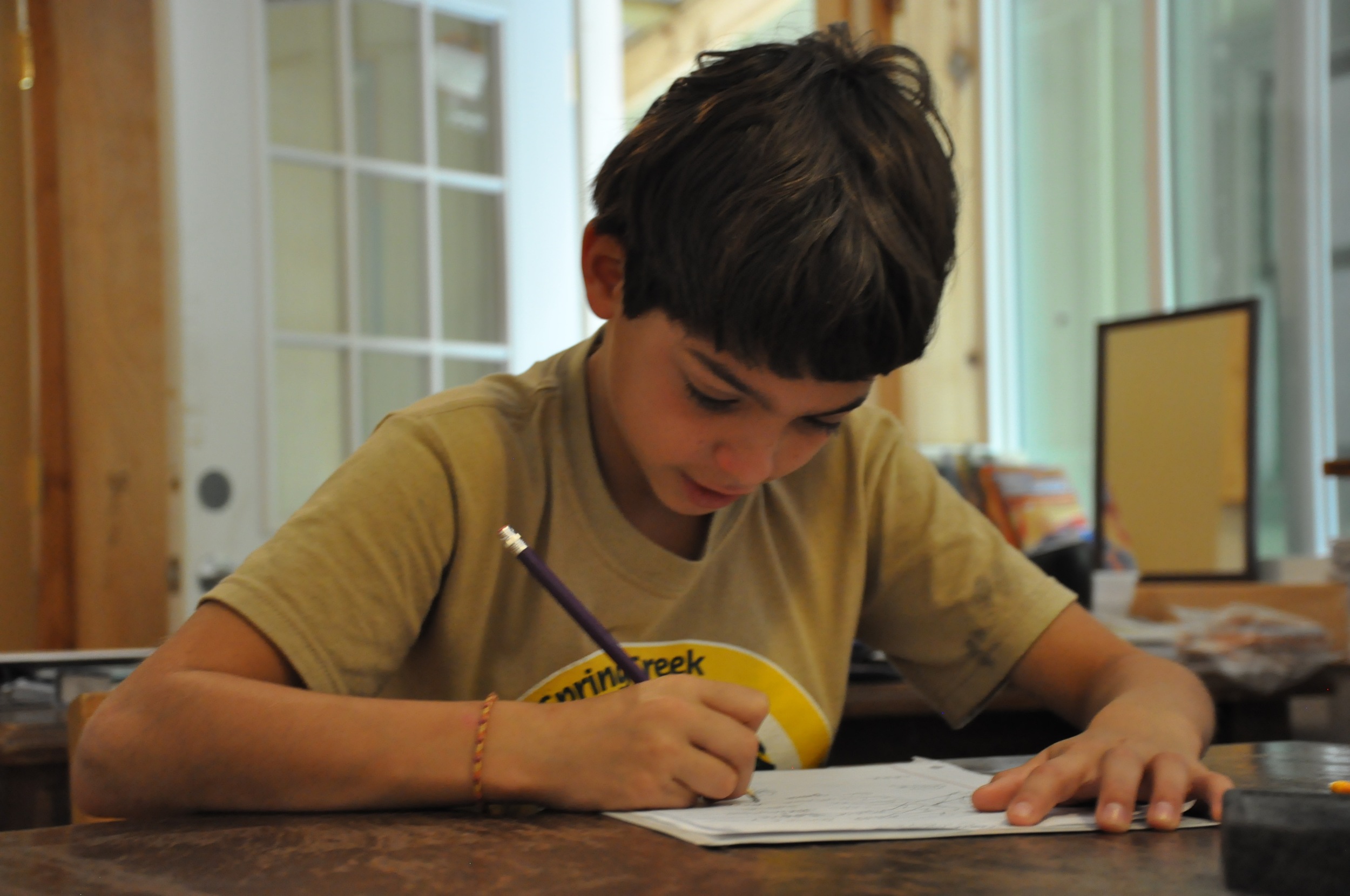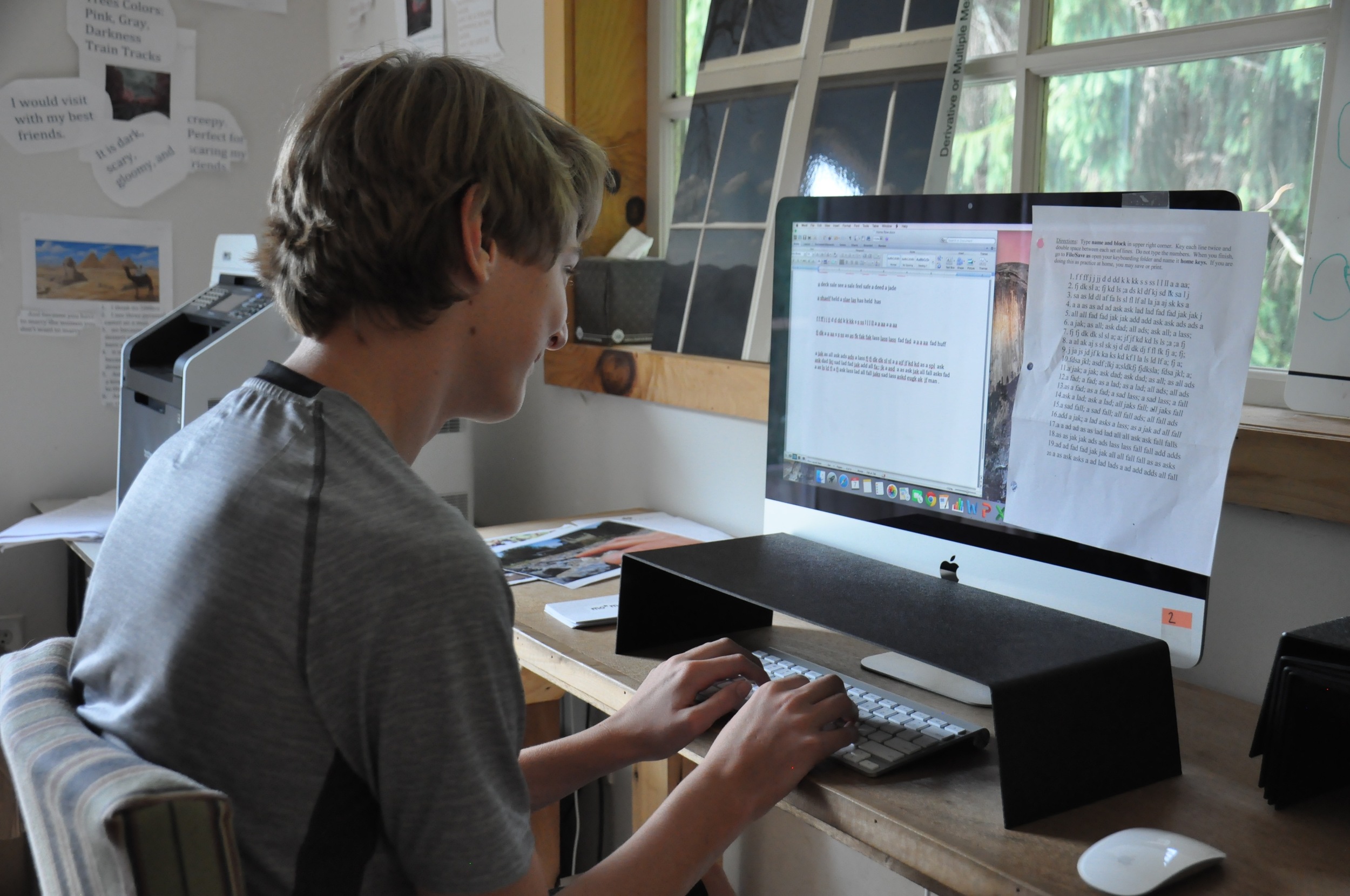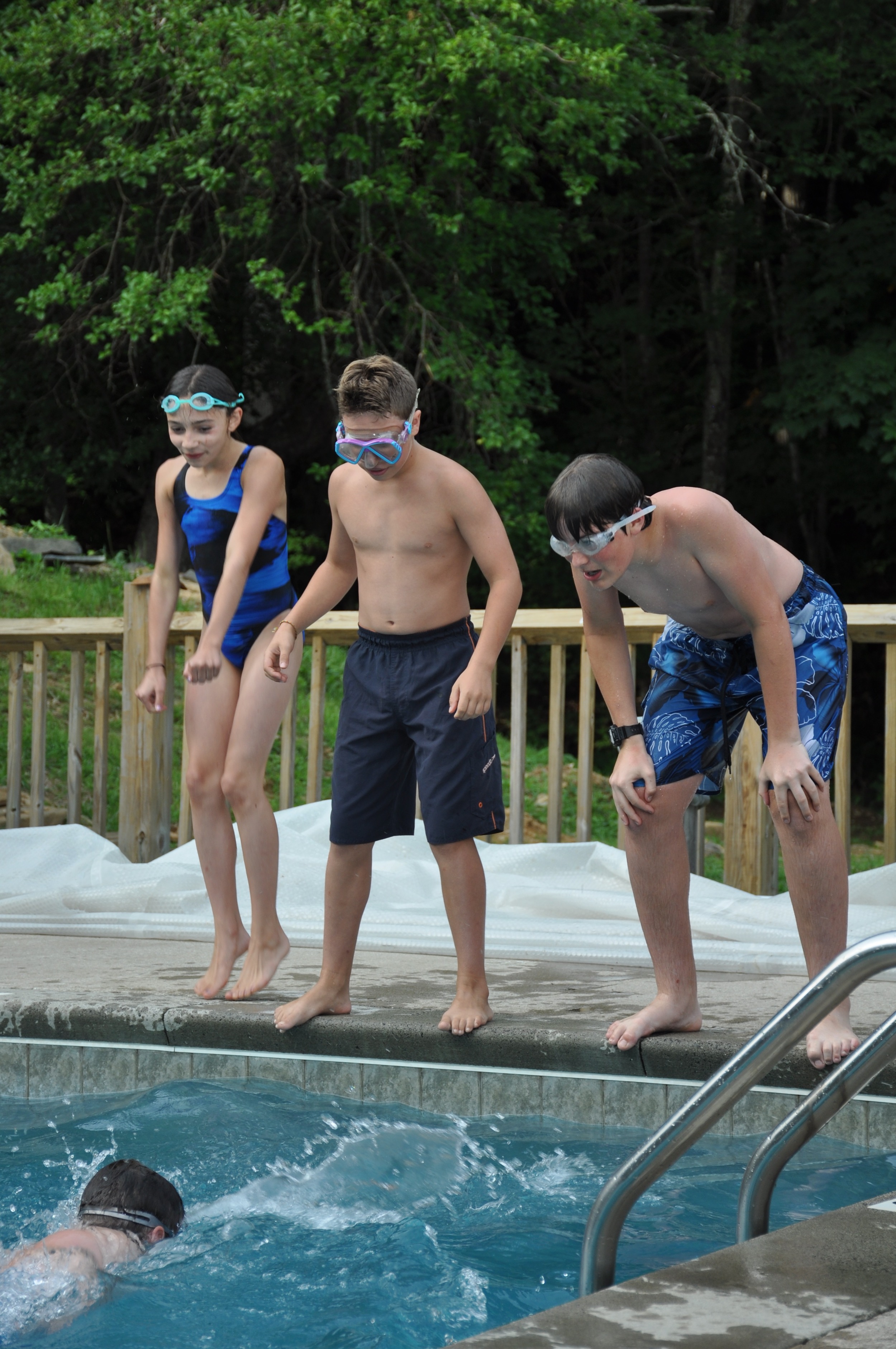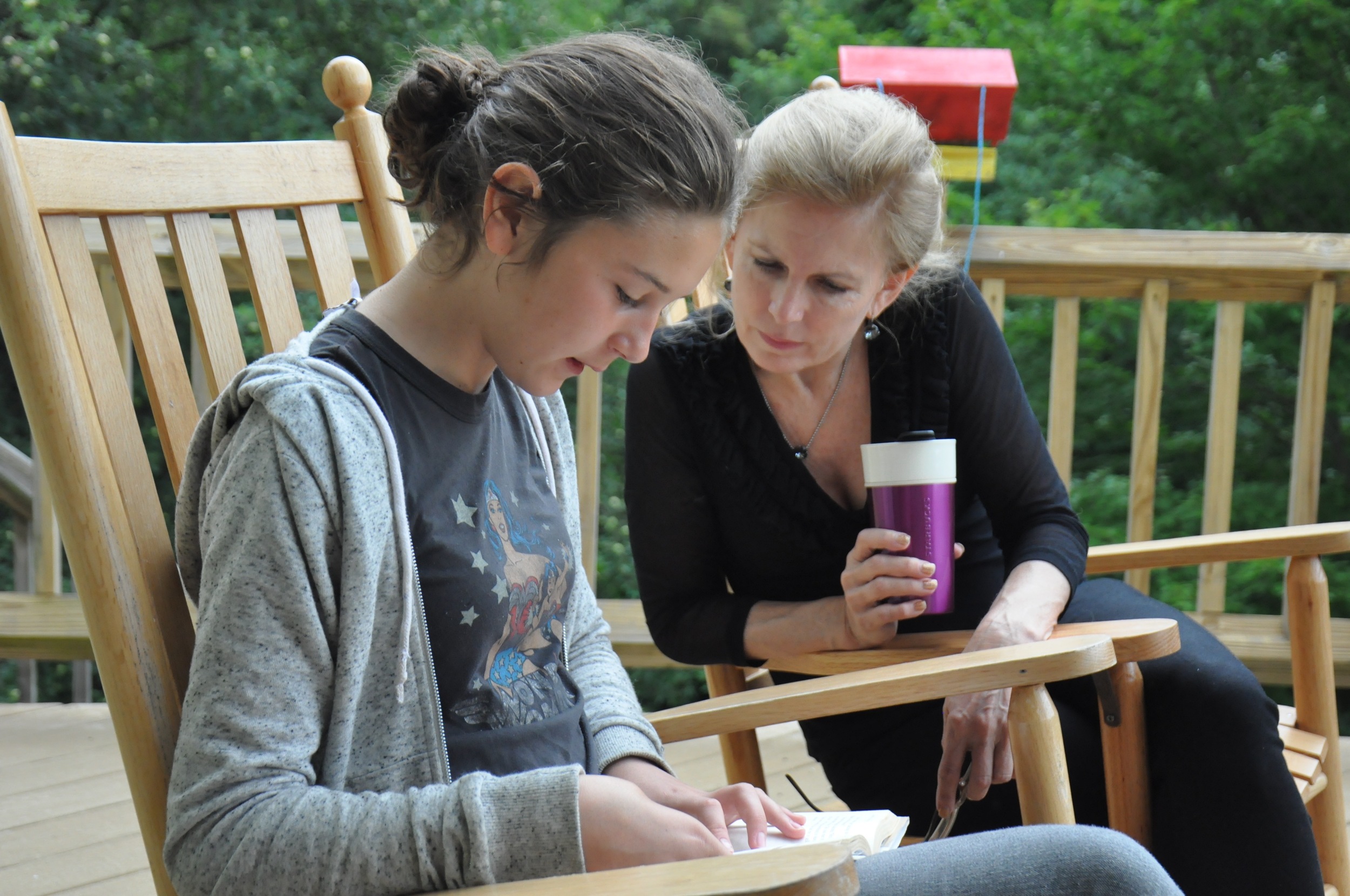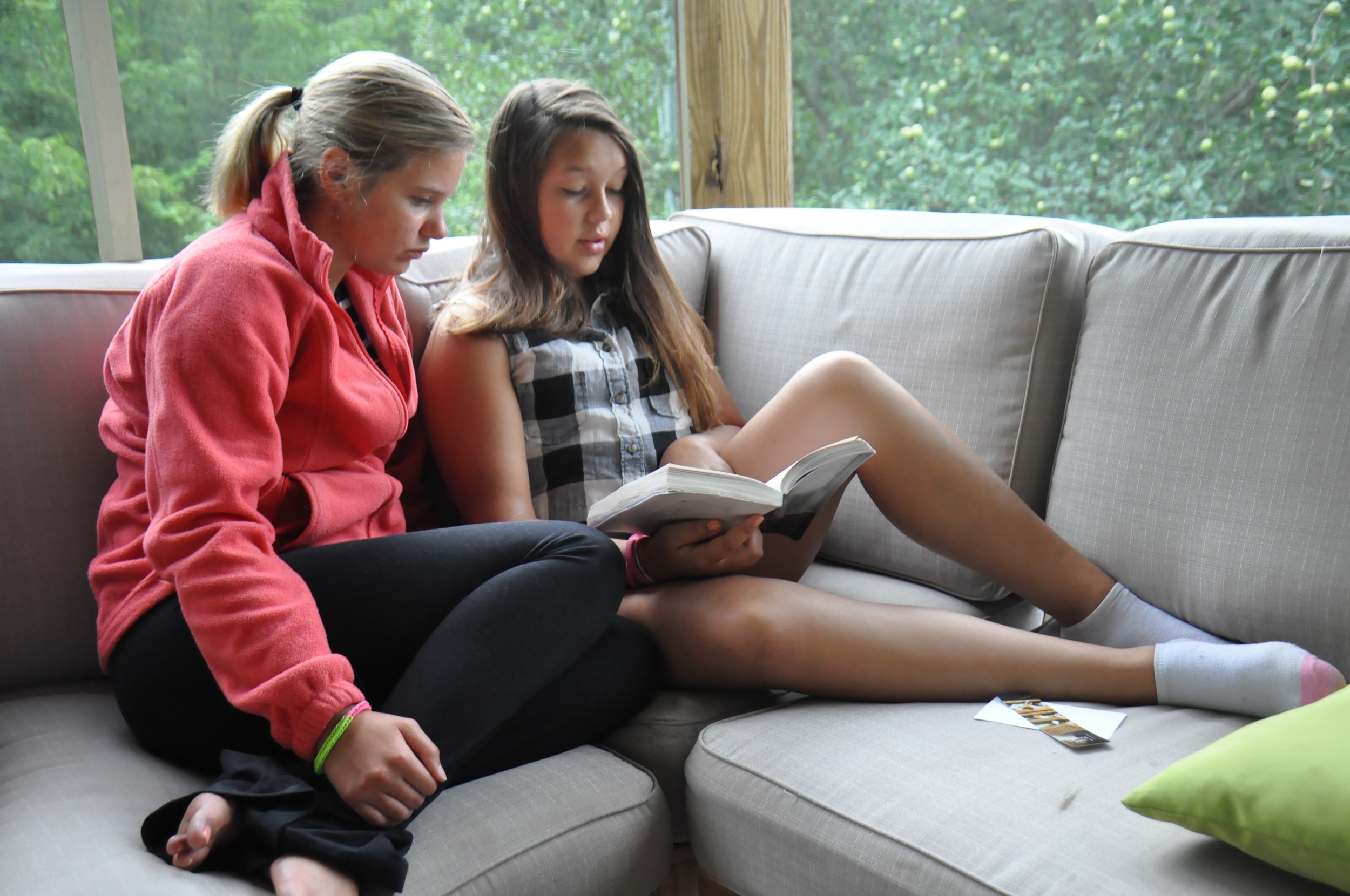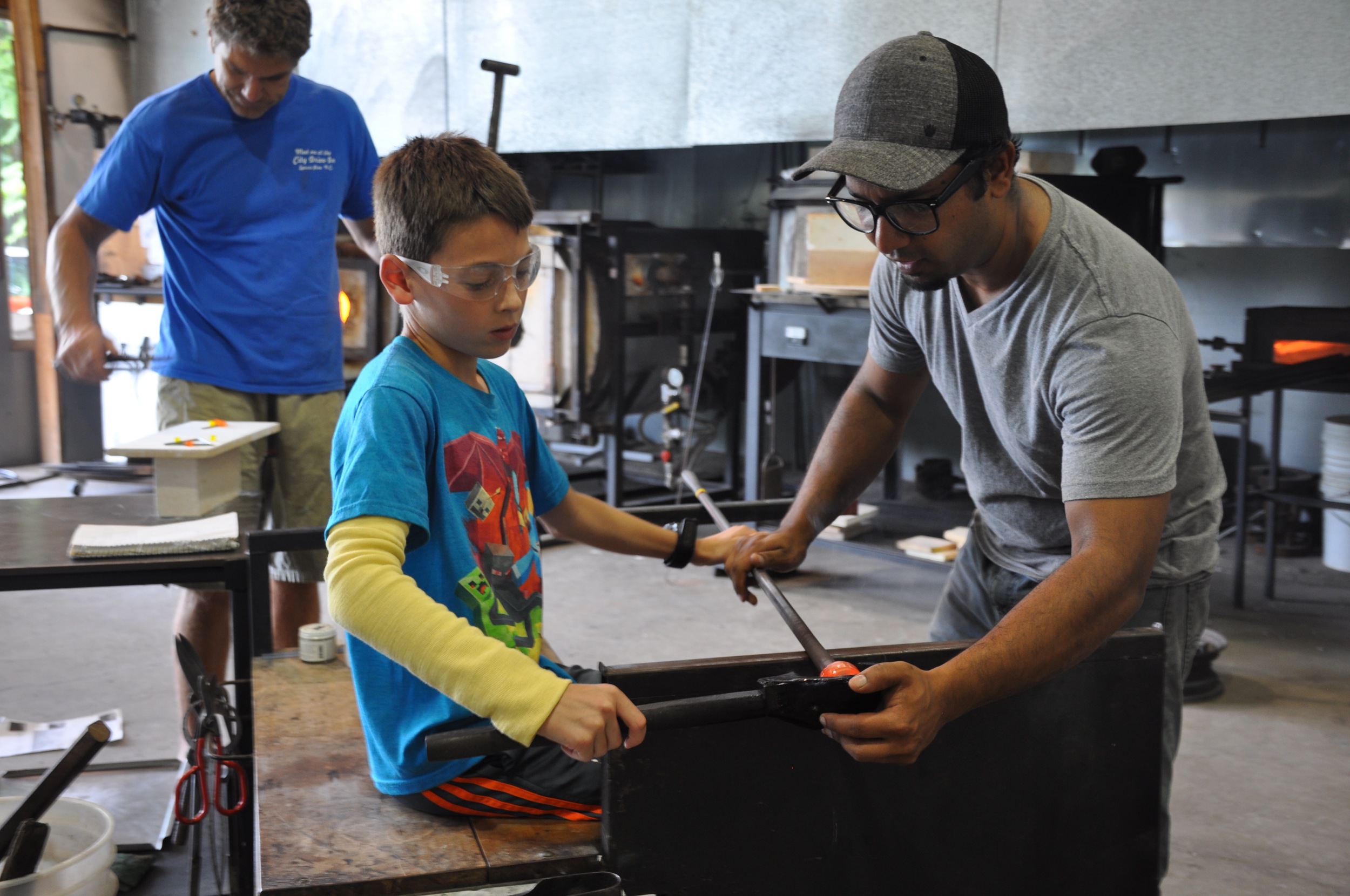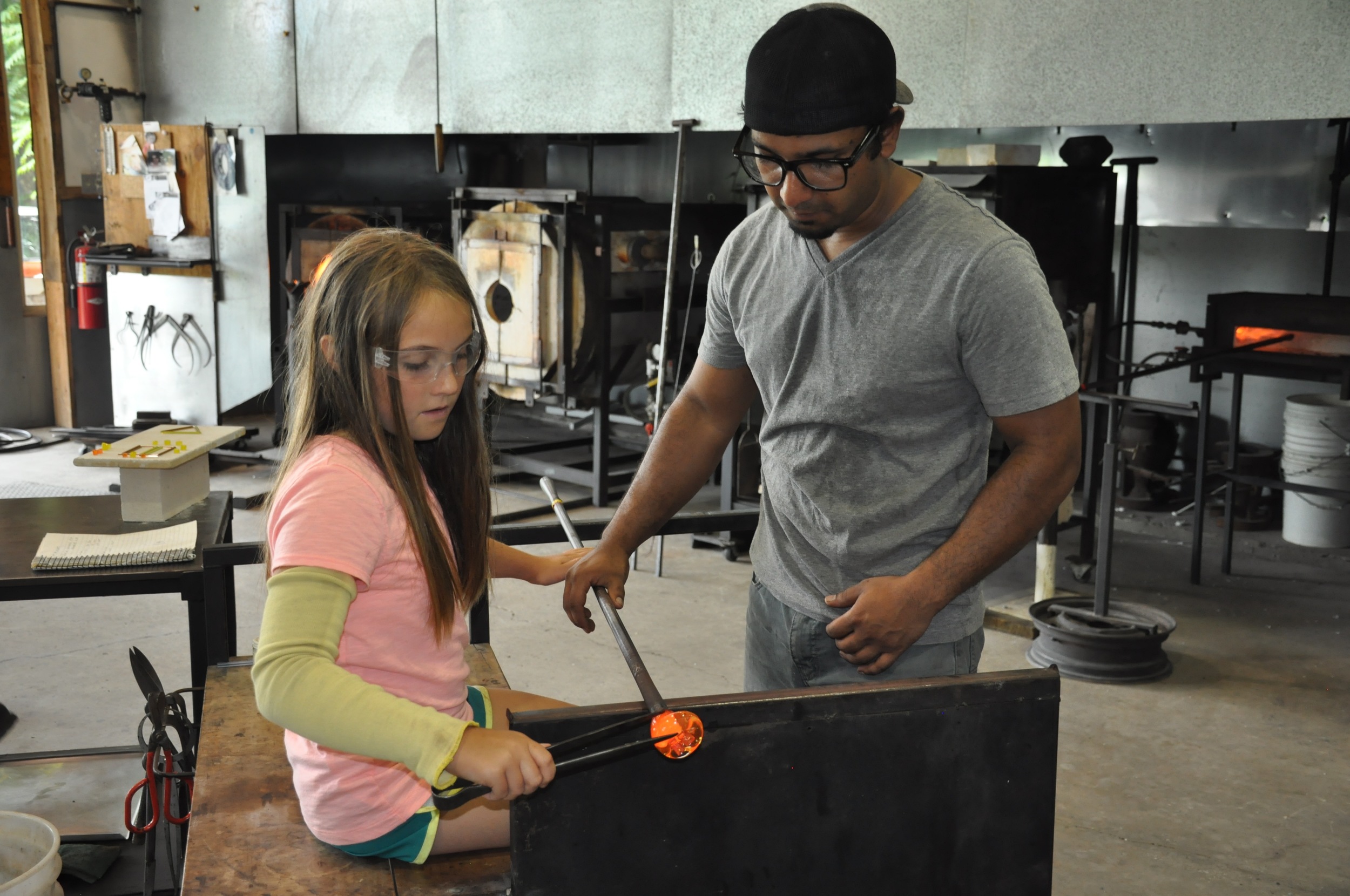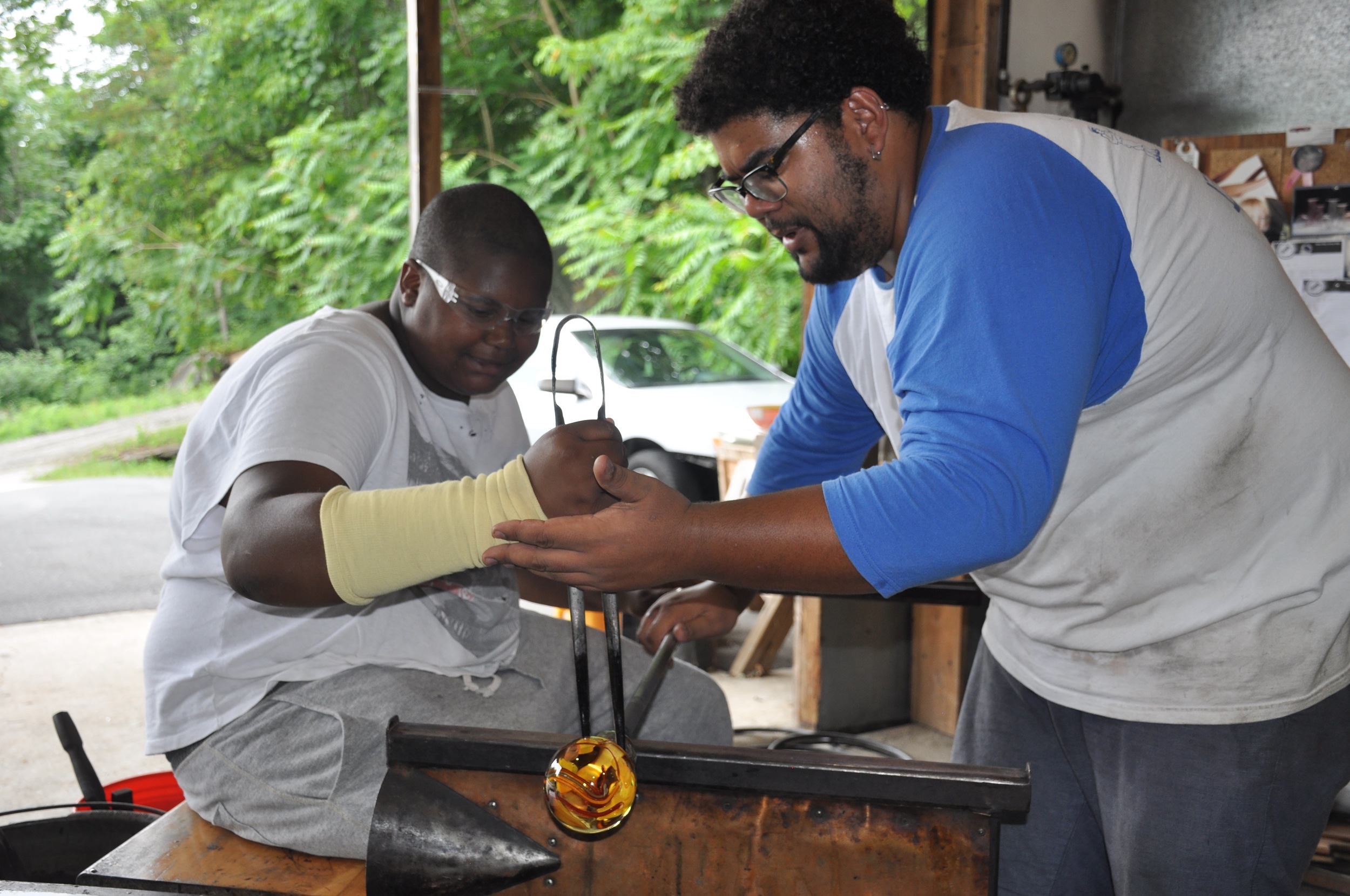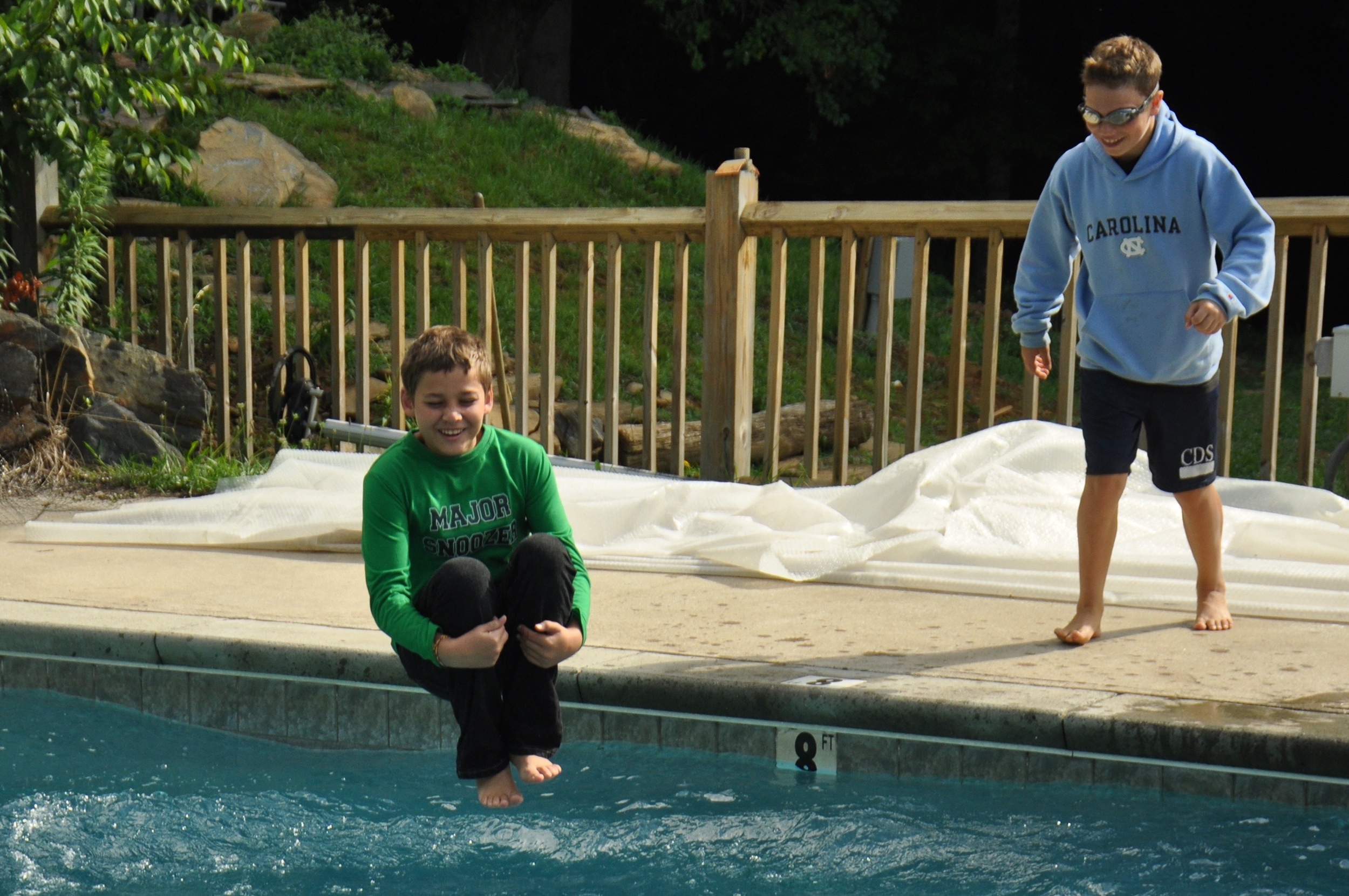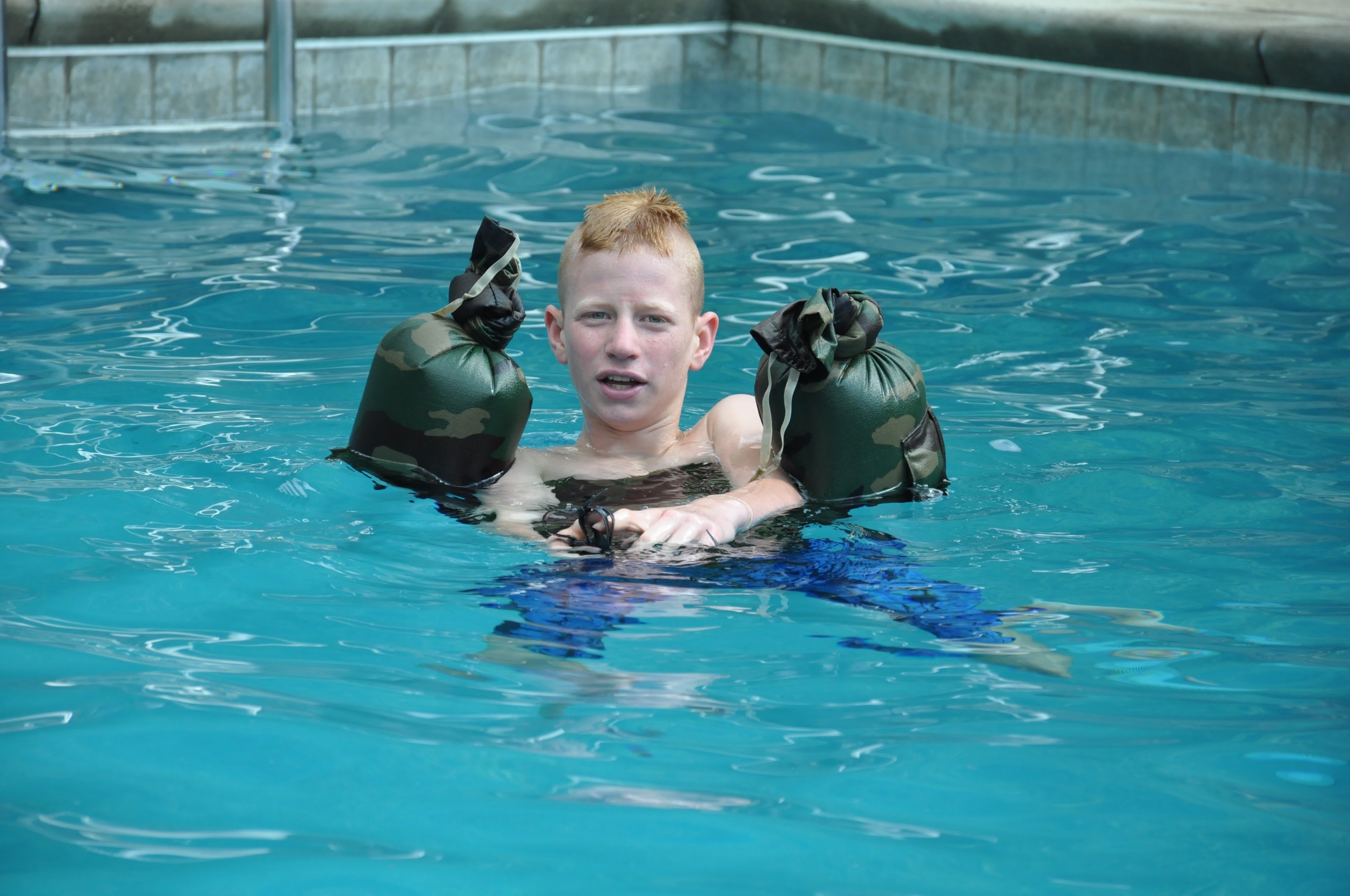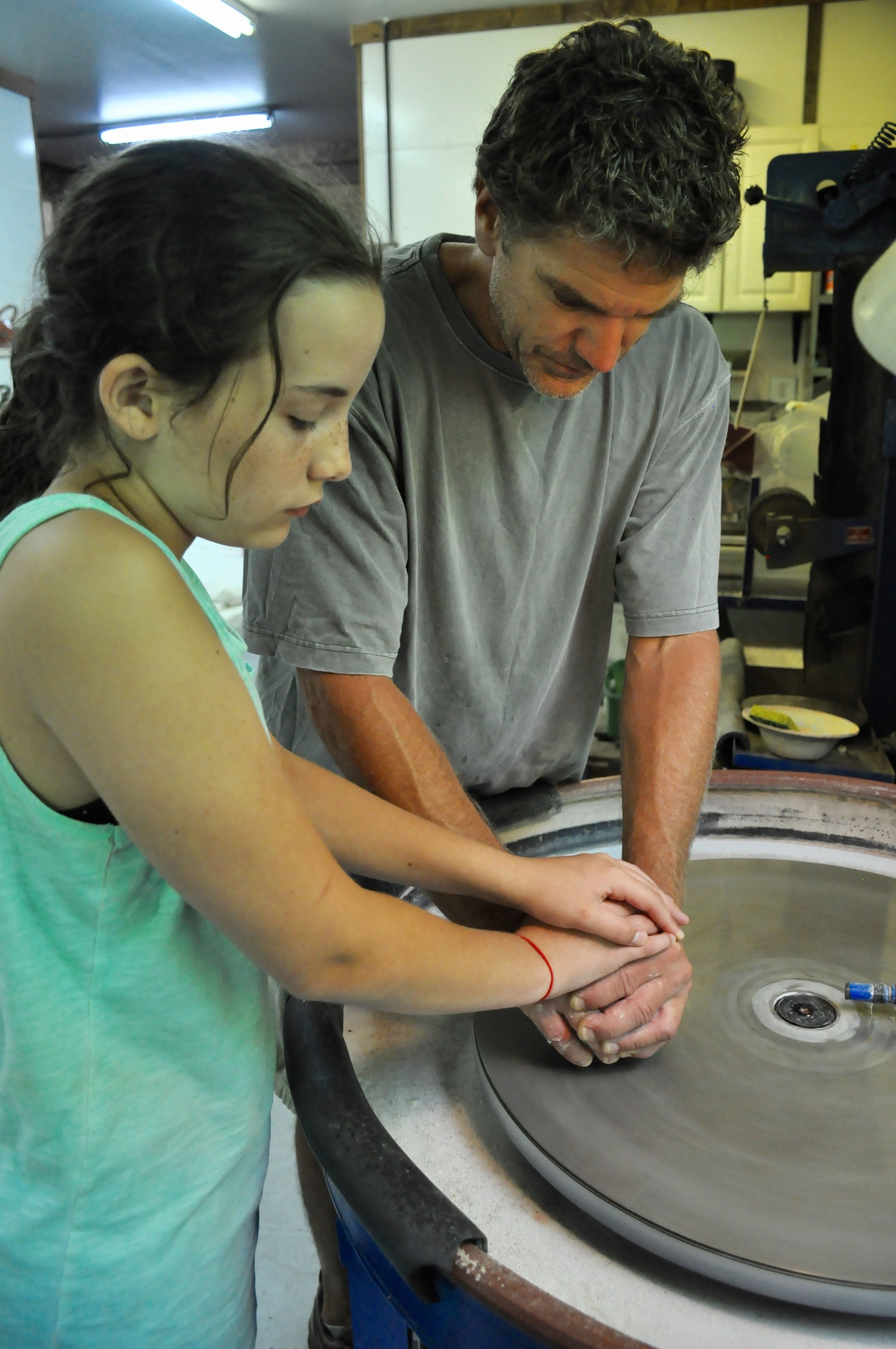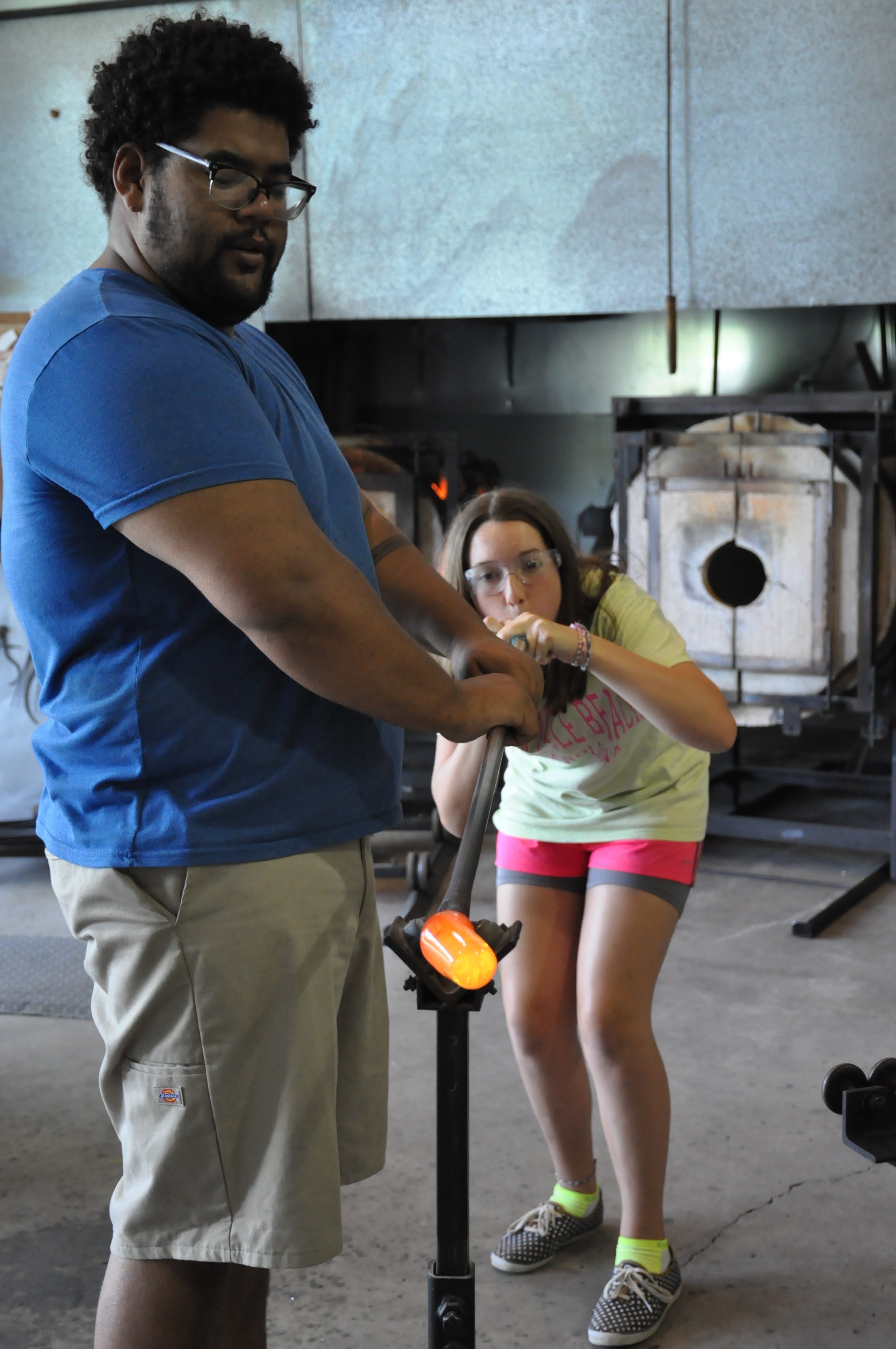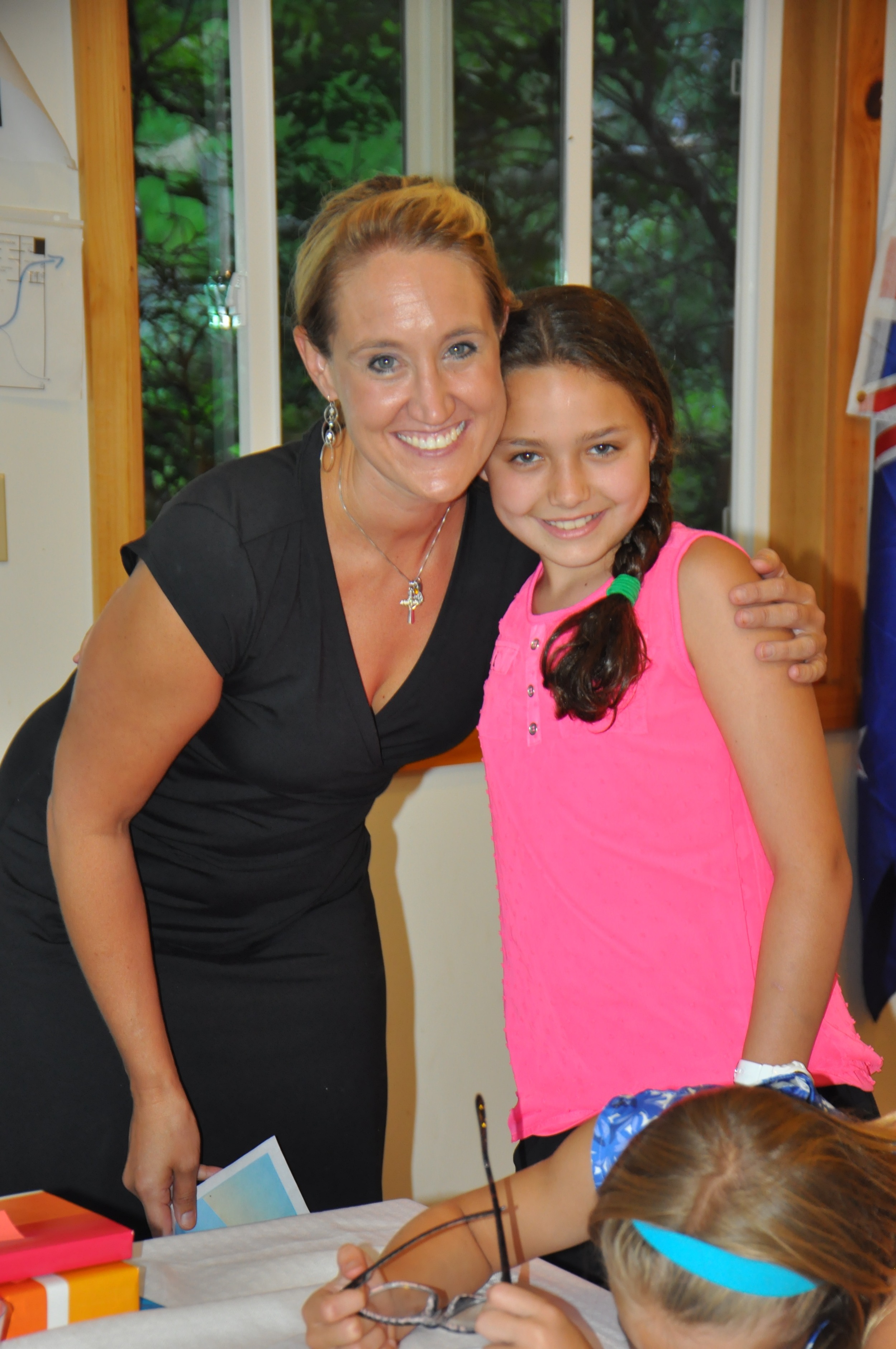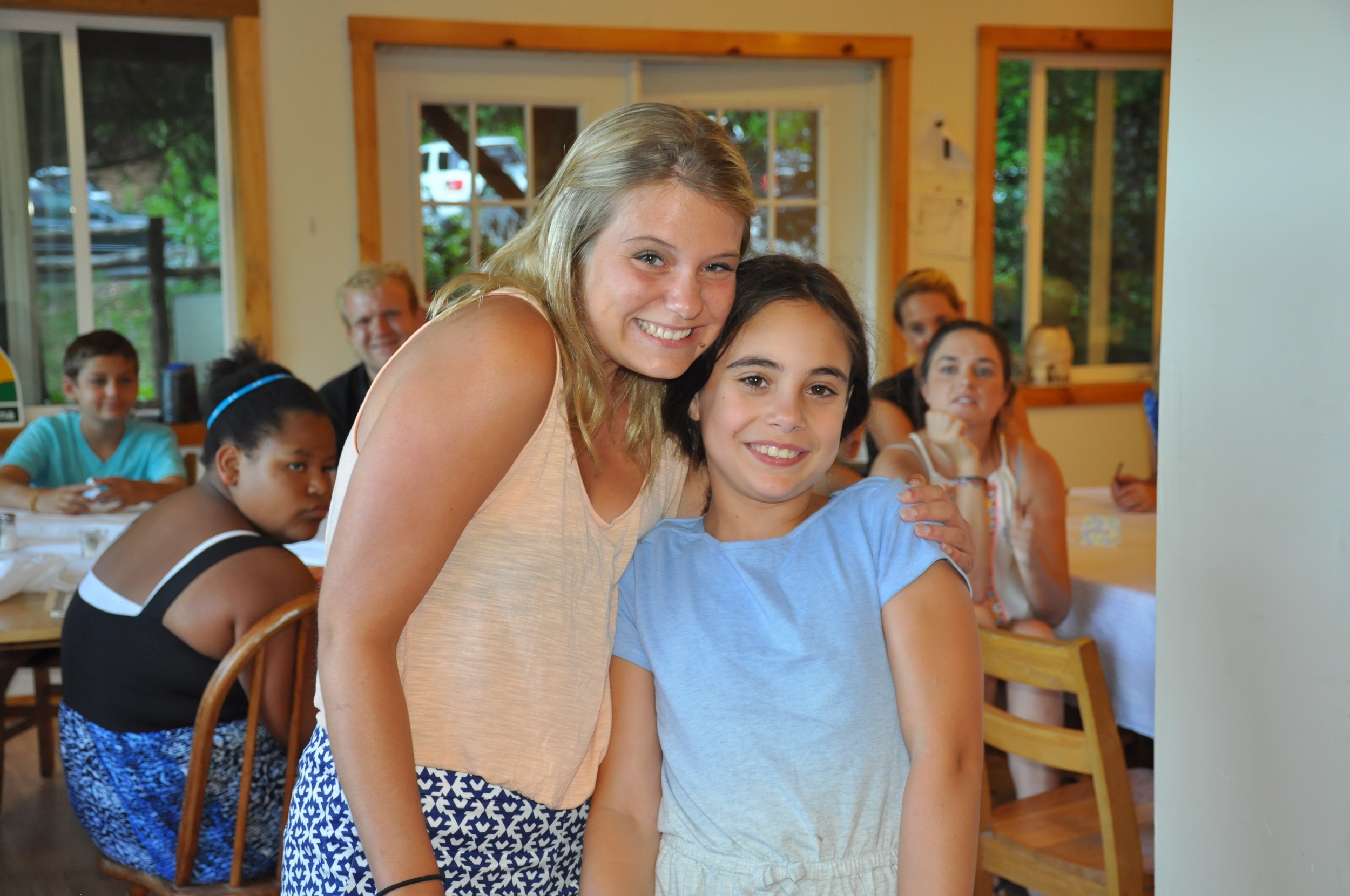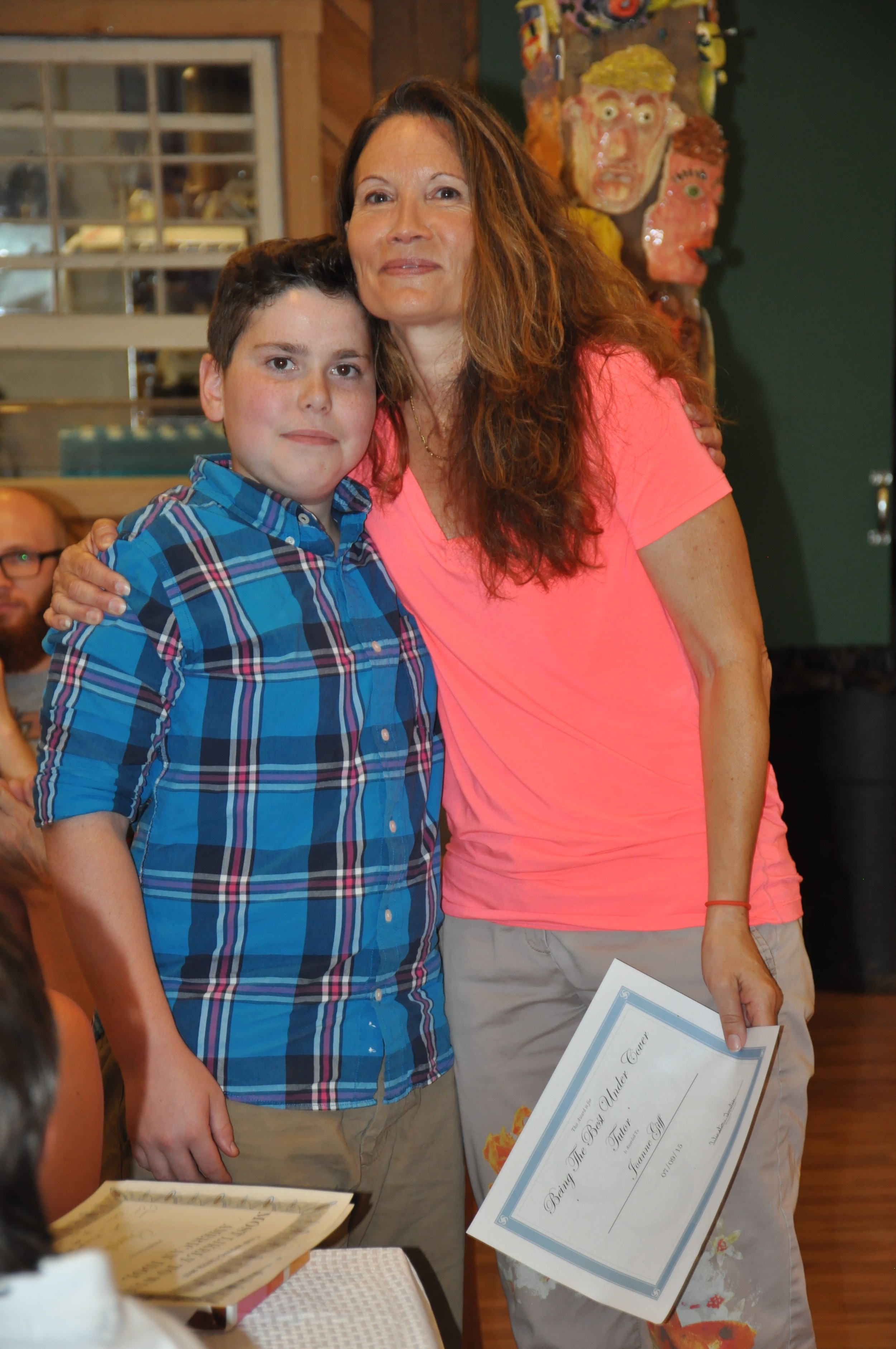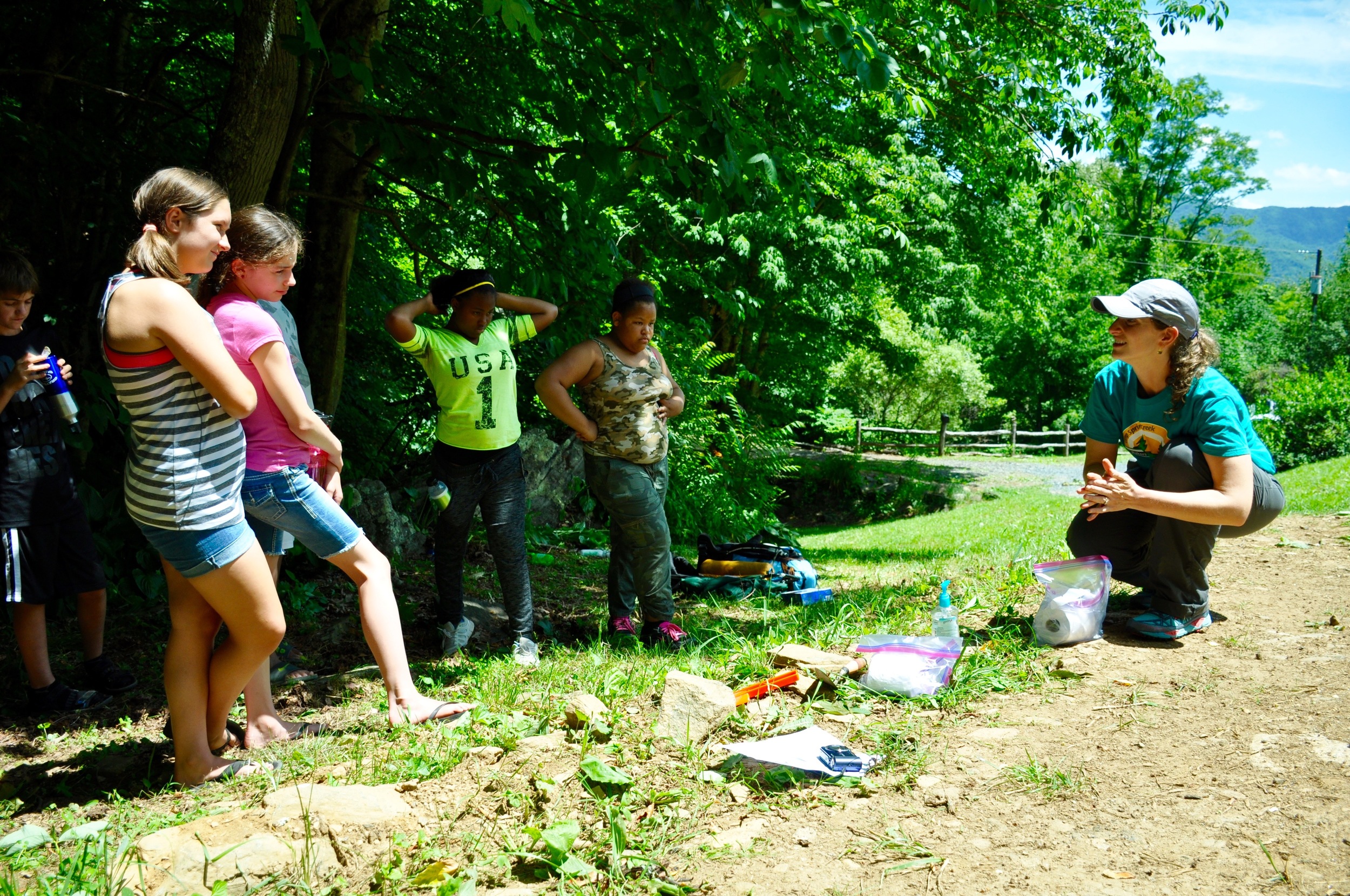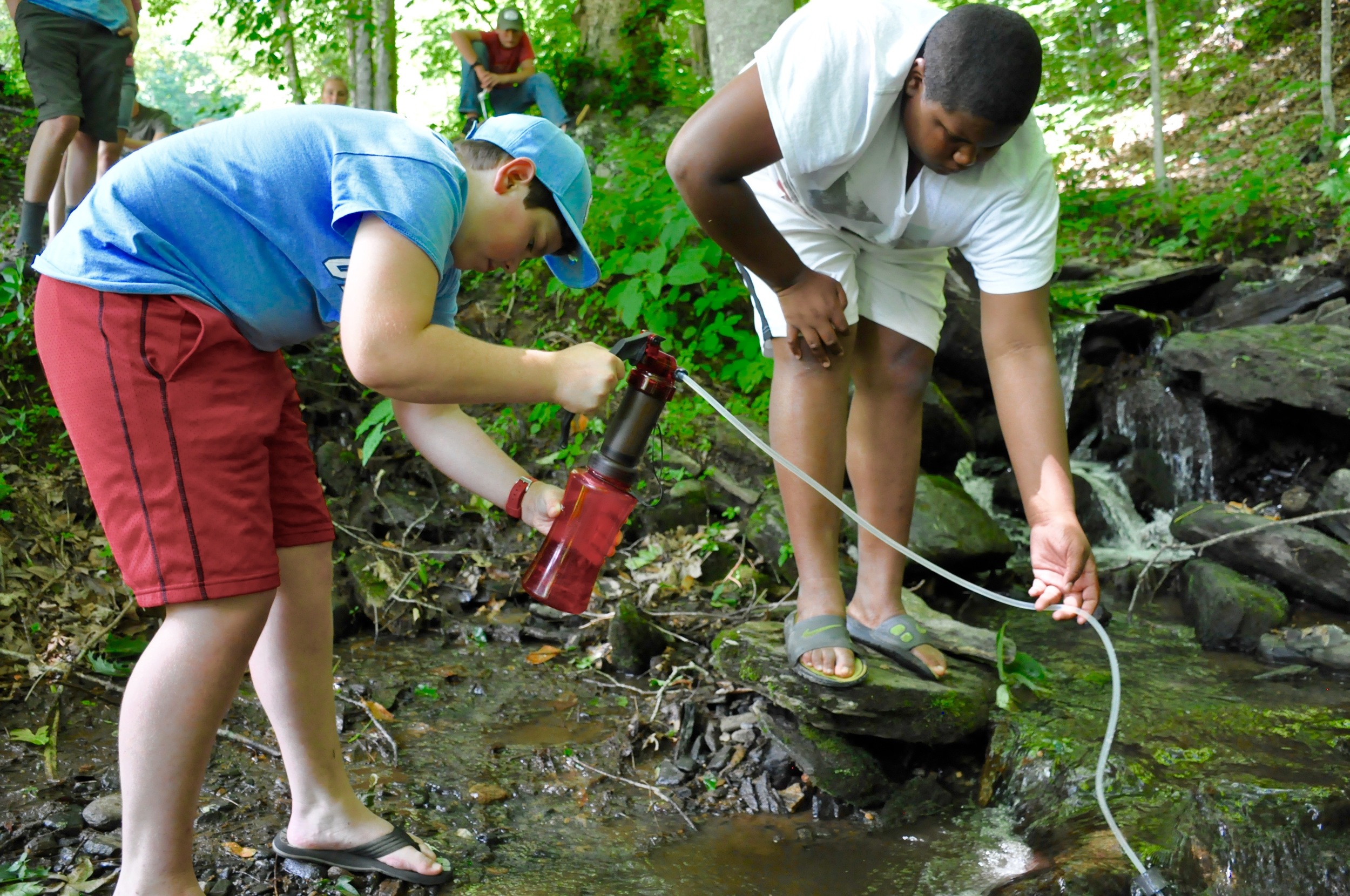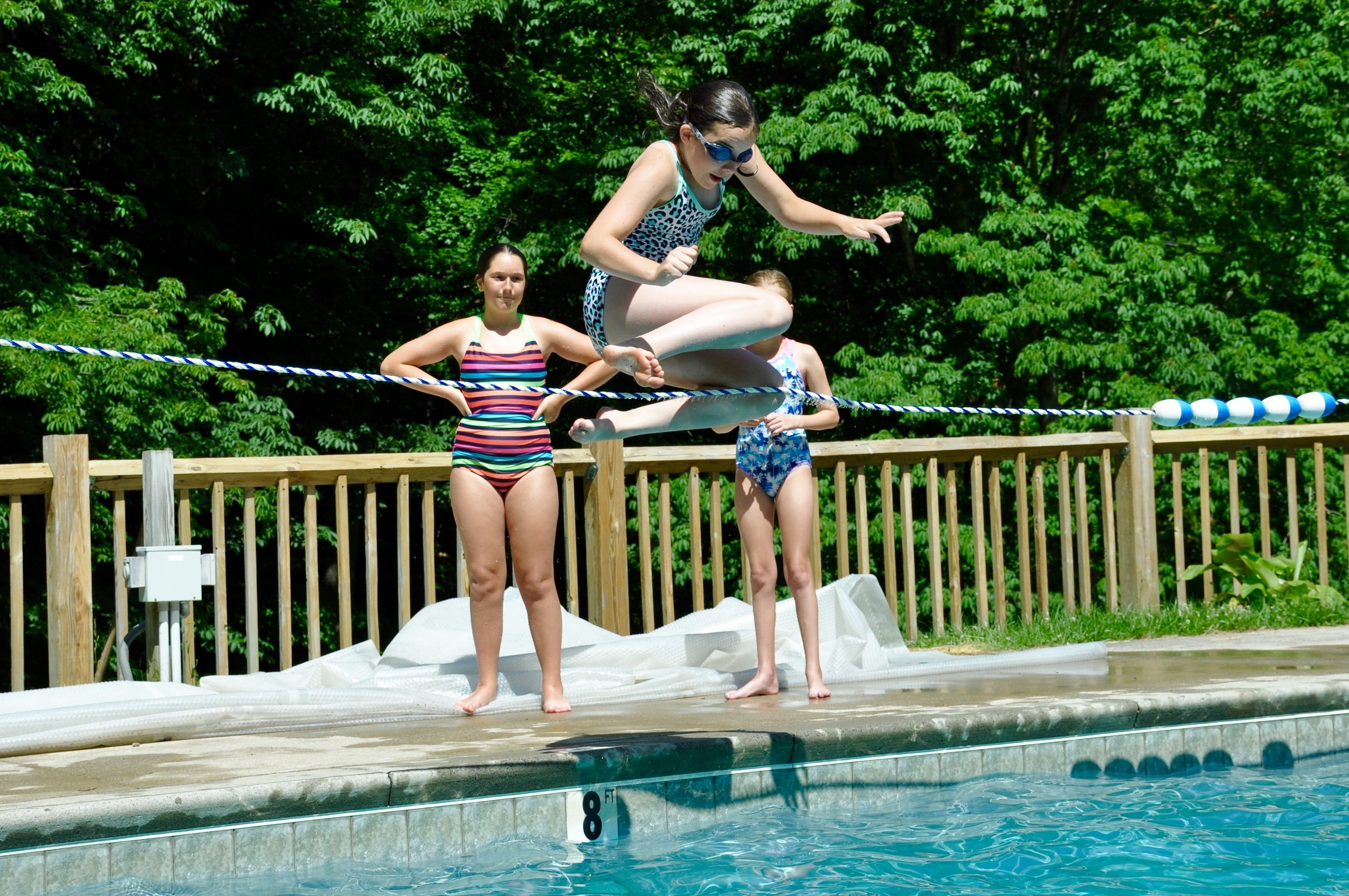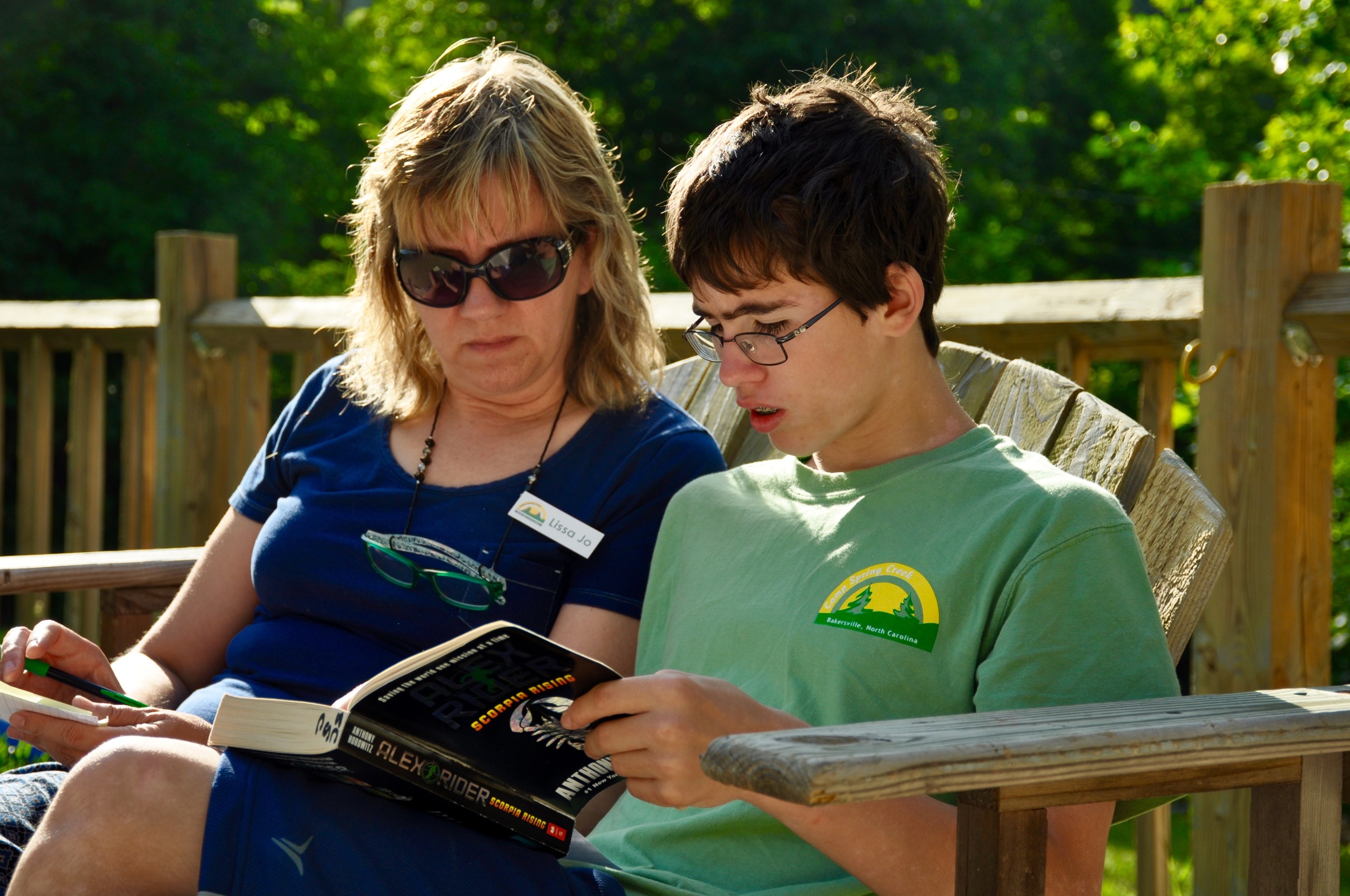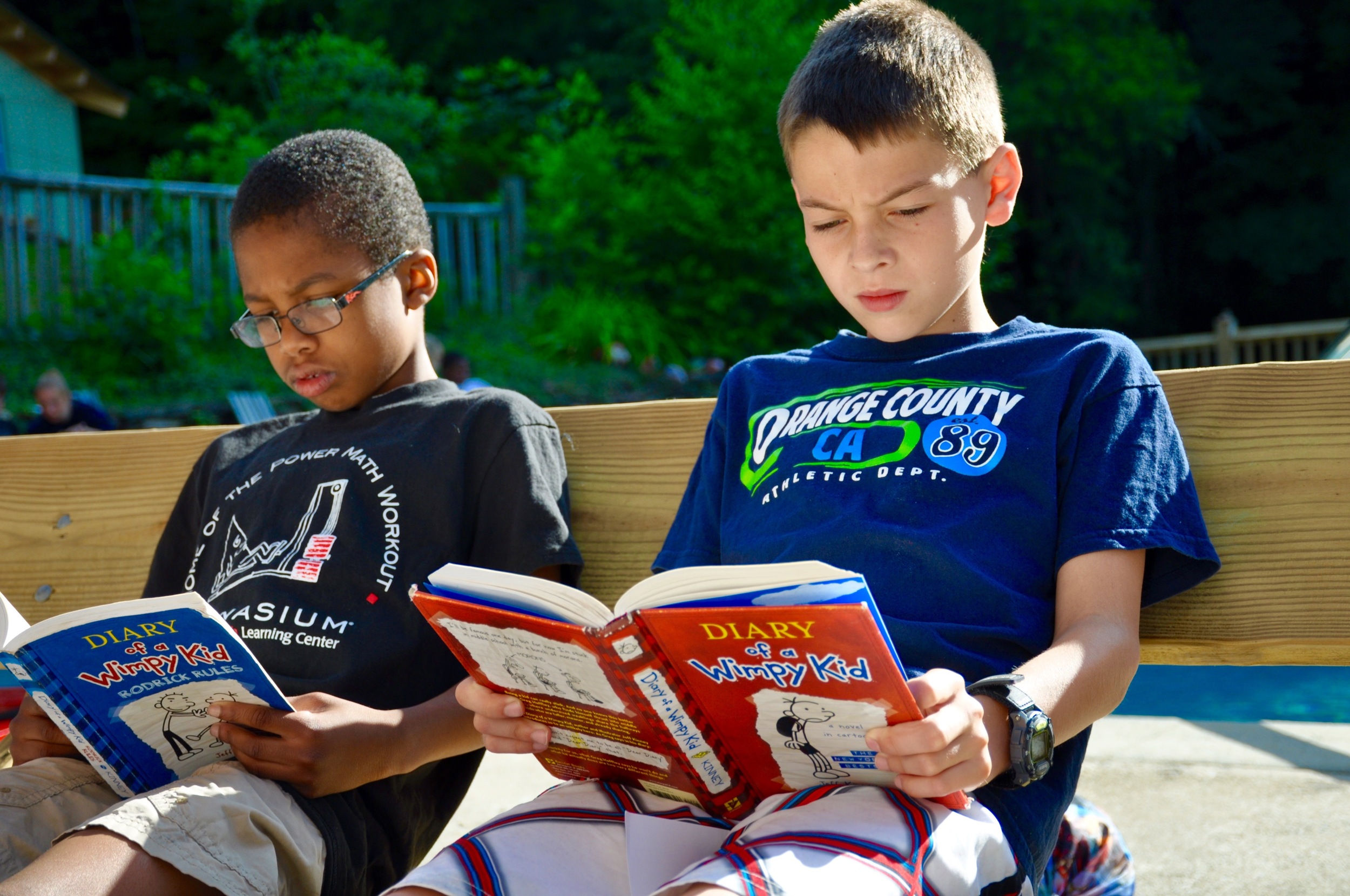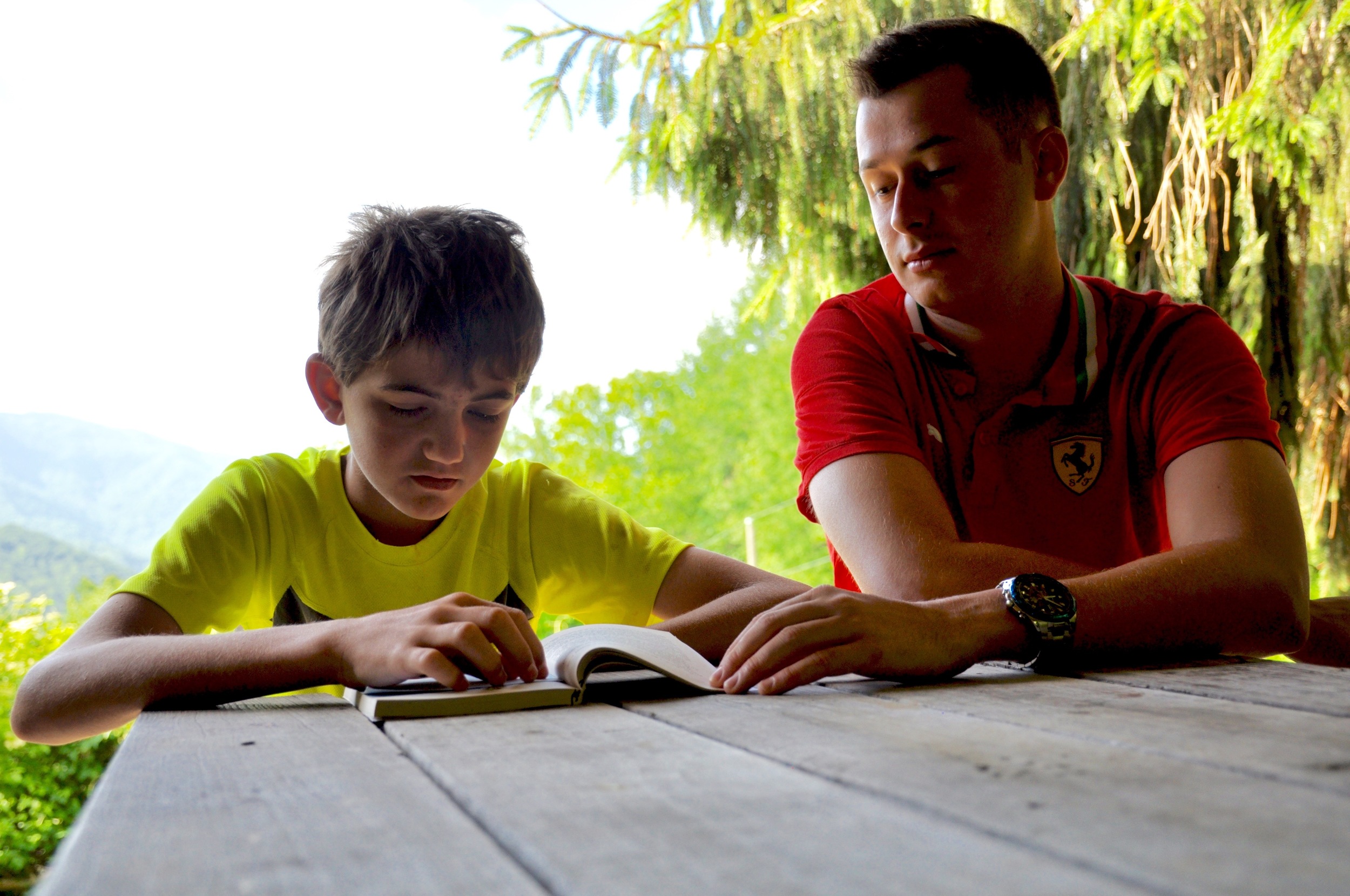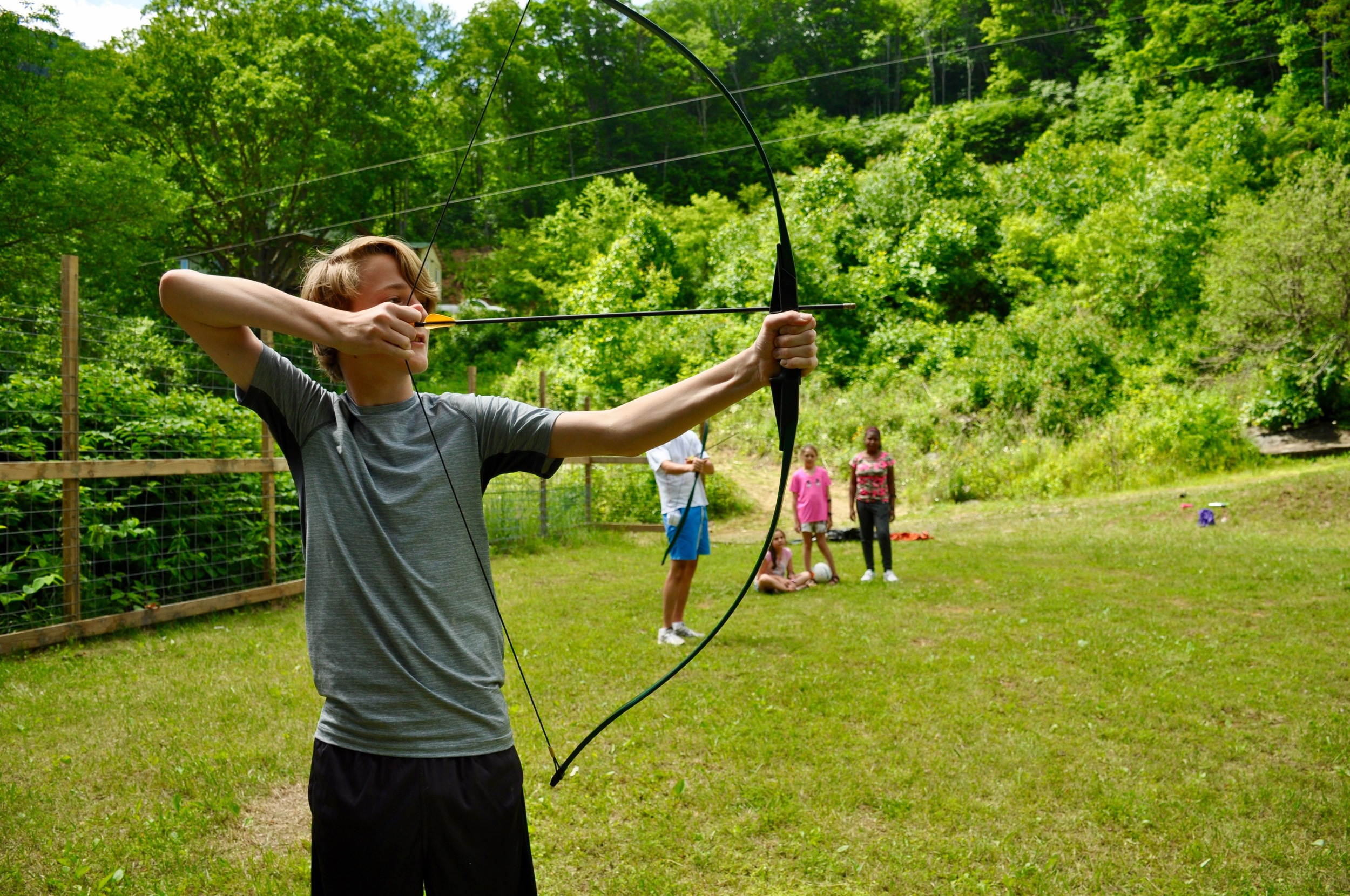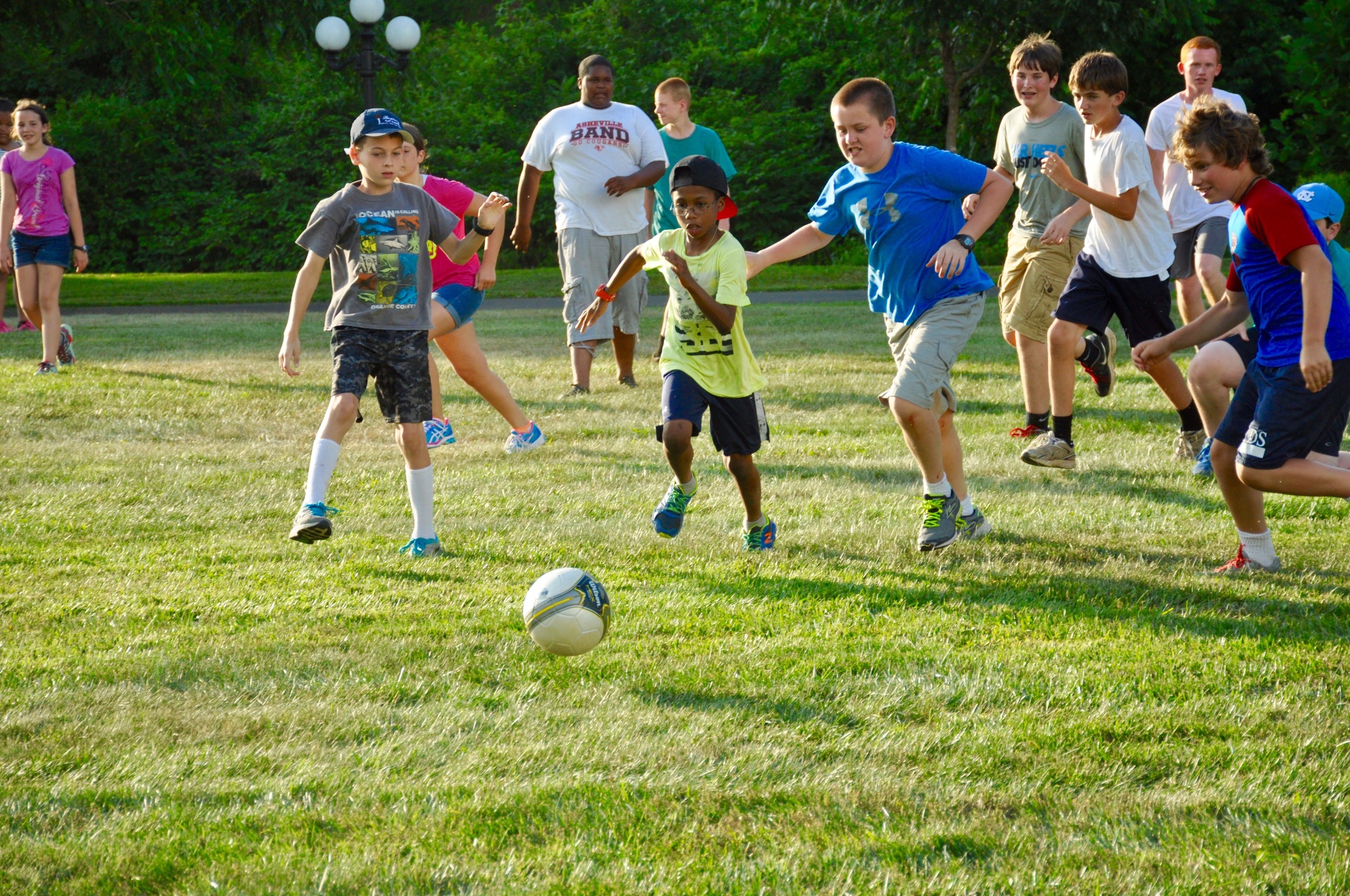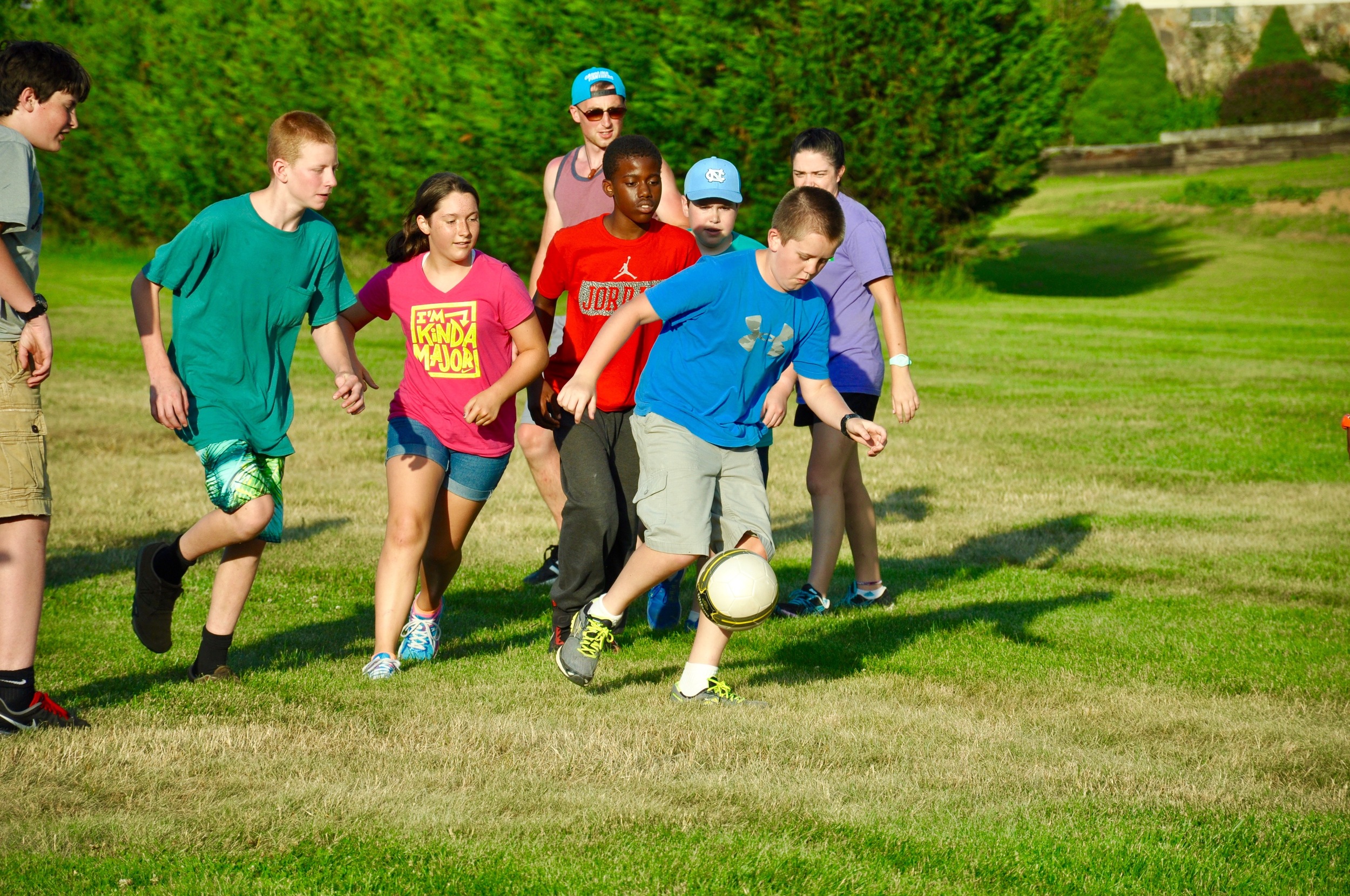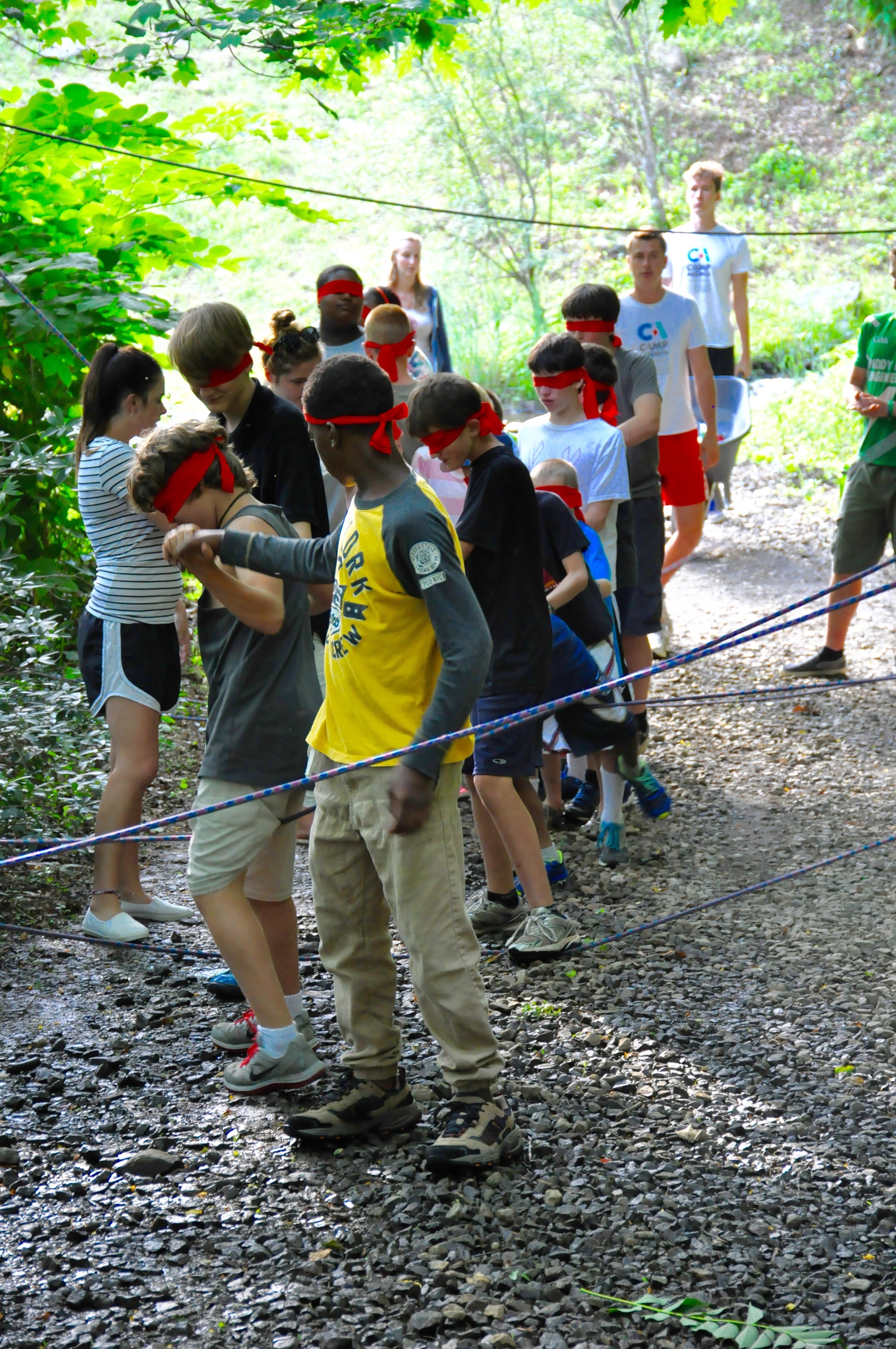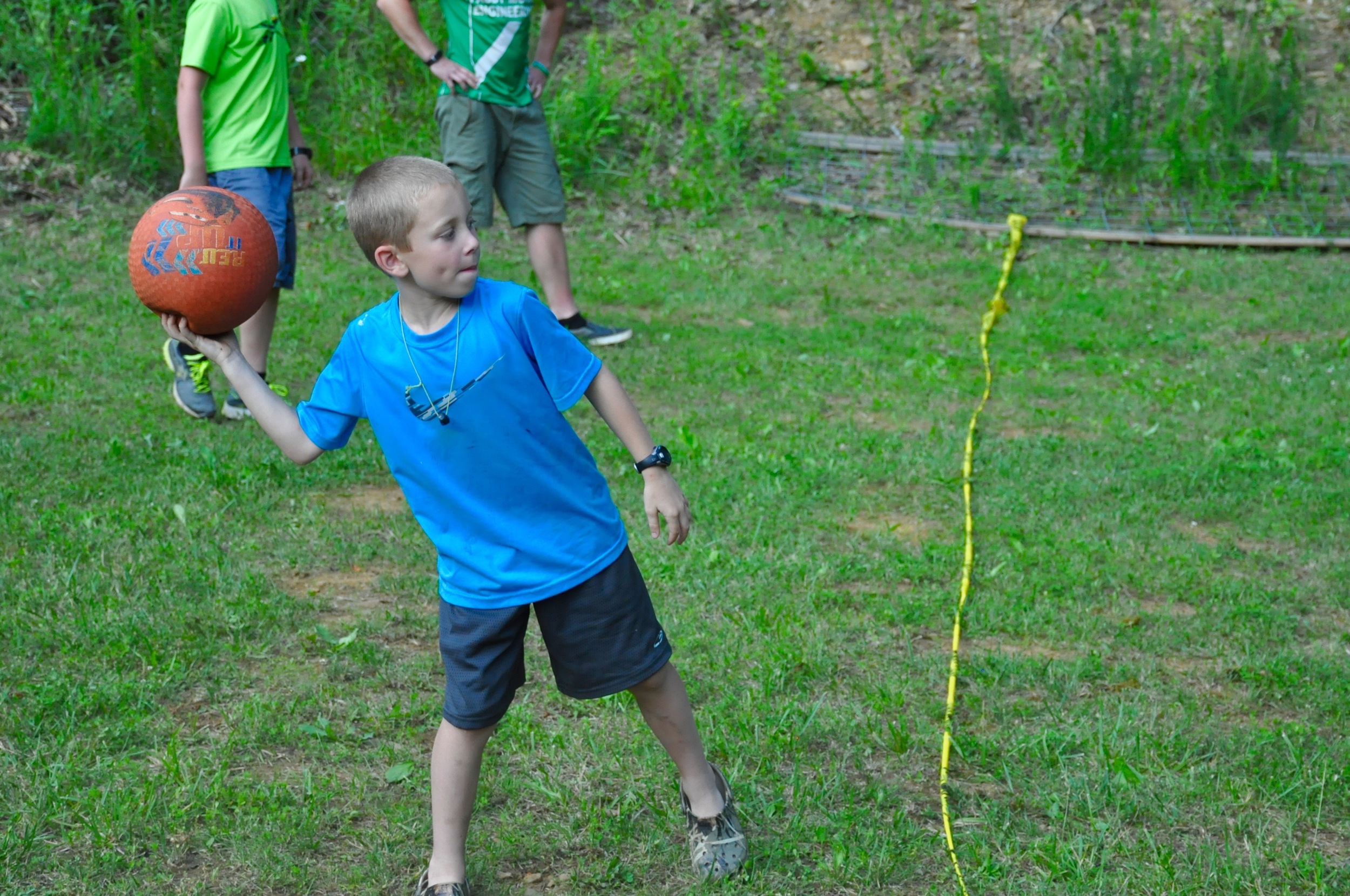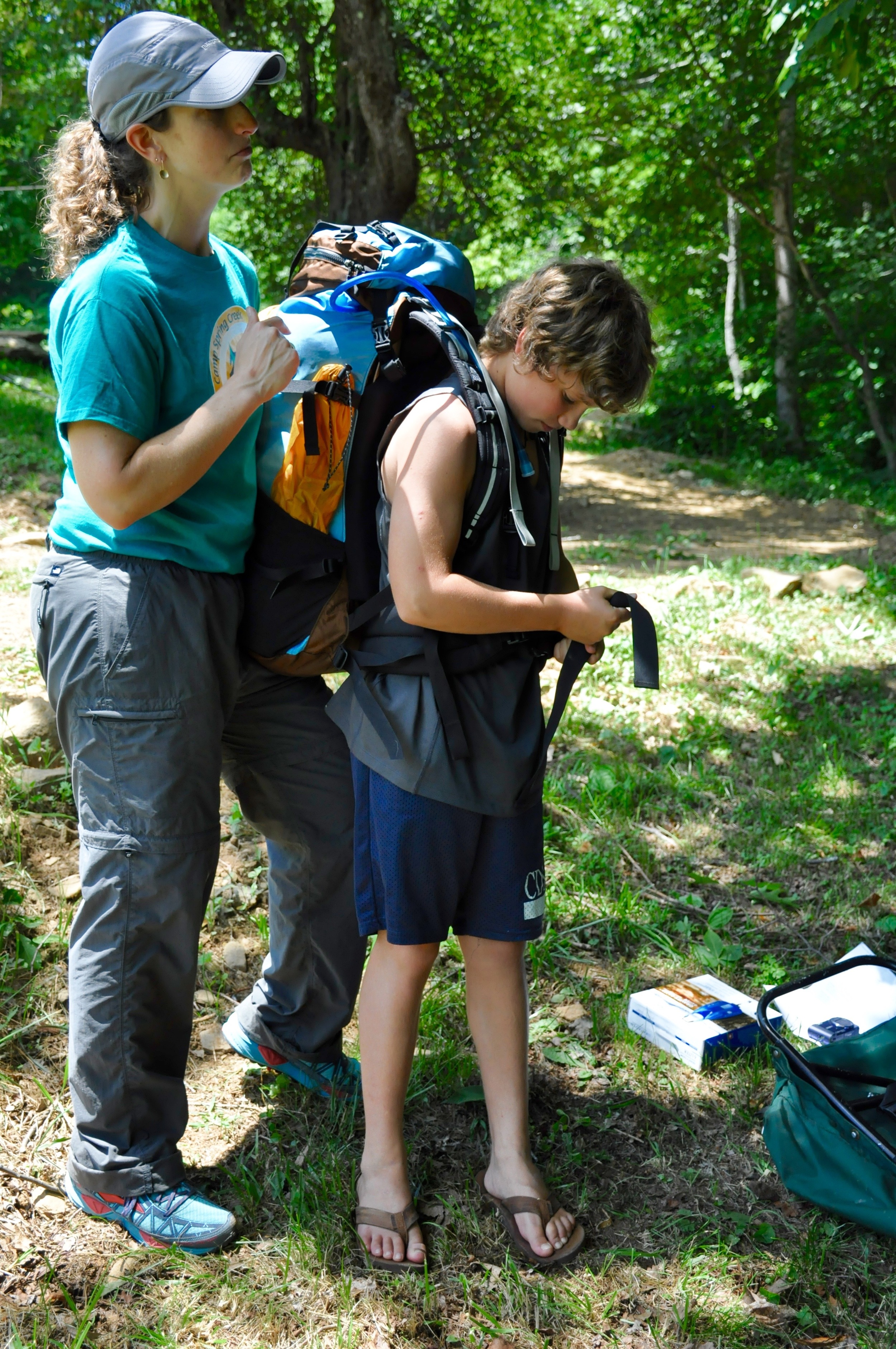 Jen Ramming had no idea that volunteering in a third grade classroom would change her life. “The dynamics fascinated me,” she recalls. “I asked the teacher what I could do to help. One day, she asked me to take three boys, who were disruptive, out of the classroom. We went to the library for books and curled up in the hallway where we took turns reading. Although I realized they were clearly bright and capable, not a single one of these young boys, whose lives had been touched by multi-generational poverty, knew more than five words by sight. One knew the alphabet, but not the sounds. They were learning to read while other kids were reading to learn.”
Jen Ramming had no idea that volunteering in a third grade classroom would change her life. “The dynamics fascinated me,” she recalls. “I asked the teacher what I could do to help. One day, she asked me to take three boys, who were disruptive, out of the classroom. We went to the library for books and curled up in the hallway where we took turns reading. Although I realized they were clearly bright and capable, not a single one of these young boys, whose lives had been touched by multi-generational poverty, knew more than five words by sight. One knew the alphabet, but not the sounds. They were learning to read while other kids were reading to learn.”
Before long, Jen had taken one of the boys under her wing, signing him up to play soccer on her son’s team. Knowing his family’s precarious situation, she made sure Jamer always had enough to eat, and went out of her way to pick him up for games. “The soccer team embraced this young man and his family, offering rides, taking him on family outings and even vacations. Essentially, we became extended family.
Other children followed suit. “Suddenly, there were nine boys and girls, each from a family dealing with the challenges of multi-generational poverty. We were opening doors and the kids were walking through. I felt like we had something going that was replicable for other children.”
From that germ of an idea, Jen helped create a board of directors with a group of concerned parents and professionals from varied fields. Together, they founded OpenDoors of Asheville to help local children reach their potential through individualized networks of support and a ![images[1]](http://static1.squarespace.com/static/572e2bdcd51cd4708373efa6/576841a83f405861058de241/576842583f405861058e01ad/1466450520273/images11.jpg?format=original) host of educational and enrichment opportunities. These opportunities, which range from tutoring to summer camp, are designed to help children begin to invest in themselves and ultimately break the cycle of multi-generational poverty. Jen is proud to serve as the organization’s executive director.
host of educational and enrichment opportunities. These opportunities, which range from tutoring to summer camp, are designed to help children begin to invest in themselves and ultimately break the cycle of multi-generational poverty. Jen is proud to serve as the organization’s executive director.
Having spent time observing Jamer, Jen’s friend Dr. Marcy Sirkin, who owns Arden Reading Clinic North, had a gut feeling he was dyslexic. She then asked colleague Dr. Deirdre Christy to evaluate him. As suspected, Dr. Christy confirmed he was bright and profoundly dyslexic.
With that knowledge in hand, Jen began learning about Individualized Education Plans (IEP) and how to navigate the system and advocate for him. “It didn’t take me long to realize how overlooked and underserved this child had been.”
With Jamer already so far behind in reading, Jen knew a remediation plan had to be put in place. Based on research and conversations with Dr. Sirkin, she believed the most effective solution would be to access an experienced Orton-Gillingham (O-G) tutor.
Jen likes to say she became an O-G groupie when she saw Jamer’s progress. “In one year, he jumped two full grade levels in reading. By the time he was in 8th grade, and being exclusively homeschooled in Orton, he was getting the equivalent of A’s and B’s. If you give children the tools, they become readers who want to learn.”
Jamer’s progress clearly illustrated the benefits of O-G’s multi-sensory approach to teaching reading and writing. Knowing O-G would help OpenDoors children achieve significant gains, the organization began laying the groundwork to fund teacher training within the Asheville City School District that served her young clients.
Drawing on general operating funds, OpenDoors hired O-G Fellow and Camp Spring Creek Co-Founder Susie van der Vorst to train a hand-picked group of Asheville City Schools’ teachers, Since then, OpenDoors has shared the training expenses with Asheville City Schools in addition to securing grants such as the Community Foundation of Western North Carolina “People in Need” grant.
![unnamed[1] (8)](http://static1.squarespace.com/static/572e2bdcd51cd4708373efa6/576841a83f405861058de241/576842583f405861058e01a7/1466450520160/unnamed1-8.jpg?format=original)
Asheville City Schools Teacher Scott Fisher is grateful to OpenDoors for helping him open a door of his own. “O-G training has had a huge impact on my understanding of the English language, and on developmentally appropriate practices for reading and writing. I now have a much stronger grasp on the spelling patterns of our language, and can accommodate more student inquiries than I was able to in the past. I am more capable of keeping my entire class engaged in our learning because I can slip slightly more advanced rules and patterns to those students who are ready, while still reinforcing basic phonetic instruction for the entire class.”
OpenDoors prioritizes training for kindergarten, first and second grade teachers. “Early intervention is critical, especially for children living in poverty,” Jen says. “Research has shown that teaching reading to children from multi-generational poverty is often like teaching them a second language because they’ve not had as many language enriched experiences as a child whose family has ample resources. They grasp so much more when the words are broken down using a multi-sensory approach.”
While OpenDoors is working to determine the best methods for capturing data to detail student and teachers success, of this they are certain – since incorporating O-G, there is a clear rise in reading levels, self-esteem, improved behavior and attendance among OpenDoors students.
“If you take away the financial barriers, parents throughout the country choose the O-G approach to help their children who struggle to read,” Jen says. “It’s one of the only research based methods proven to meet children where they are and give them the tools they need to become confident readers and writers. It’s not just what children with financial means need; it’s what all children need.”
According to literacy experts like Dr. Sally Shaywitz, all children can learn to read. “We understand that 95% of our nation’s children can learn to read on grade level, and the other 5% can learn to be functionally literate with appropriate support,” Jen notes. “It’s important to set the bar at 100% literacy using proven strategies for teaching because illiteracy is akin to a life sentence.”
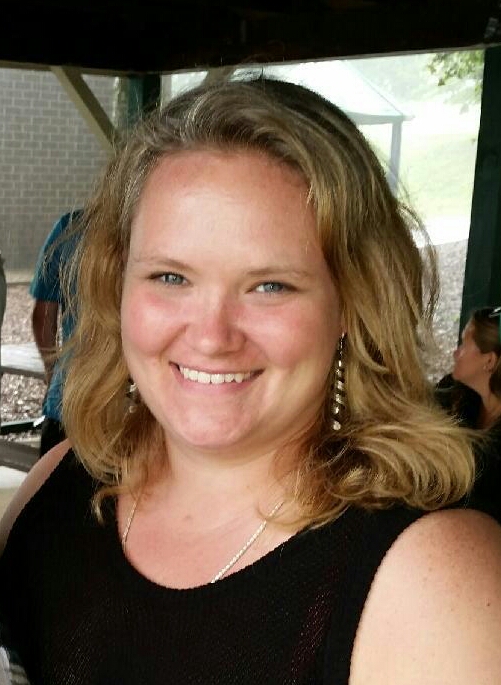 Technical Community College told her he had signed her up for Orton Gillingham Associate Level training with Susie van der Vorst. As she began looking through the training materials that had been forwarded her way, the English Language Learner teacher, who had recently been asked to take on GED classes as well, felt clearer.
“When I took a look at the notebook we’d be working from, I was overwhelmed,” Bridget says. “Once we got started, though, I realized every teacher and every student should have this understanding of language.”
Technical Community College told her he had signed her up for Orton Gillingham Associate Level training with Susie van der Vorst. As she began looking through the training materials that had been forwarded her way, the English Language Learner teacher, who had recently been asked to take on GED classes as well, felt clearer.
“When I took a look at the notebook we’d be working from, I was overwhelmed,” Bridget says. “Once we got started, though, I realized every teacher and every student should have this understanding of language.”
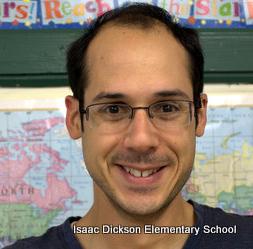 Scott Fisher’s enthusiasm is contagious. "The thing I love most about teaching is that moment of discovery, when children make connections and their little brains explode," says Scott, who teaches kindergarten at Asheville’s Isaac Dixon Elementary. "You can see it in their faces. It's priceless."
Scott also believes the Orton-Gillingham (O-G) training he recently went through is priceless. "O-G training has had a huge impact on my understanding of both the English language and developmentally appropriate teaching practices for reading and writing."
Scott Fisher’s enthusiasm is contagious. "The thing I love most about teaching is that moment of discovery, when children make connections and their little brains explode," says Scott, who teaches kindergarten at Asheville’s Isaac Dixon Elementary. "You can see it in their faces. It's priceless."
Scott also believes the Orton-Gillingham (O-G) training he recently went through is priceless. "O-G training has had a huge impact on my understanding of both the English language and developmentally appropriate teaching practices for reading and writing."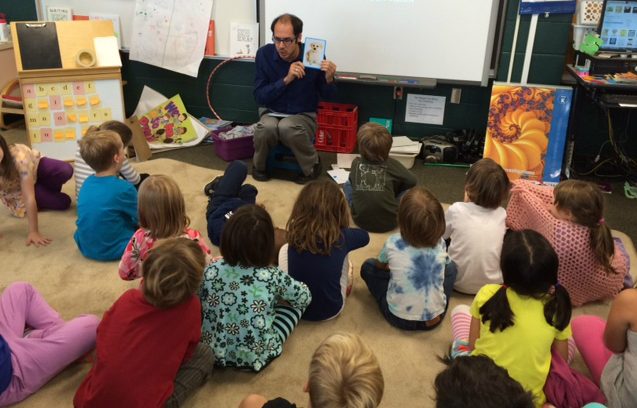
 Jen Ramming had no idea that volunteering in a third grade classroom would change her life. “The dynamics fascinated me,” she recalls. “I asked the teacher what I could do to help. One day, she asked me to take three boys, who were disruptive, out of the classroom. We went to the library for books and curled up in the hallway where we took turns reading. Although I realized they were clearly bright and capable, not a single one of these young boys, whose lives had been touched by multi-generational poverty, knew more than five words by sight. One knew the alphabet, but not the sounds. They were learning to read while other kids were reading to learn.”
Jen Ramming had no idea that volunteering in a third grade classroom would change her life. “The dynamics fascinated me,” she recalls. “I asked the teacher what I could do to help. One day, she asked me to take three boys, who were disruptive, out of the classroom. We went to the library for books and curled up in the hallway where we took turns reading. Although I realized they were clearly bright and capable, not a single one of these young boys, whose lives had been touched by multi-generational poverty, knew more than five words by sight. One knew the alphabet, but not the sounds. They were learning to read while other kids were reading to learn.”![images[1]](http://static1.squarespace.com/static/572e2bdcd51cd4708373efa6/576841a83f405861058de241/576842583f405861058e01ad/1466450520273/images11.jpg?format=original) host of educational and enrichment opportunities. These opportunities, which range from tutoring to summer camp, are designed to help children begin to invest in themselves and ultimately break the cycle of multi-generational poverty. Jen is proud to serve as the organization’s executive director.
host of educational and enrichment opportunities. These opportunities, which range from tutoring to summer camp, are designed to help children begin to invest in themselves and ultimately break the cycle of multi-generational poverty. Jen is proud to serve as the organization’s executive director.![unnamed[1] (8)](http://static1.squarespace.com/static/572e2bdcd51cd4708373efa6/576841a83f405861058de241/576842583f405861058e01a7/1466450520160/unnamed1-8.jpg?format=original)
 Sherry Robinson realized Bald Creek Elementary had some serious gaps in their literacy program. The Exceptional Children’s (EC) population was the highest in the county. Math scores were unacceptably low. The recently hired principal had been told the school was identified for needing improvement given poor test scores. The question she found herself asking - what was the problem and more importantly, how could she address the challenges?
Although she recognized the path toward academic success was going to be an arduous one, she was still shocked when her newest hire, 4th grade reading teacher Lori McCourry, stepped into her office and told her 13 of her 27 students were reading at only a first grade level.
Sherry Robinson realized Bald Creek Elementary had some serious gaps in their literacy program. The Exceptional Children’s (EC) population was the highest in the county. Math scores were unacceptably low. The recently hired principal had been told the school was identified for needing improvement given poor test scores. The question she found herself asking - what was the problem and more importantly, how could she address the challenges?
Although she recognized the path toward academic success was going to be an arduous one, she was still shocked when her newest hire, 4th grade reading teacher Lori McCourry, stepped into her office and told her 13 of her 27 students were reading at only a first grade level.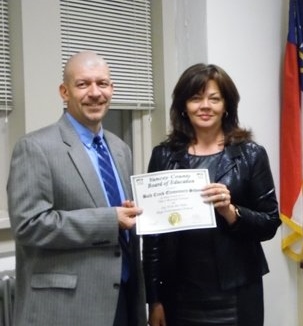
![3052313[1]](http://static1.squarespace.com/static/572e2bdcd51cd4708373efa6/576841a83f405861058de241/576842583f405861058e01a5/1466450520121/30523131.jpg?format=original)
![unnamed[1] (4)](http://static1.squarespace.com/static/572e2bdcd51cd4708373efa6/576841a83f405861058de241/576842573f405861058e0191/1466450519671/unnamed1-4.jpg?format=original)
![11836790_10152903791125448_4283862420779050674_n[1]](http://static1.squarespace.com/static/572e2bdcd51cd4708373efa6/576841a83f405861058de241/576842573f405861058e018b/1466450519554/11836790_10152903791125448_4283862420779050674_n1.jpg?format=original)
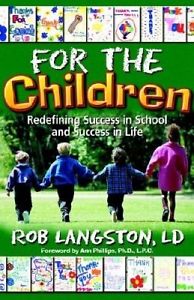 Today's book rec comes from Susie, who suggests that the beginning of the school year is always a great time to review your goals to work as a team with you child's teachers, school administrators, or IEP team members. There can be many barriers, but there can also be many successes. Clear communication, goals, and expectataions along with a positive outlook are keys to success. After all, everyone has the same goal: to get your child the best educational opportunities possible.
To that end Rob Langston's For the Children: Redefining Success in School and Success in Life is worth taking a look at. With so many messages from schools, from home, from media, and from research, and from society in general, sometimes it's hard to know "how to be." The author's Amazon page notes, "In this book I tell you about my struggles and accomplishments as a child and an adult with Dyslexia, with the hope that it will give you the strength and encouragement to help yourself or a loved one. I strongly urge you to read this book and apply it to your life. Don't ever give up on your dreams and always believe in yourself." Read more
Today's book rec comes from Susie, who suggests that the beginning of the school year is always a great time to review your goals to work as a team with you child's teachers, school administrators, or IEP team members. There can be many barriers, but there can also be many successes. Clear communication, goals, and expectataions along with a positive outlook are keys to success. After all, everyone has the same goal: to get your child the best educational opportunities possible.
To that end Rob Langston's For the Children: Redefining Success in School and Success in Life is worth taking a look at. With so many messages from schools, from home, from media, and from research, and from society in general, sometimes it's hard to know "how to be." The author's Amazon page notes, "In this book I tell you about my struggles and accomplishments as a child and an adult with Dyslexia, with the hope that it will give you the strength and encouragement to help yourself or a loved one. I strongly urge you to read this book and apply it to your life. Don't ever give up on your dreams and always believe in yourself." Read more 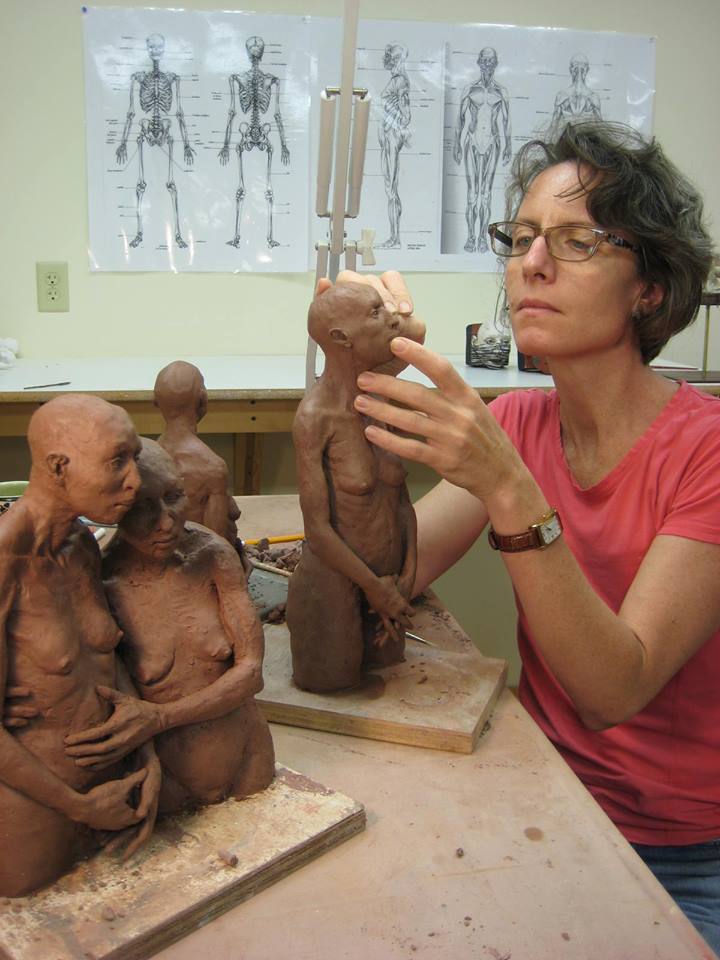 “The biggest thing for Ben at camp was that he was surrounded by other children with dyslexia and so he found kids who look at the world in the same ways that he does. It was an amazing time where there was no stigma attached to him. Instead, the message was that you have to advocate for yourself and remember that the sky is the limit. It was amazing, as a mother, to watch him go through that. He came home and told me, ‘Now I don’t feel like I’m stupid.’ He’s had that thought since first grade, but now he doesn’t. There truly is a stigma with this kind of thing in the schools, but now, Ben knows that he learns differently and he knows he has strengths.”
—
“The biggest thing for Ben at camp was that he was surrounded by other children with dyslexia and so he found kids who look at the world in the same ways that he does. It was an amazing time where there was no stigma attached to him. Instead, the message was that you have to advocate for yourself and remember that the sky is the limit. It was amazing, as a mother, to watch him go through that. He came home and told me, ‘Now I don’t feel like I’m stupid.’ He’s had that thought since first grade, but now he doesn’t. There truly is a stigma with this kind of thing in the schools, but now, Ben knows that he learns differently and he knows he has strengths.”
—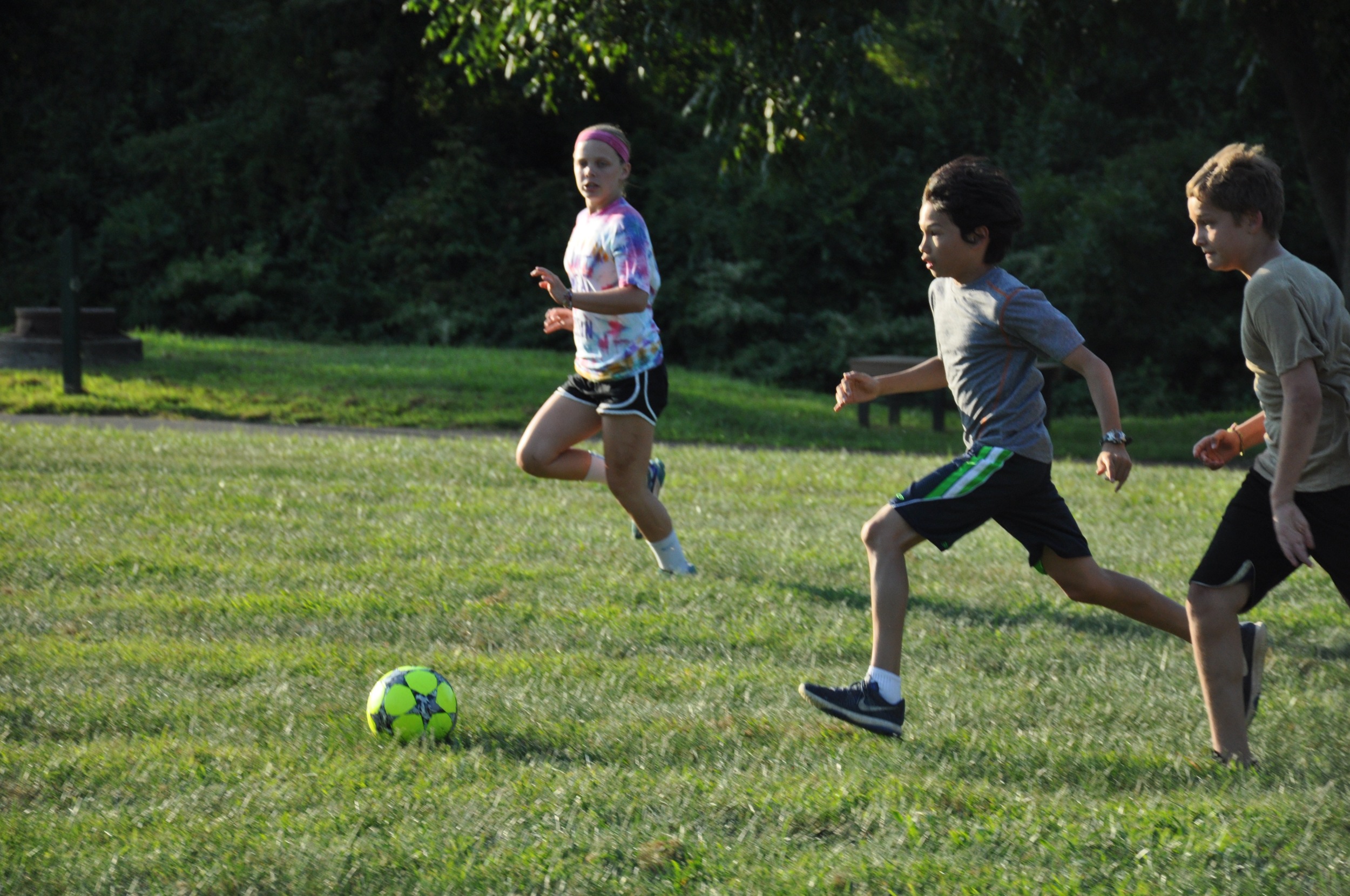

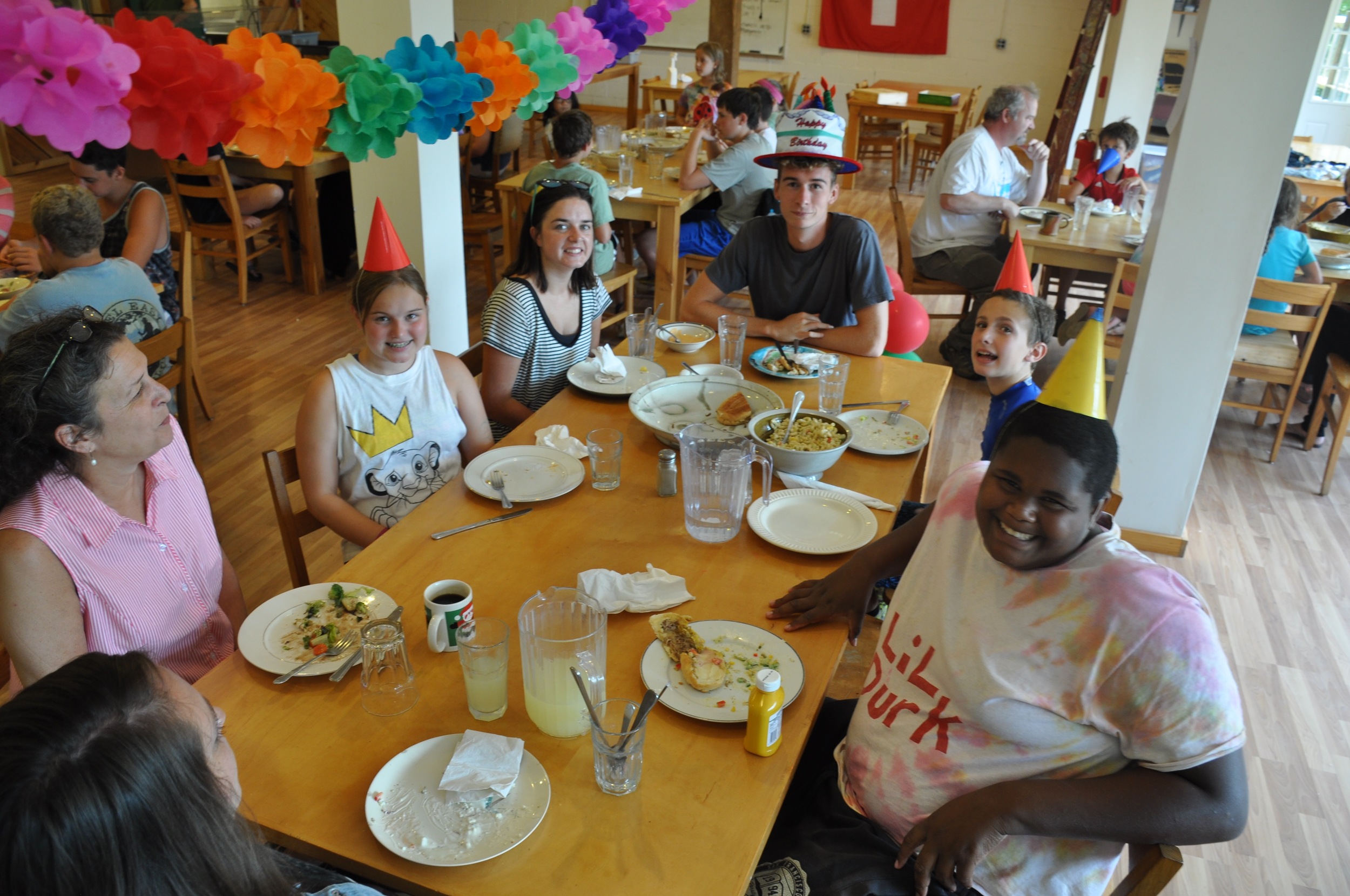
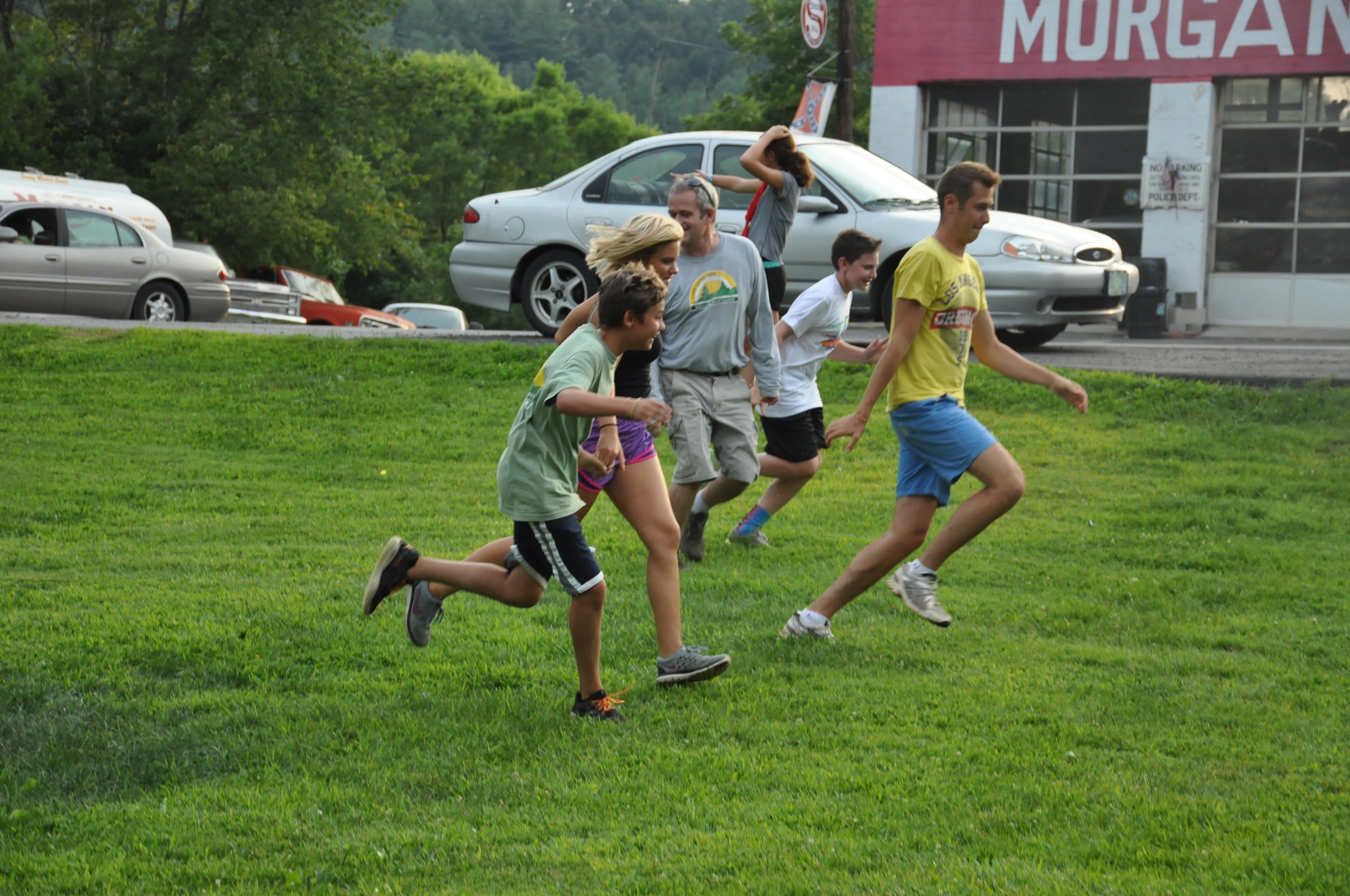
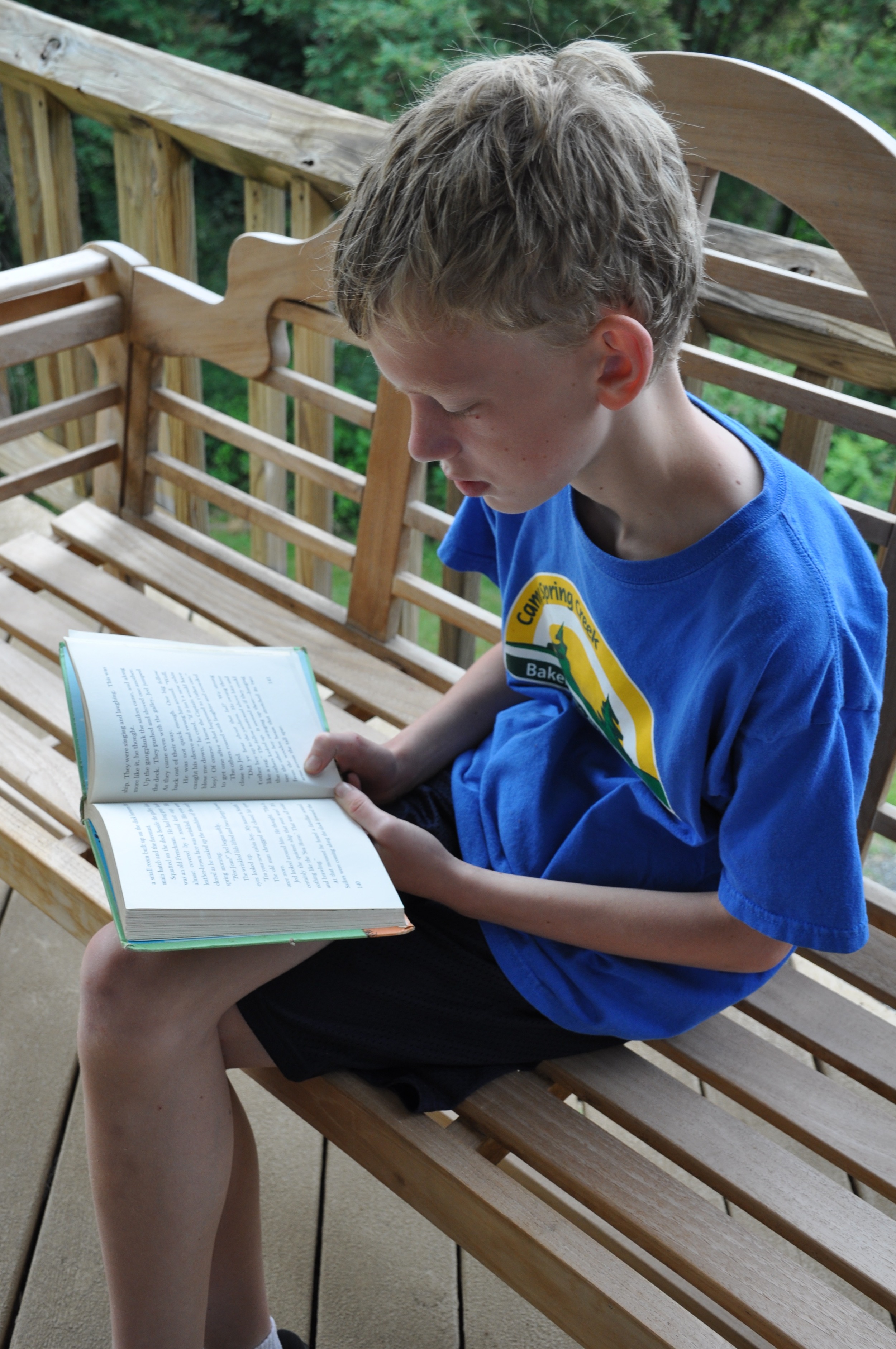
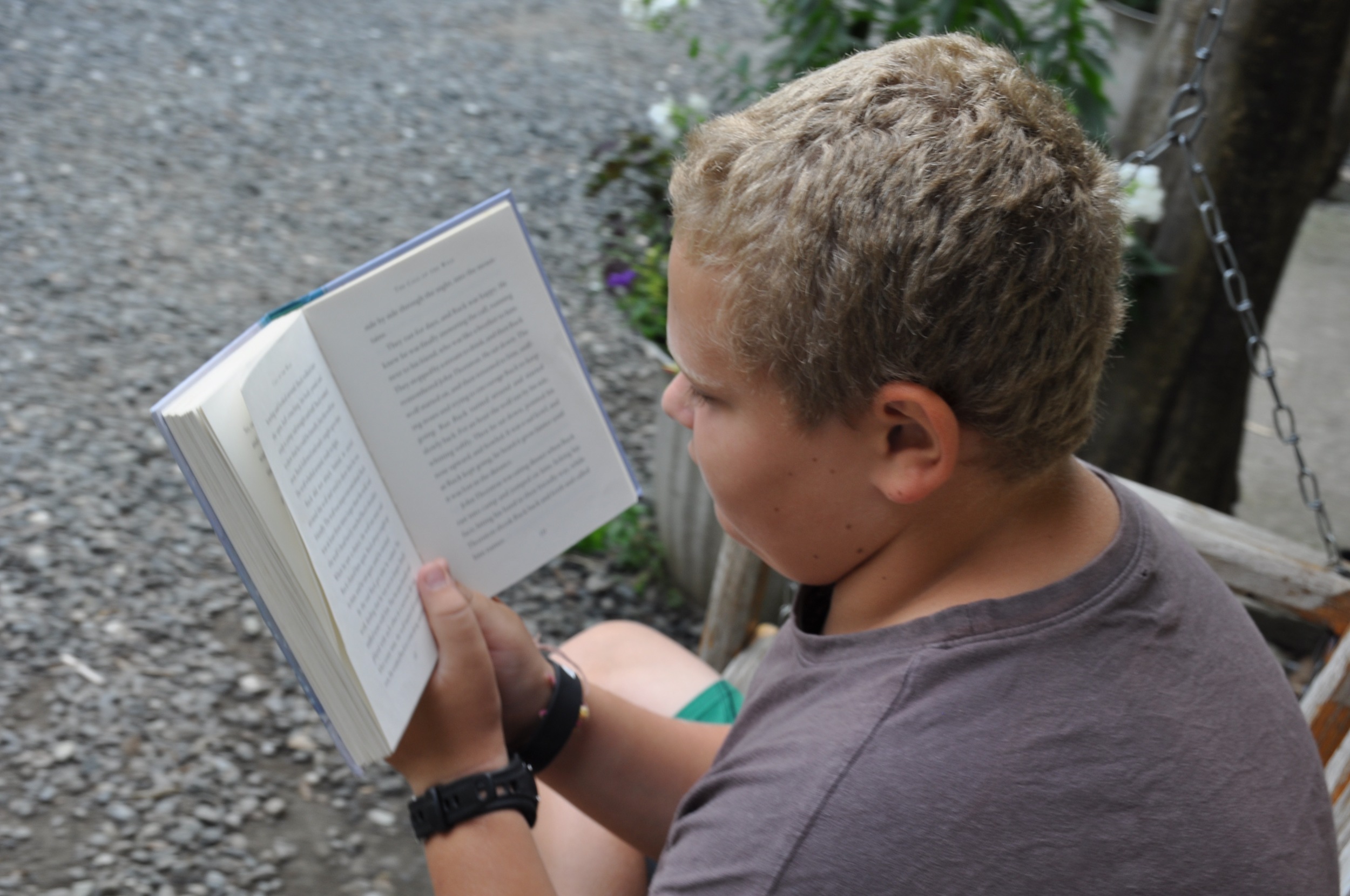
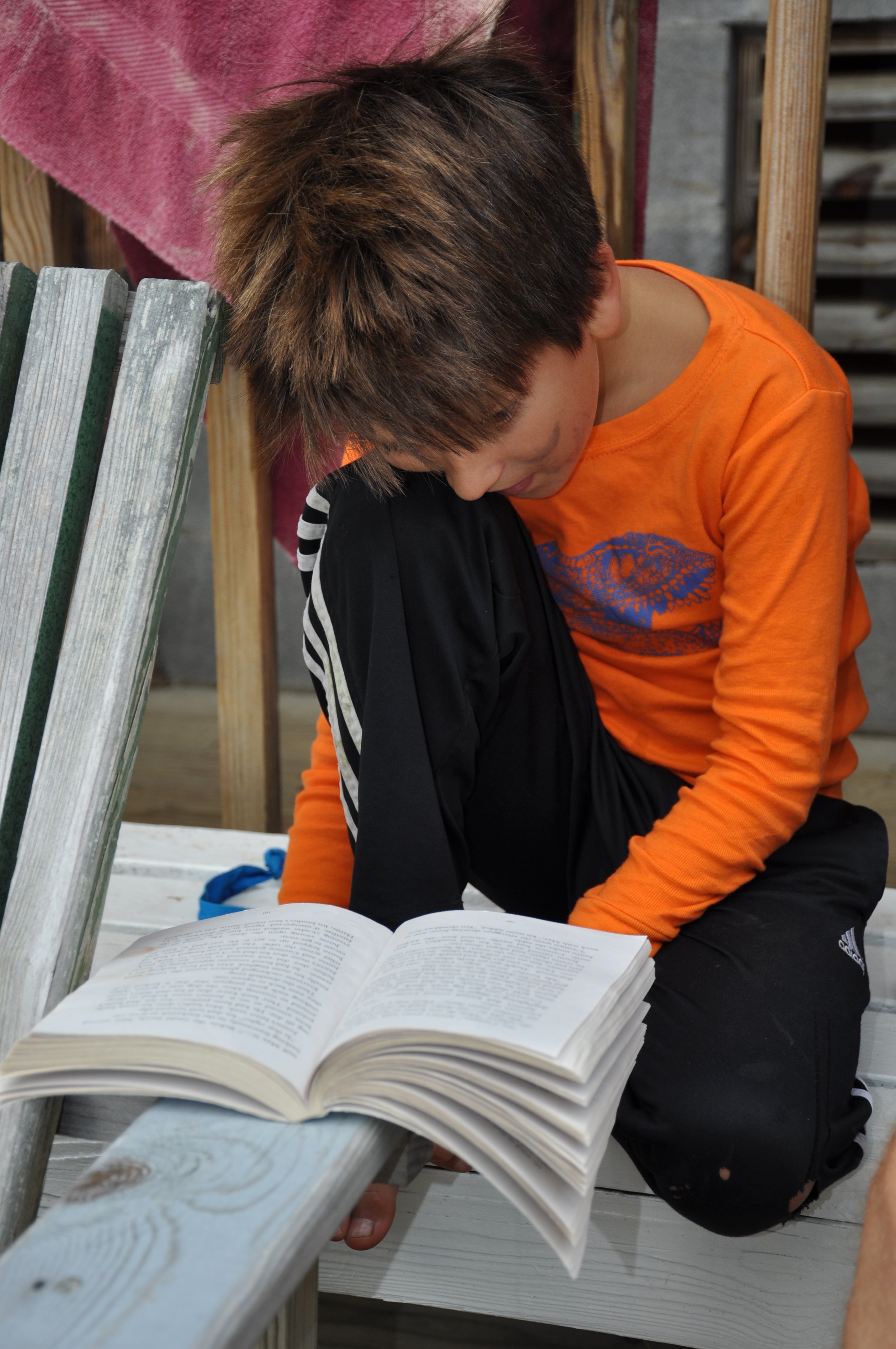

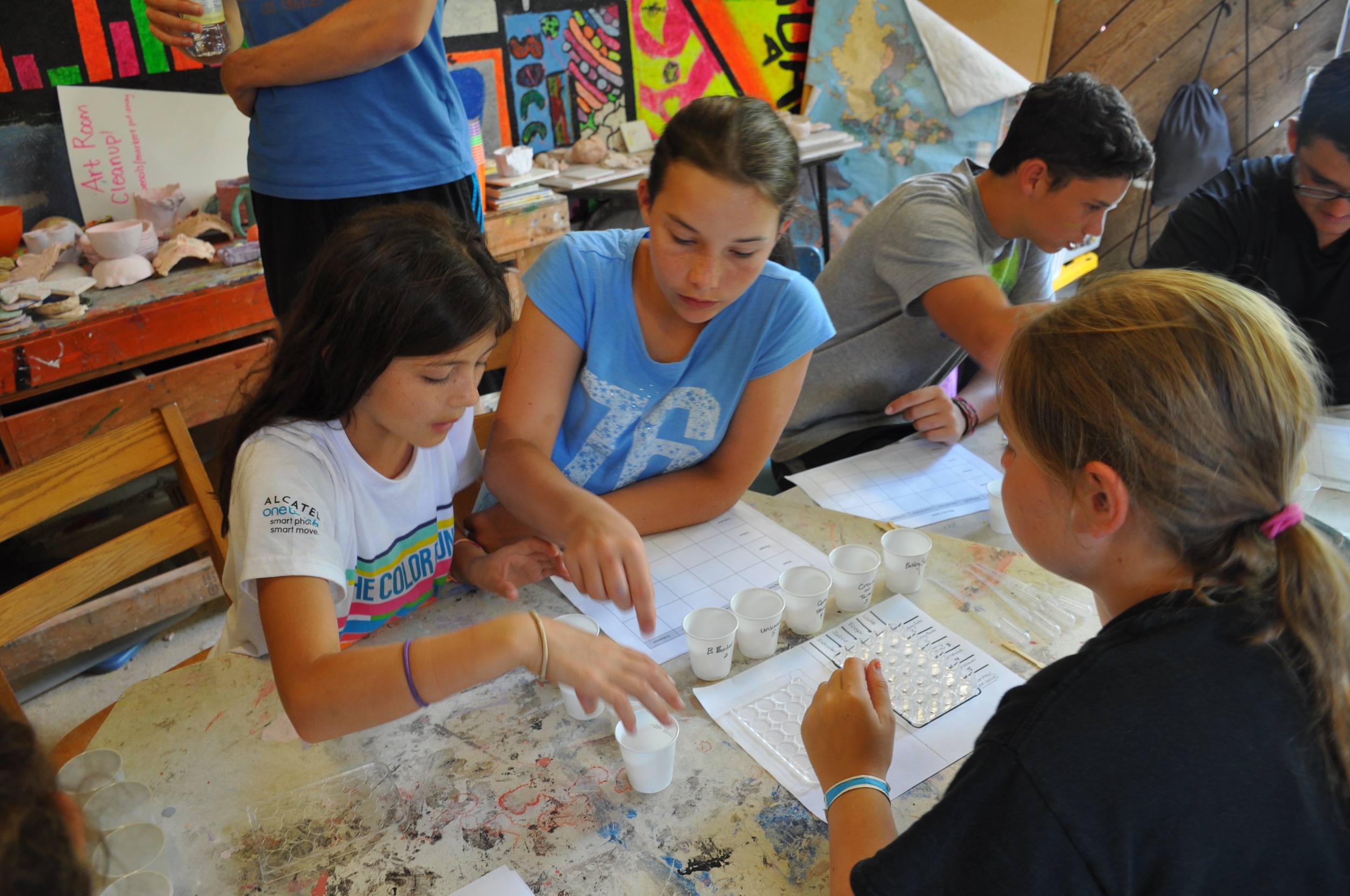
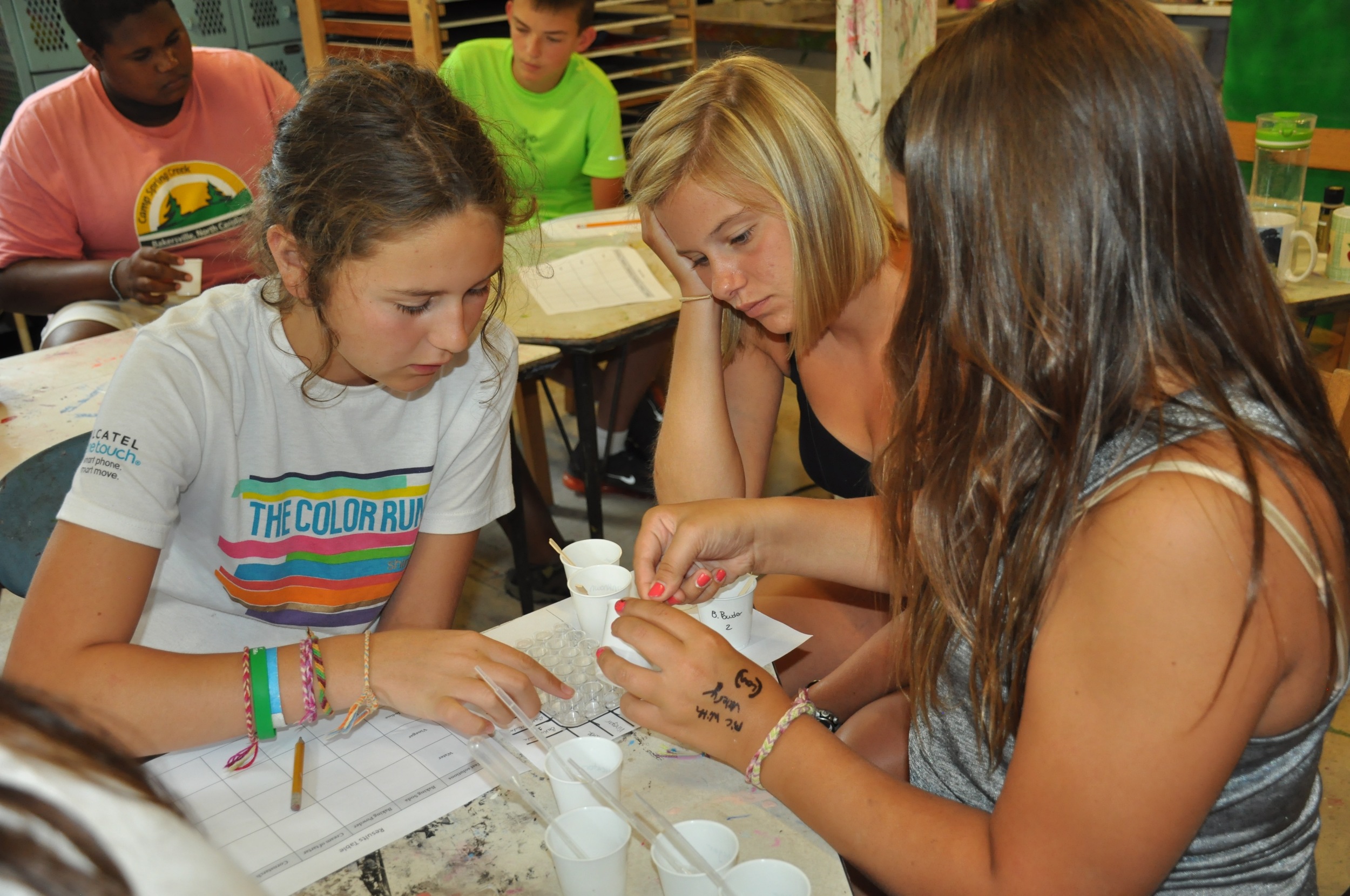

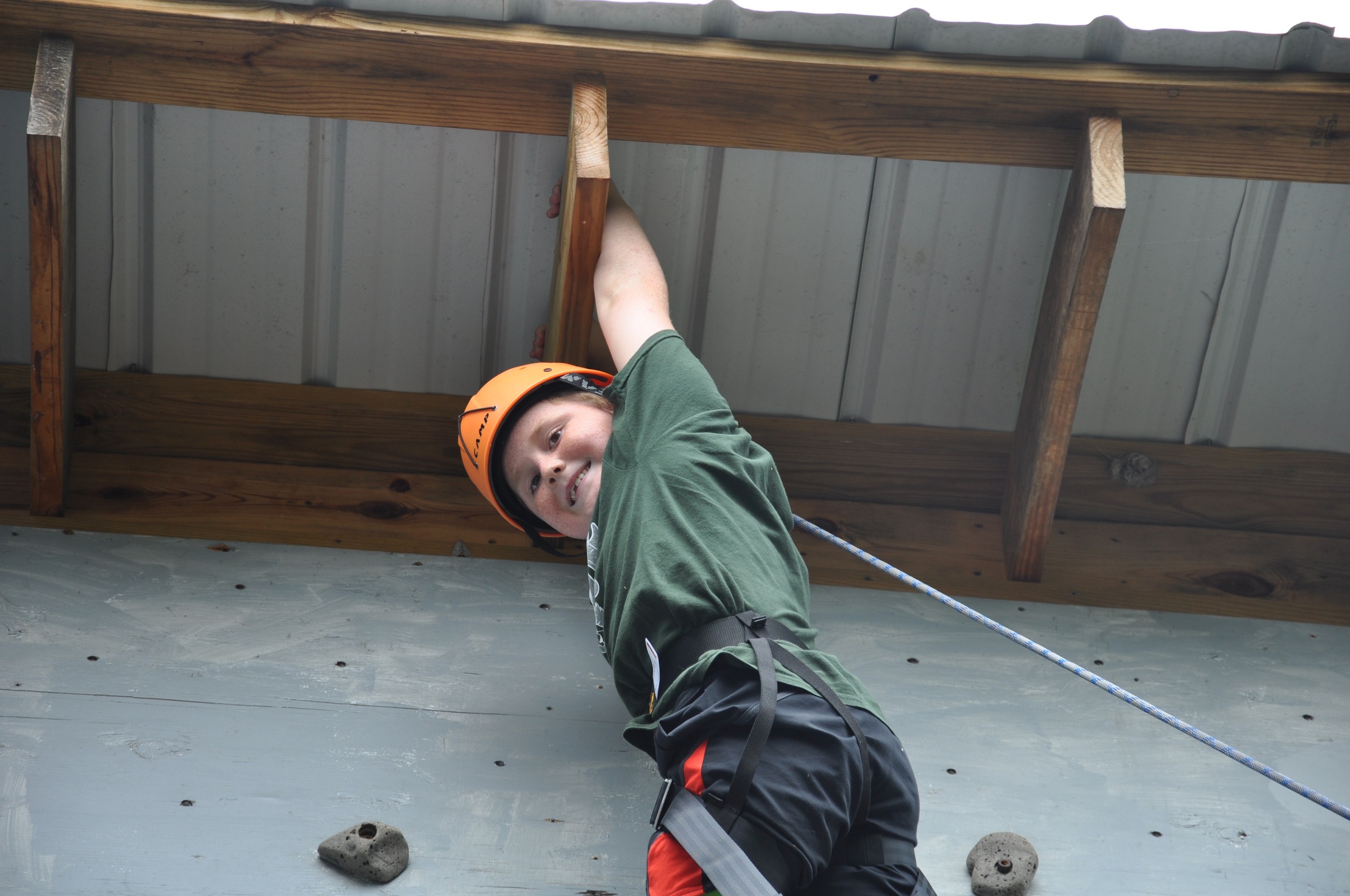


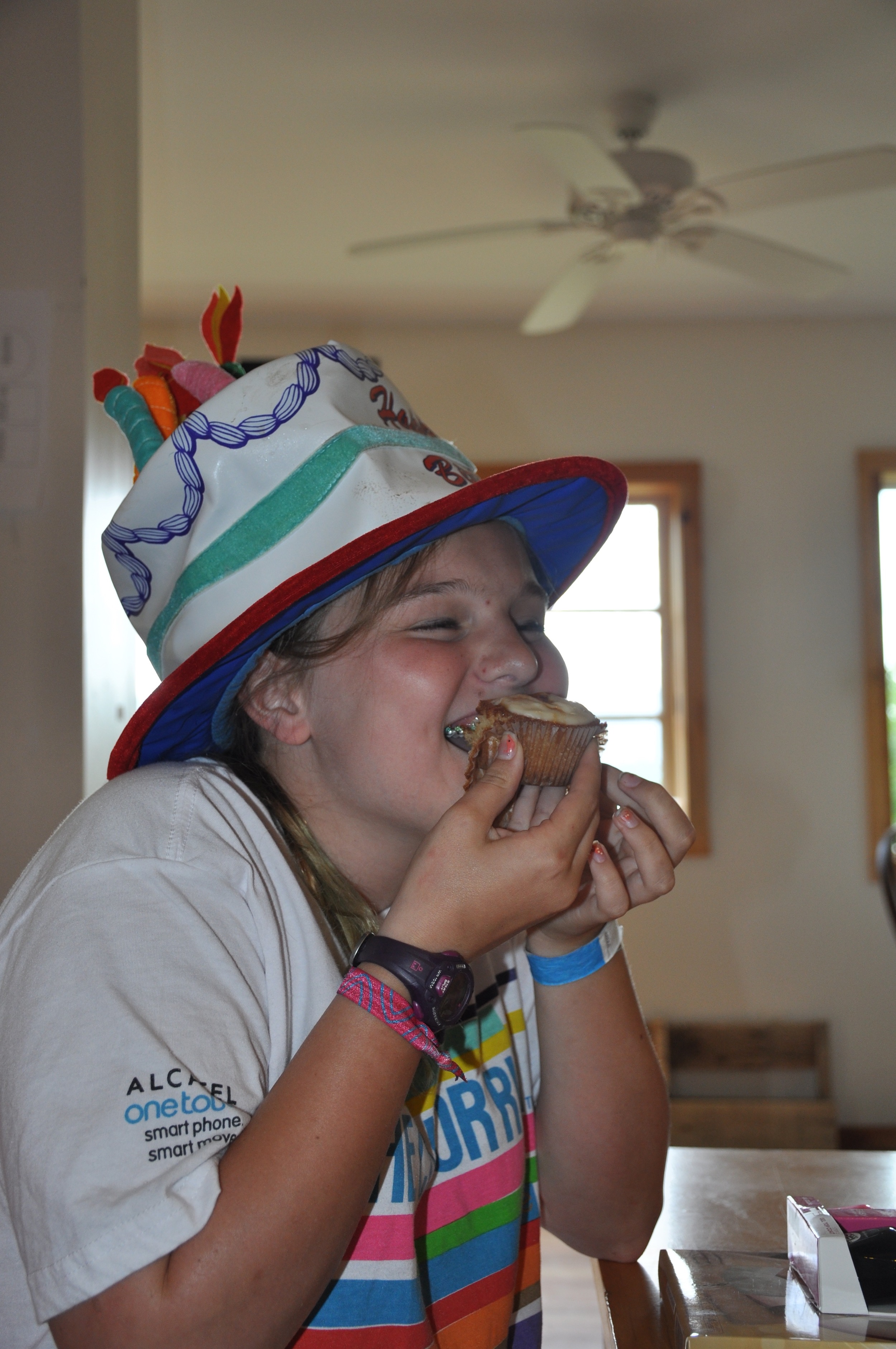
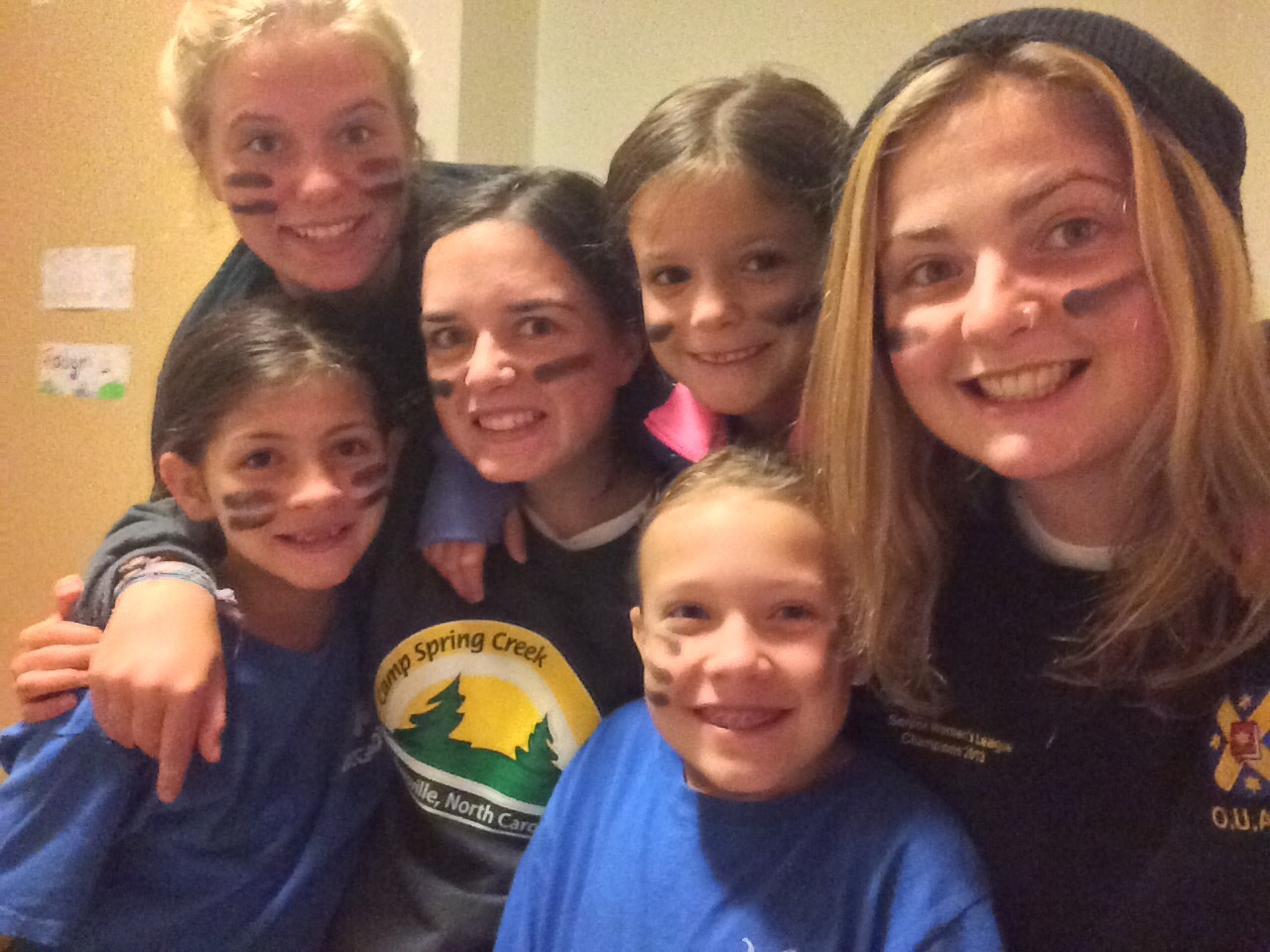
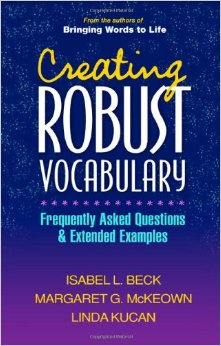 rams. First,
rams. First, 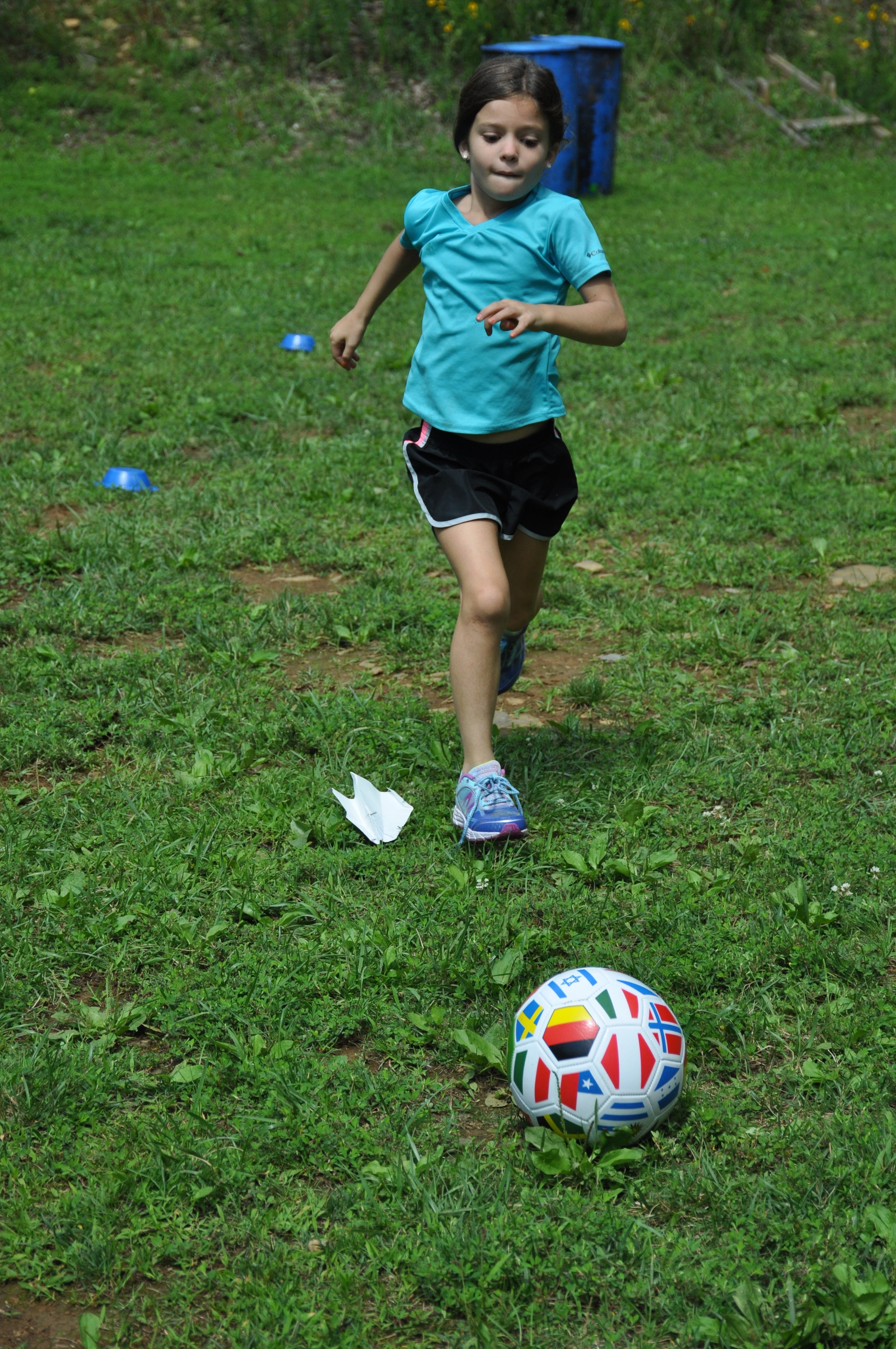
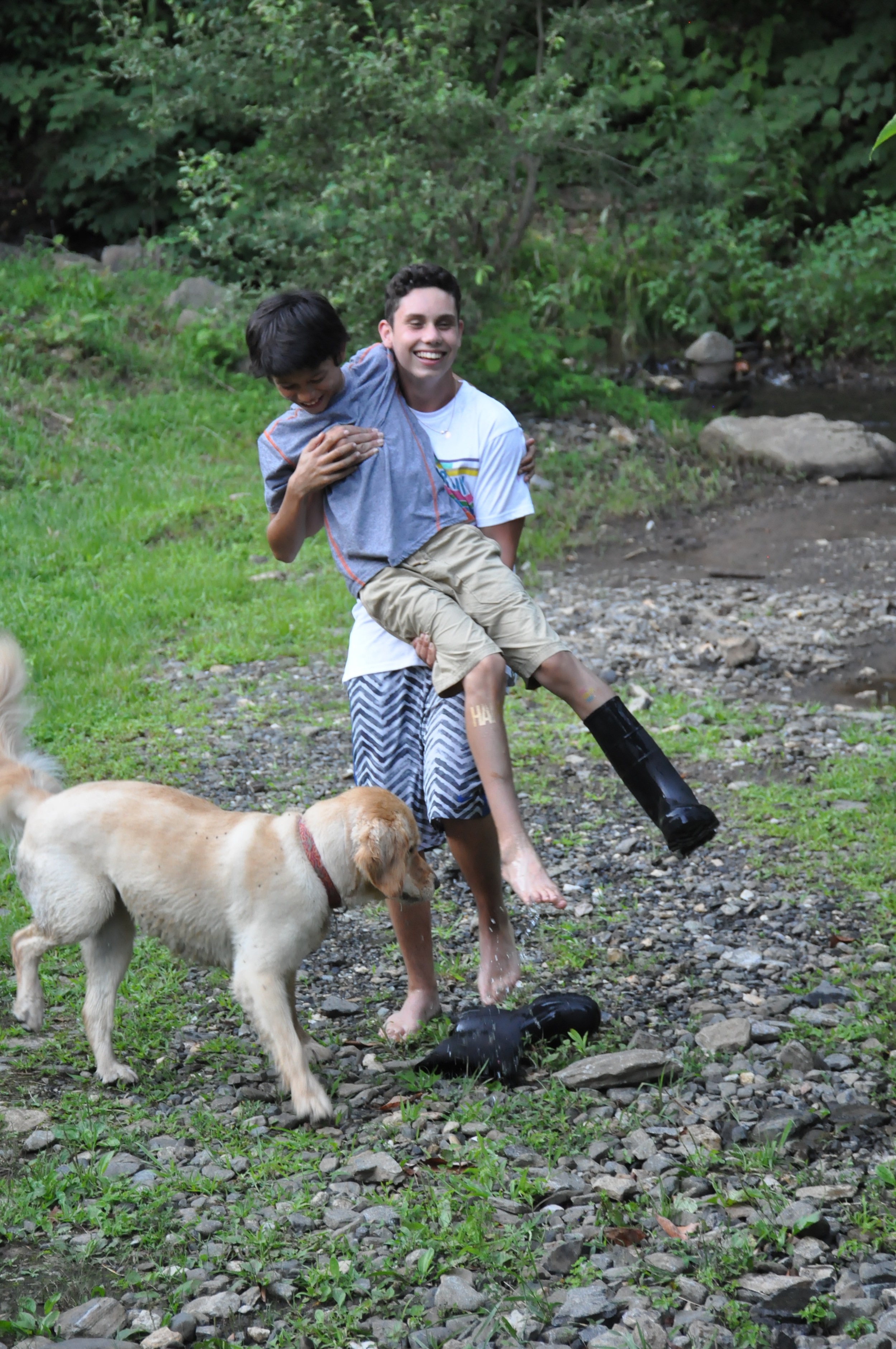
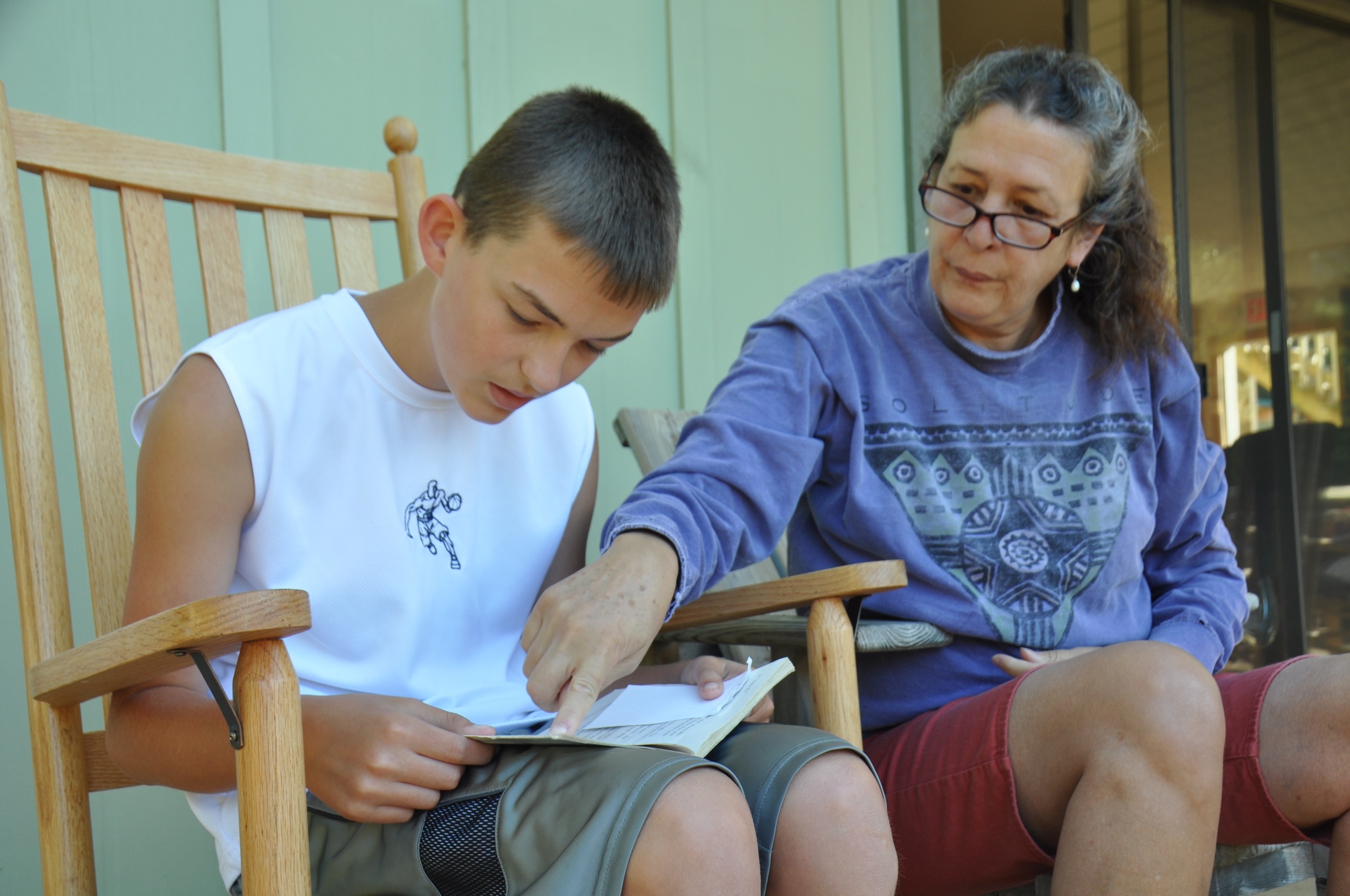

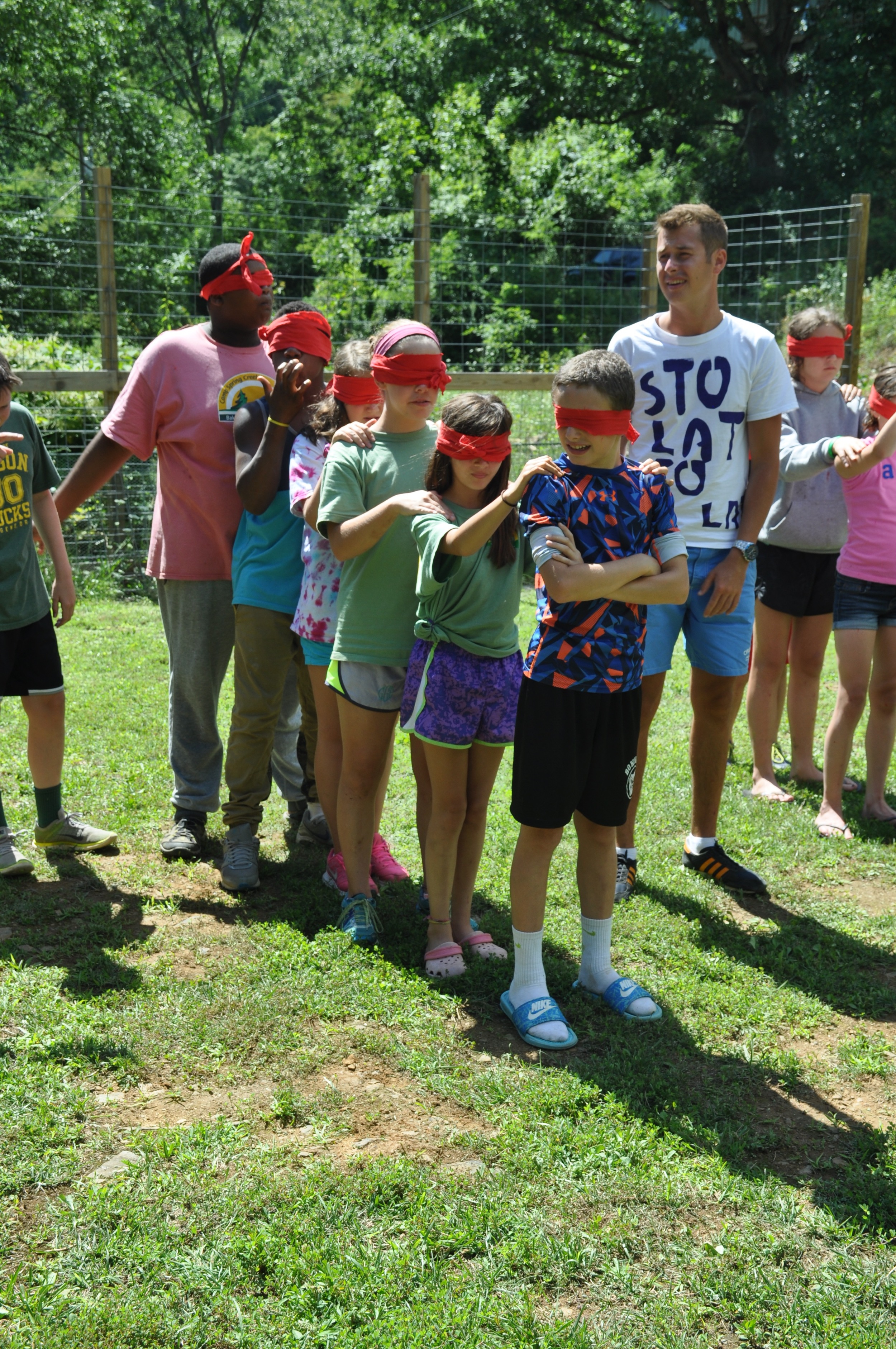
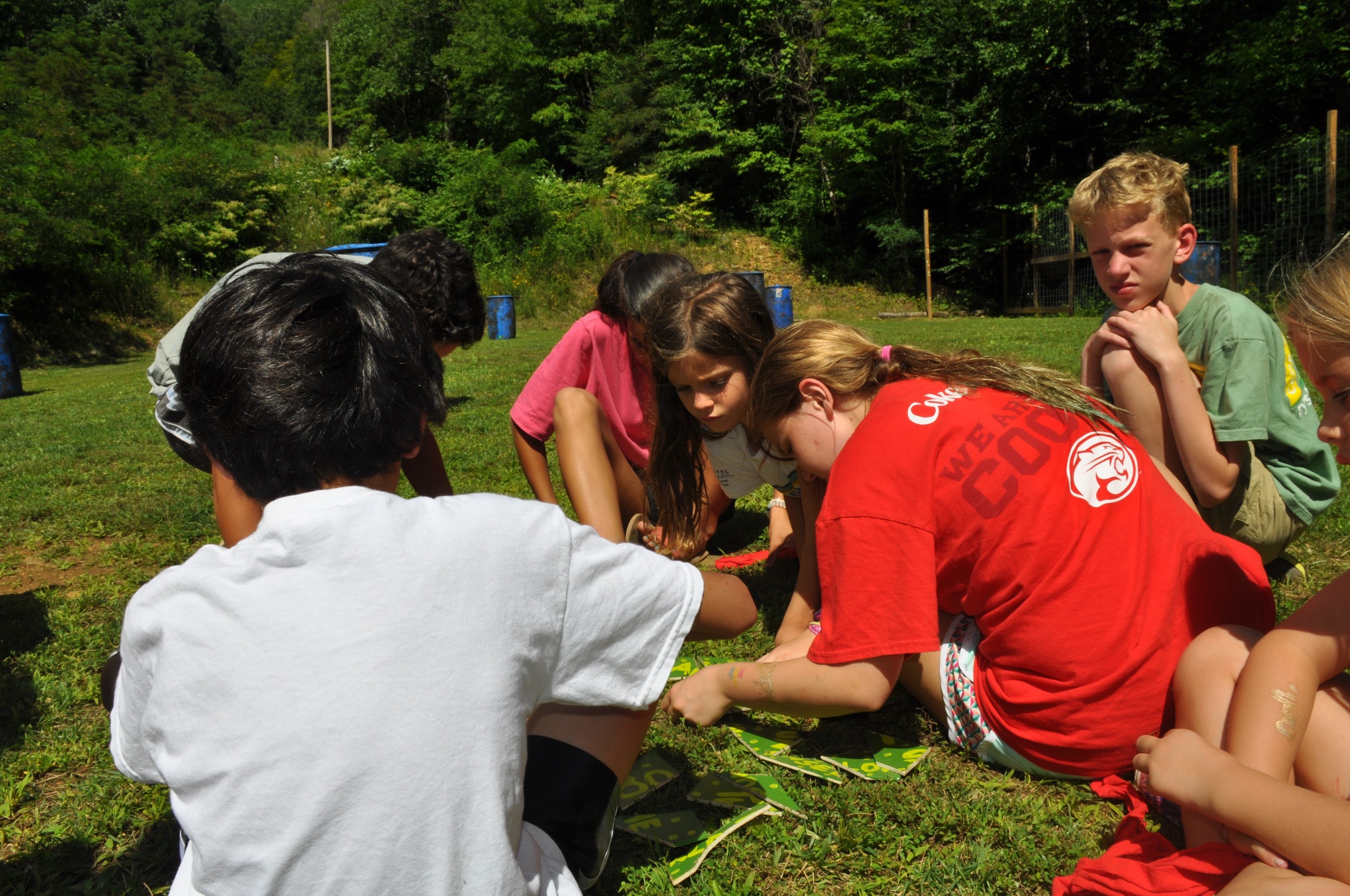

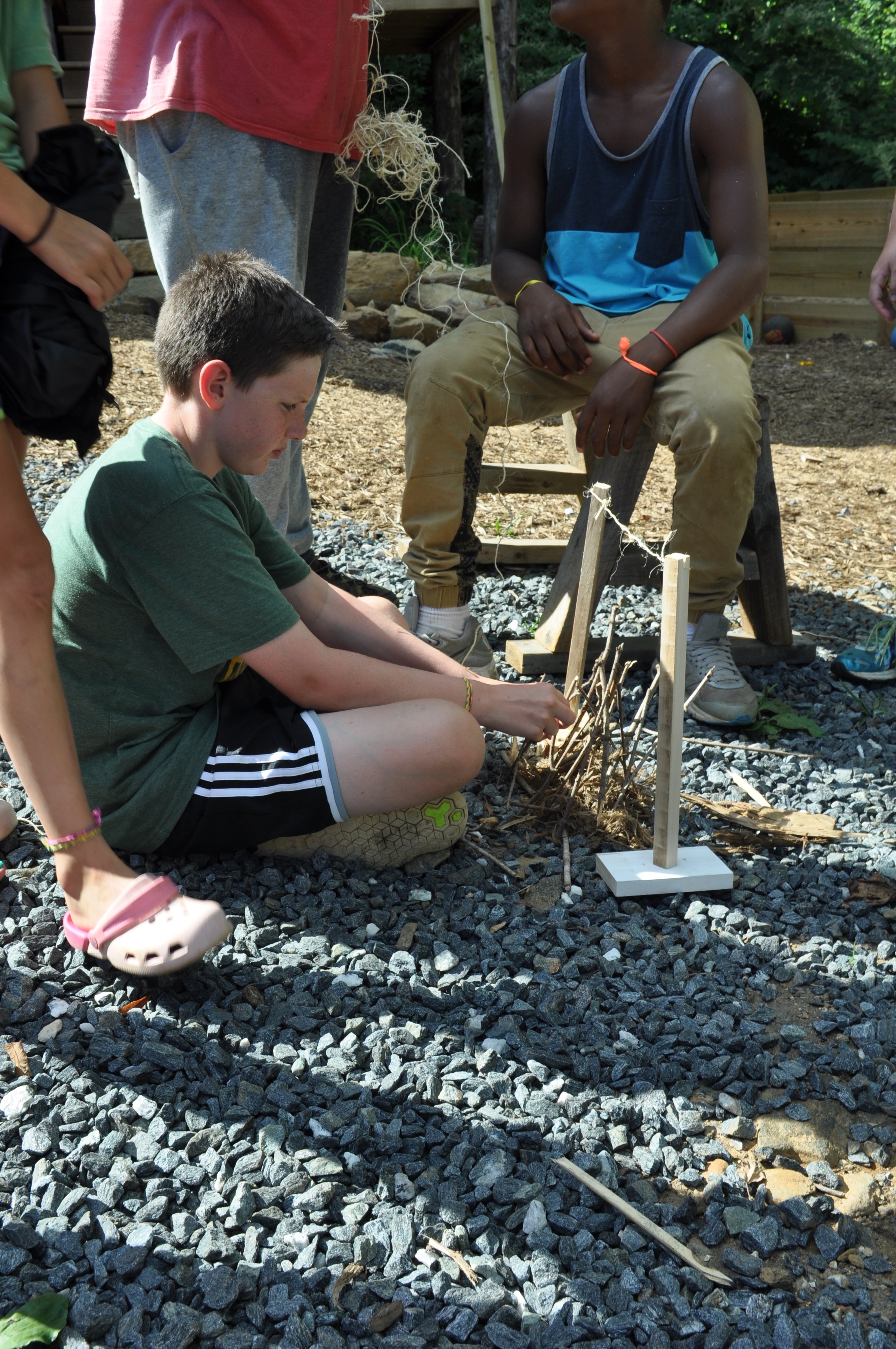


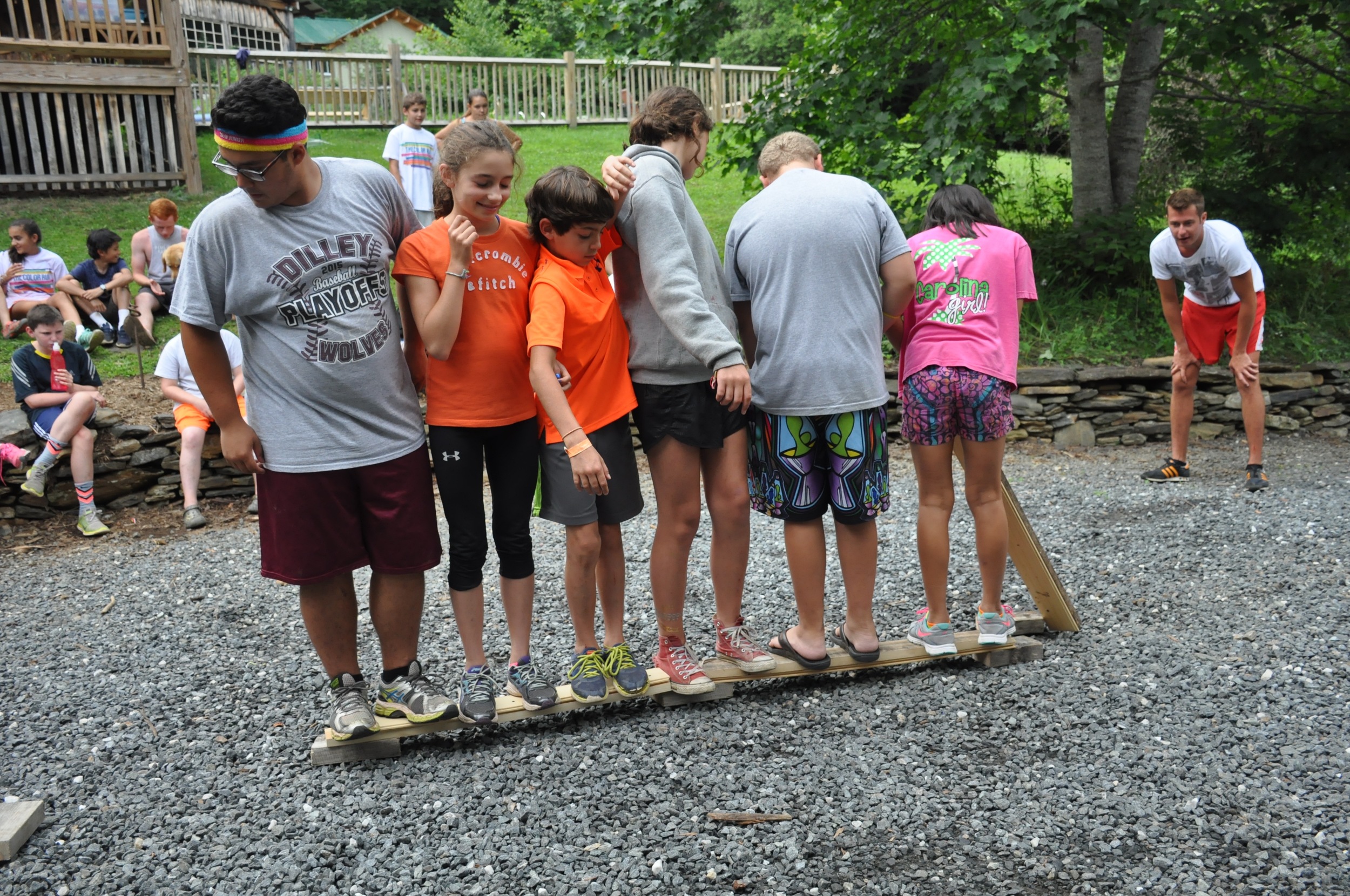


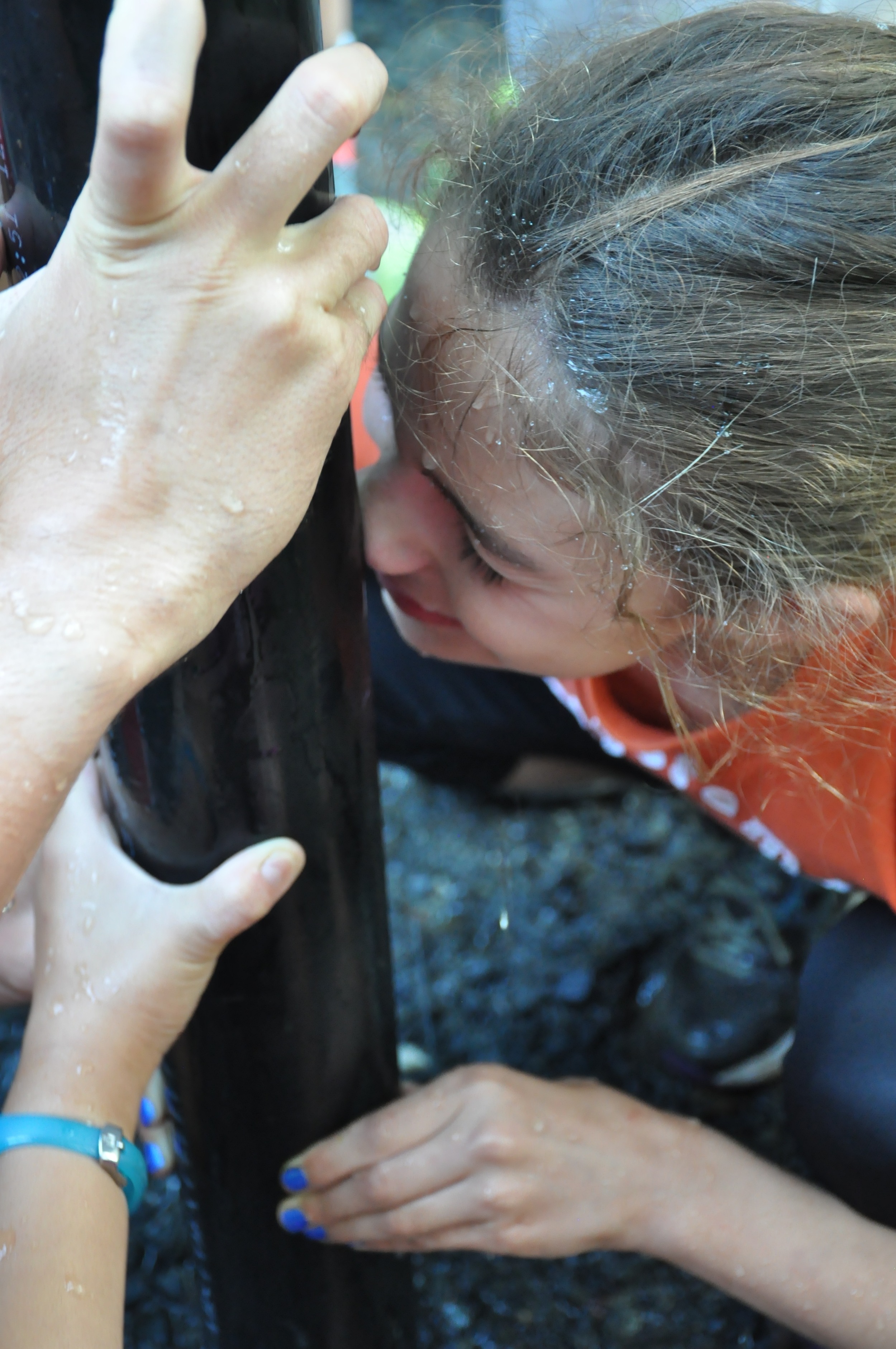
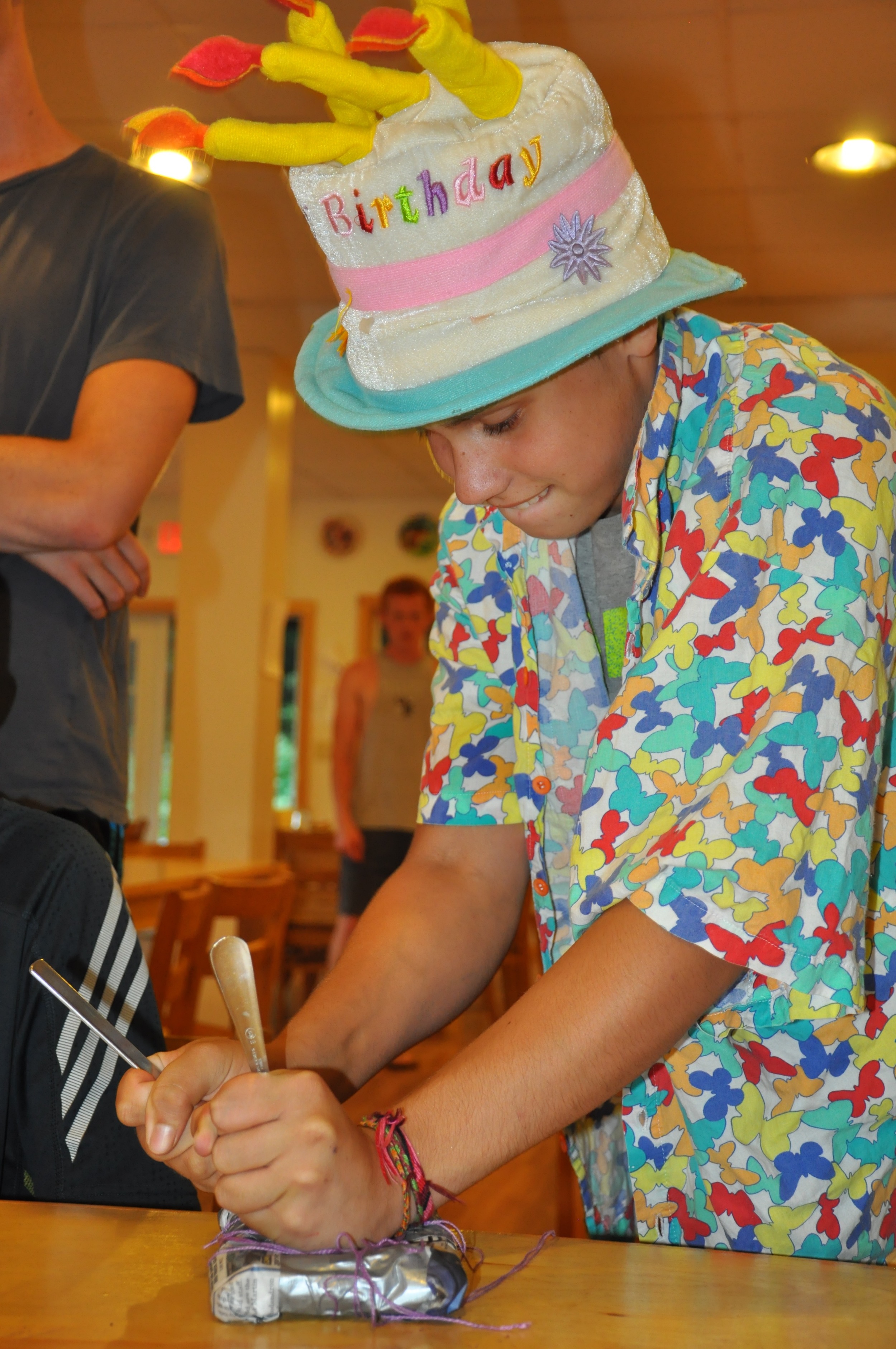

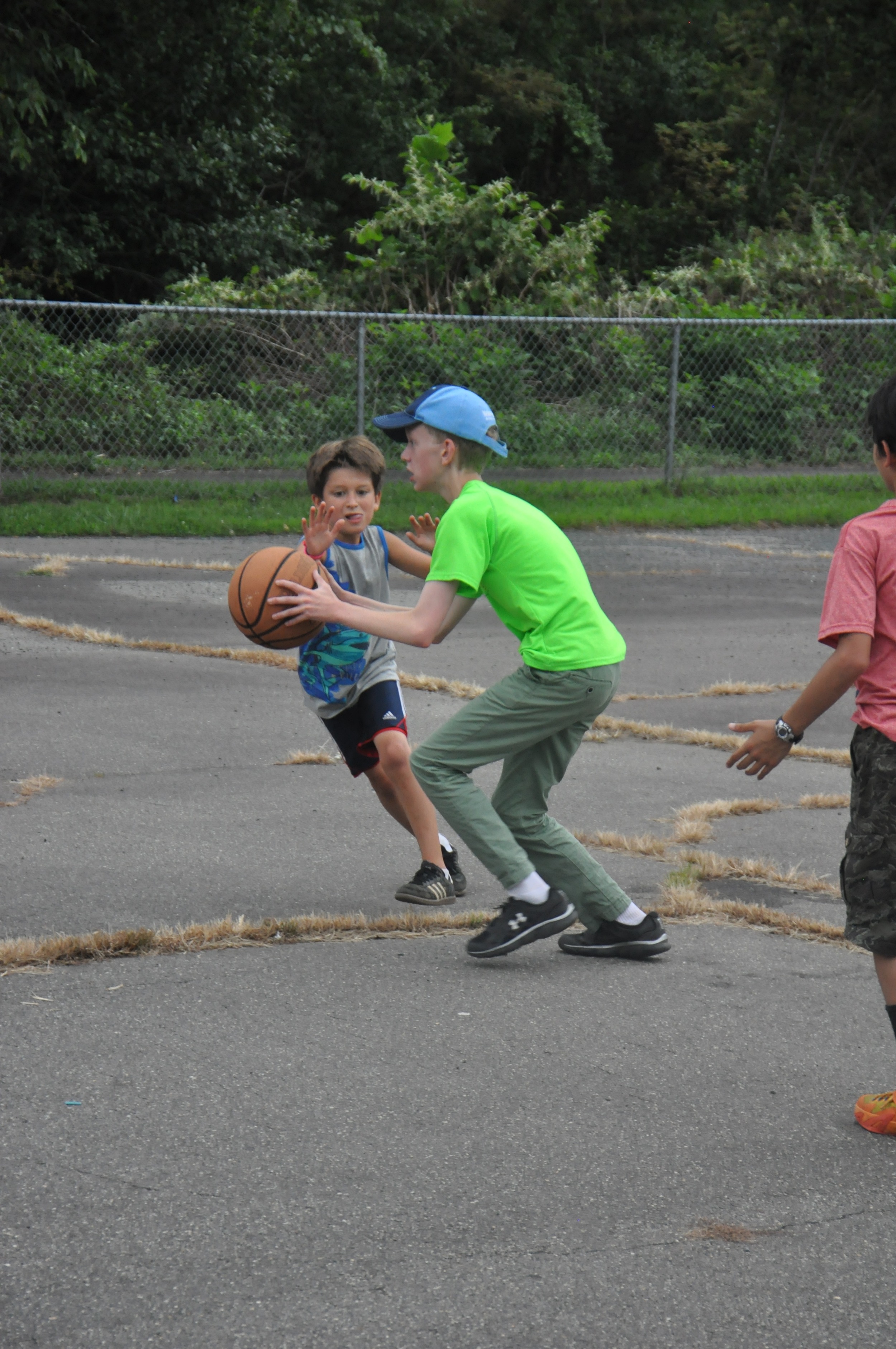

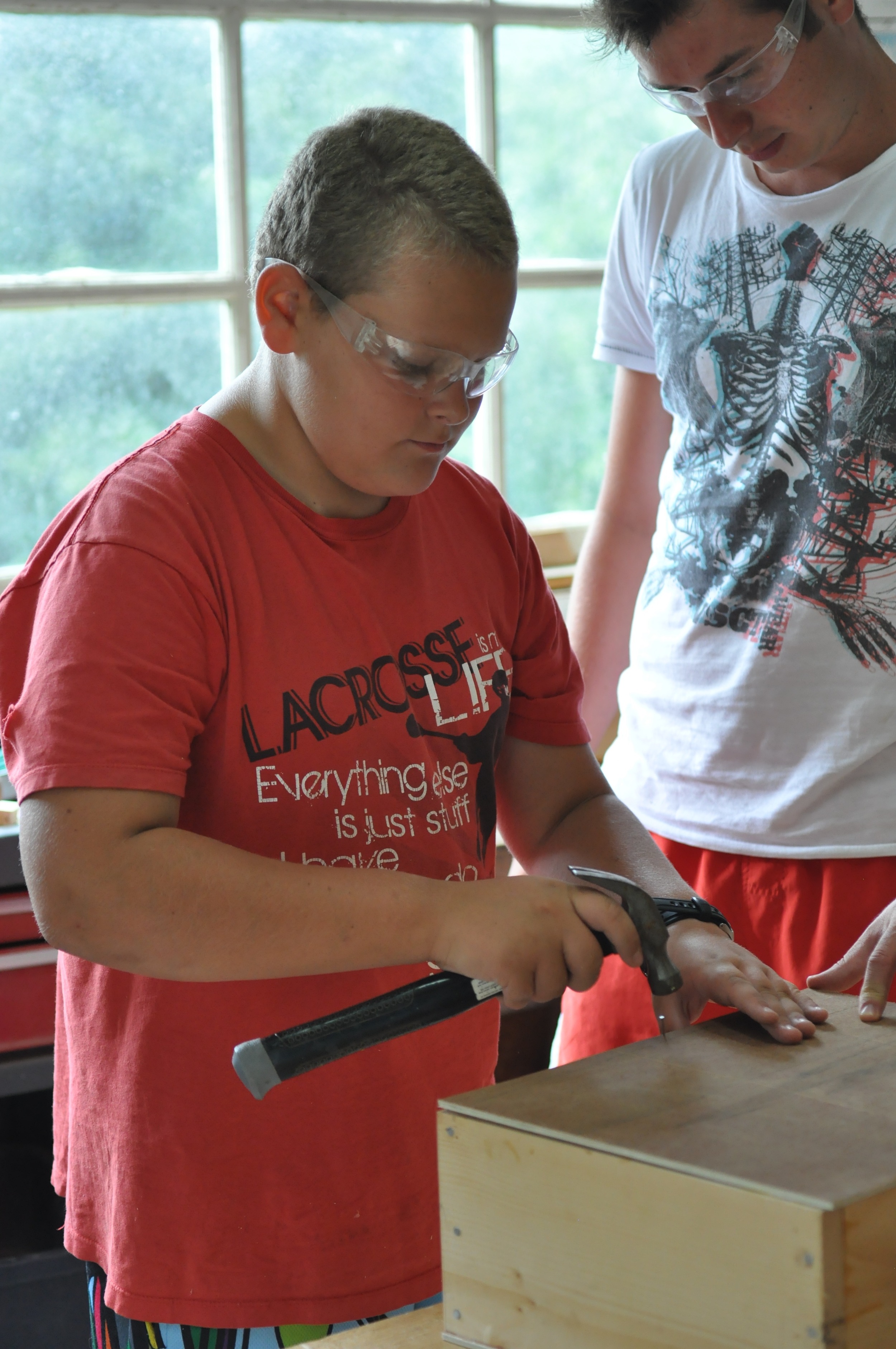


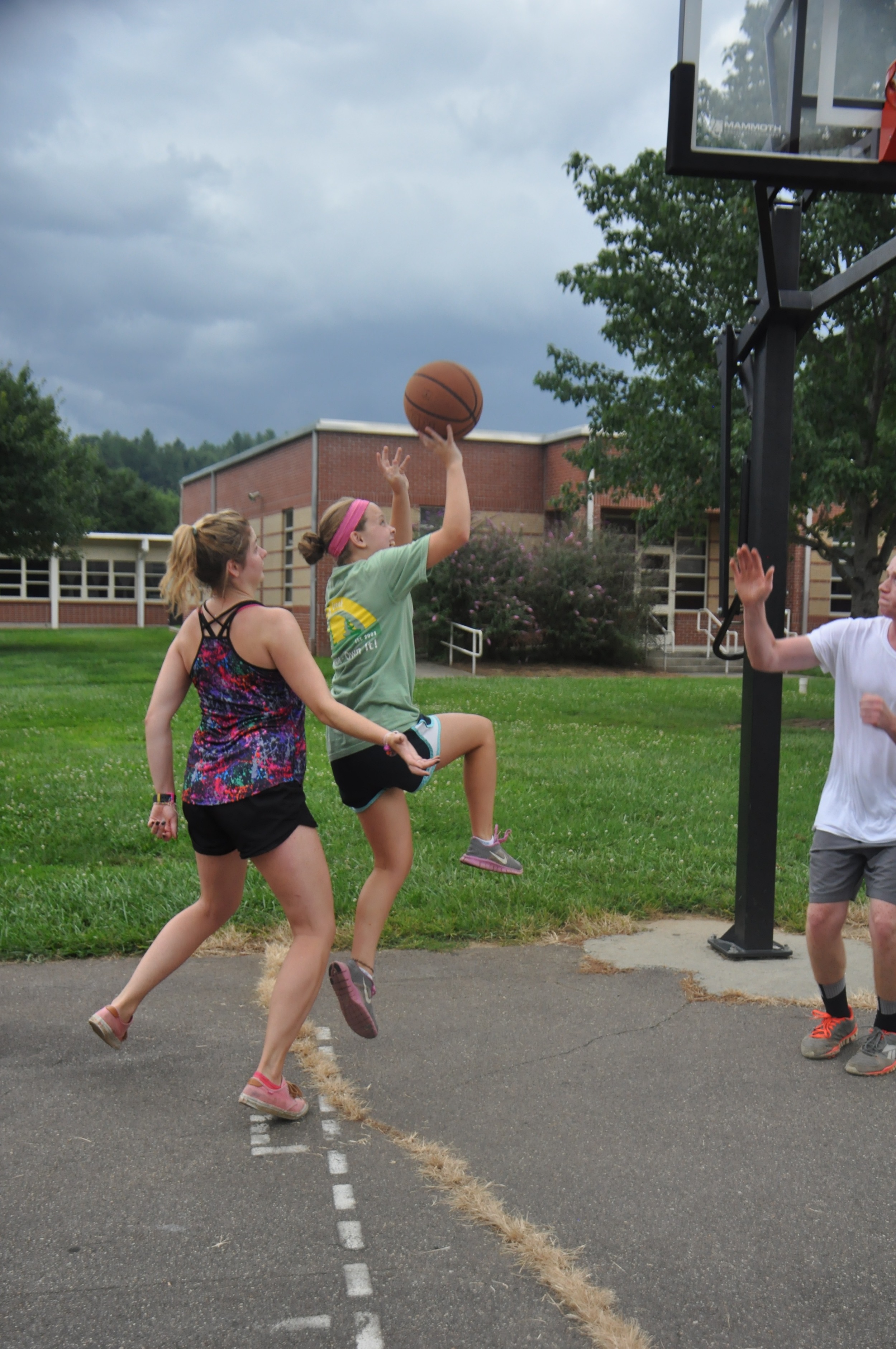

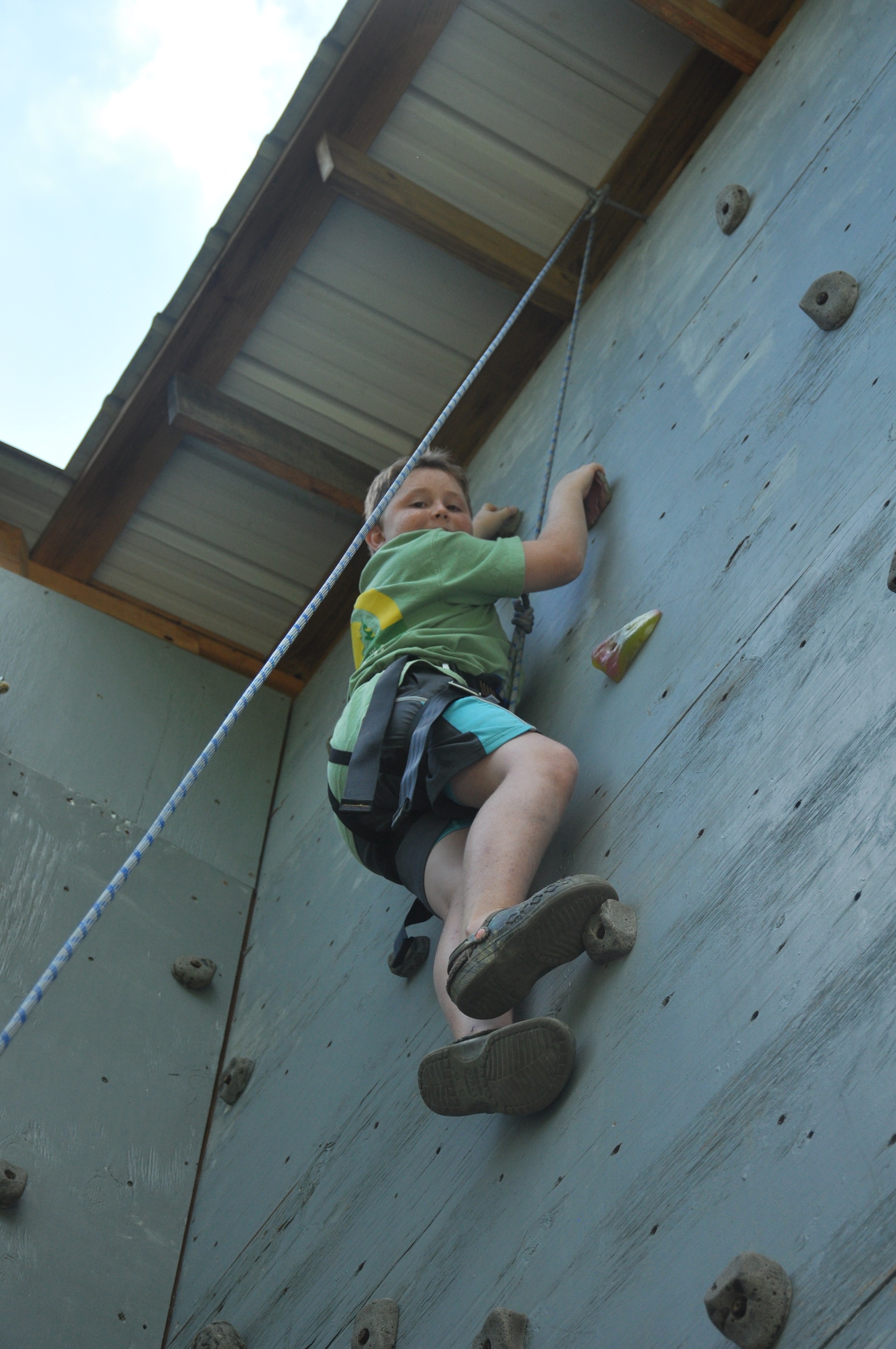




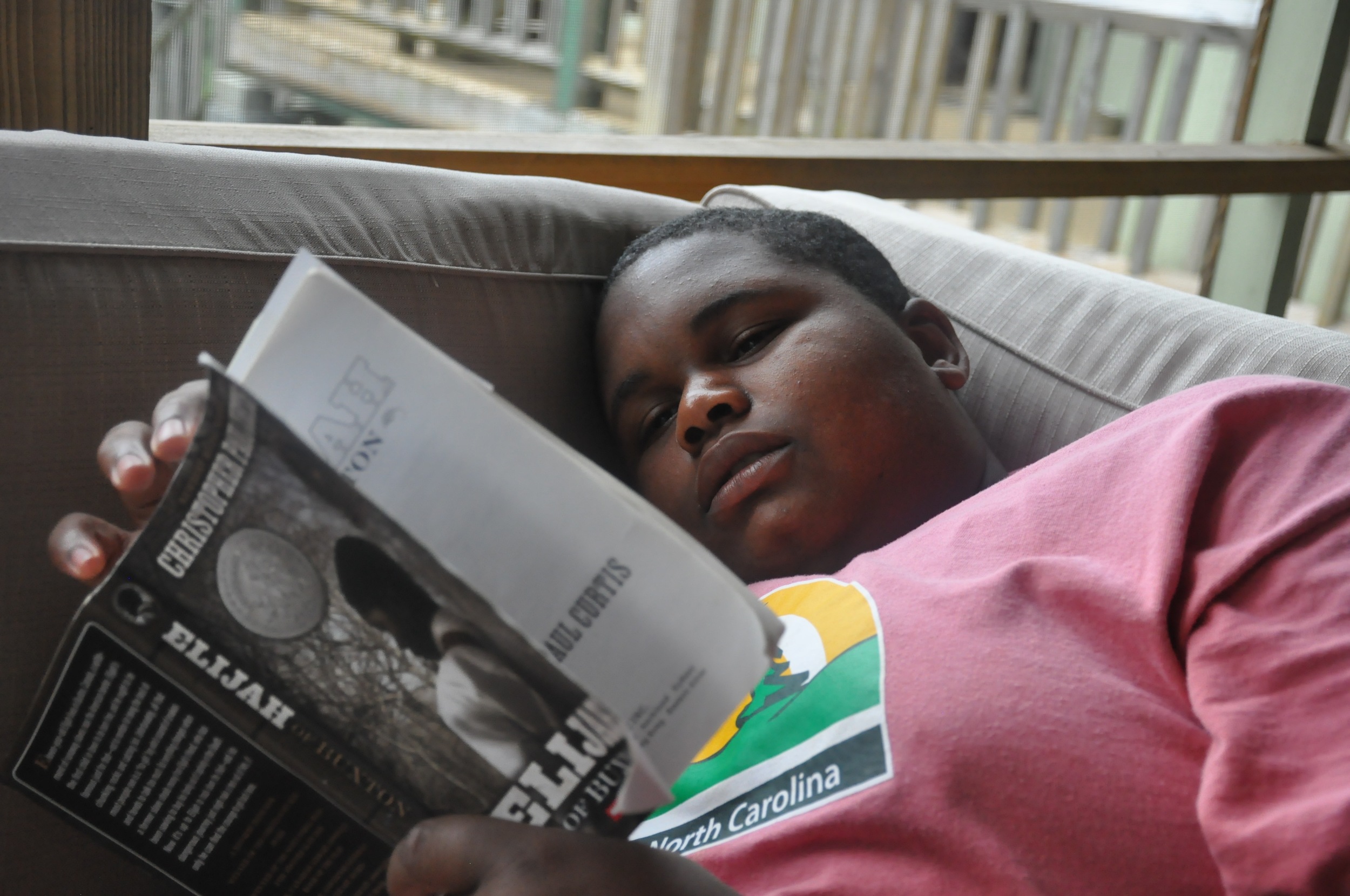
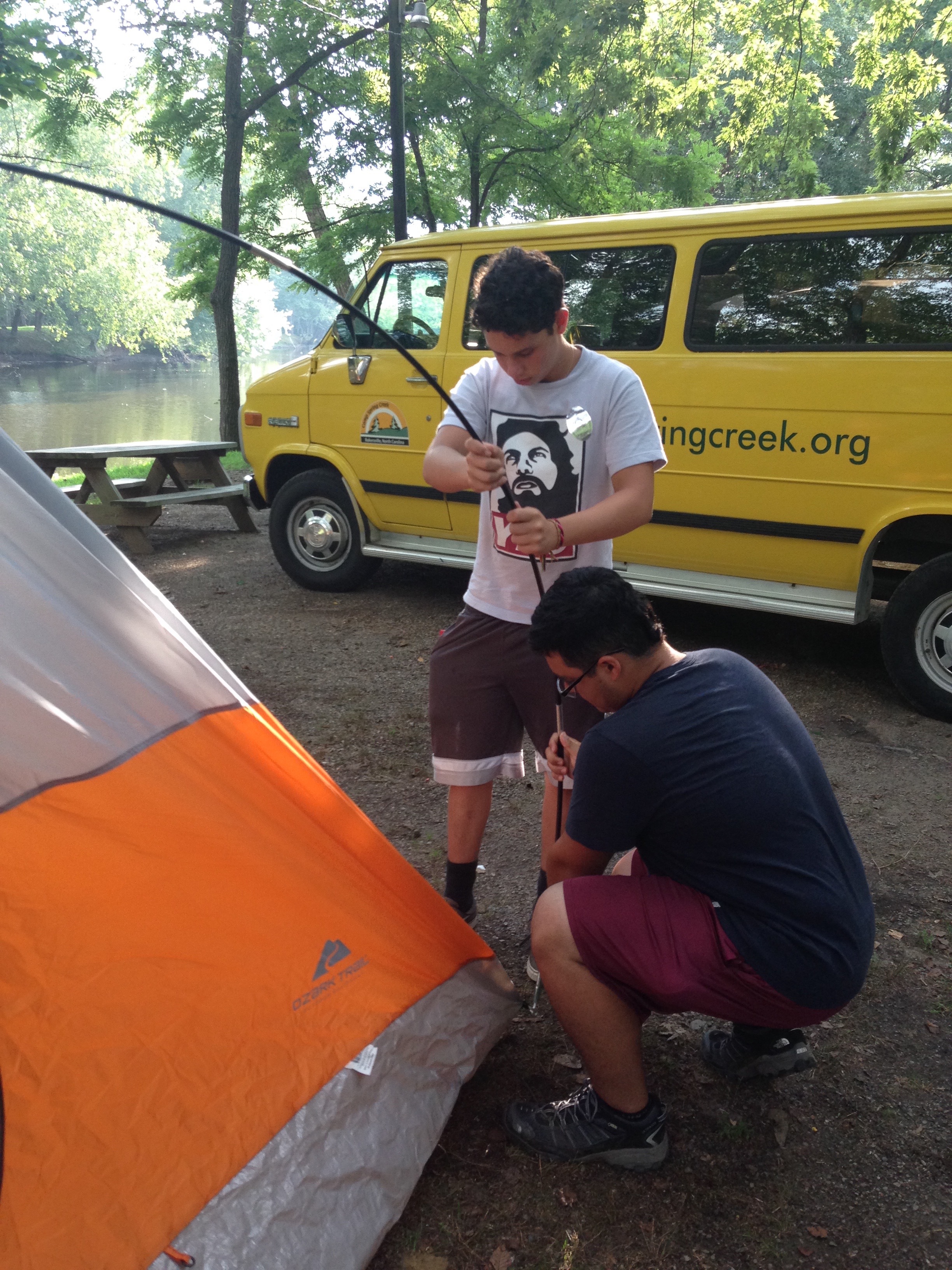
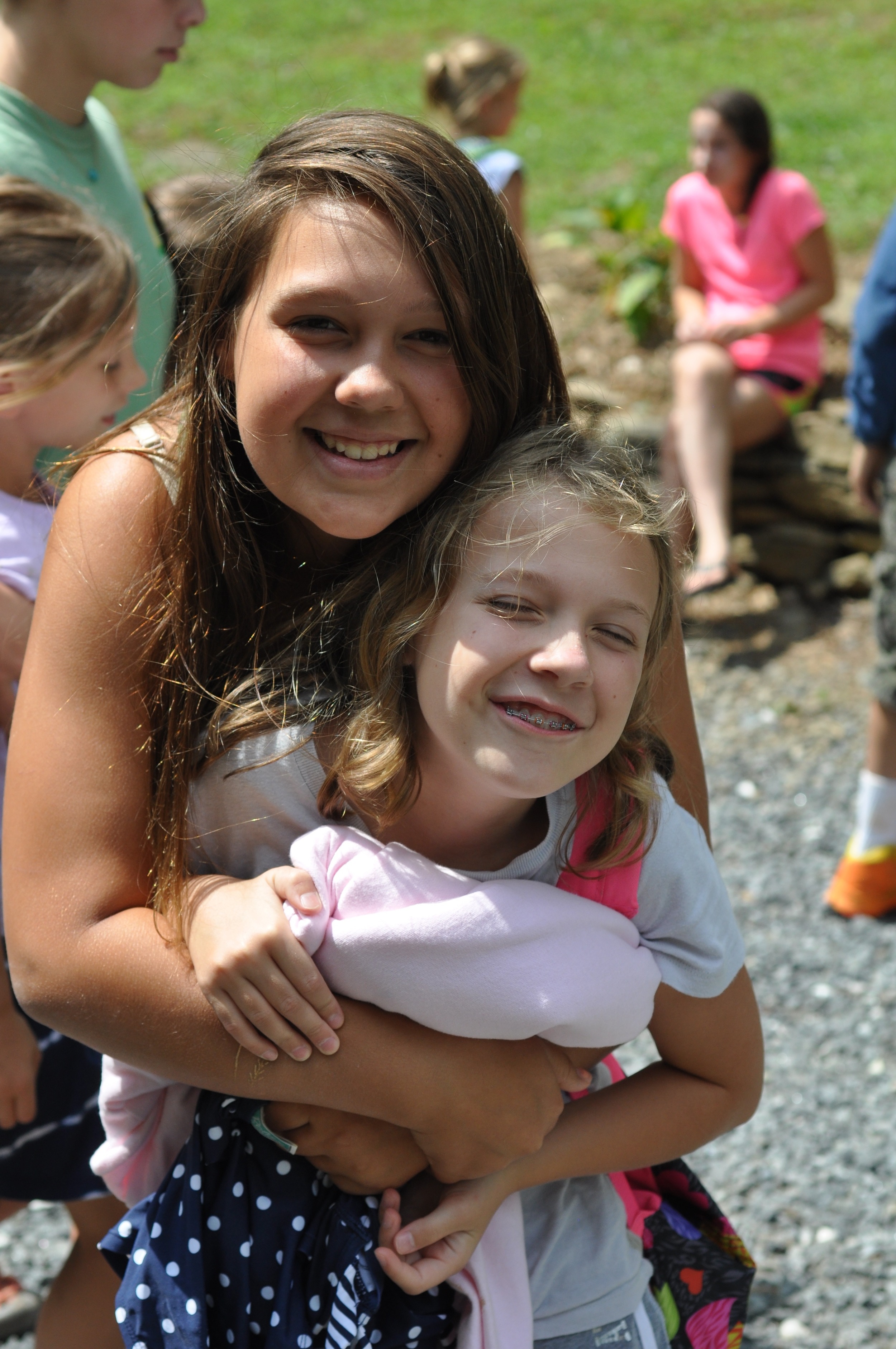

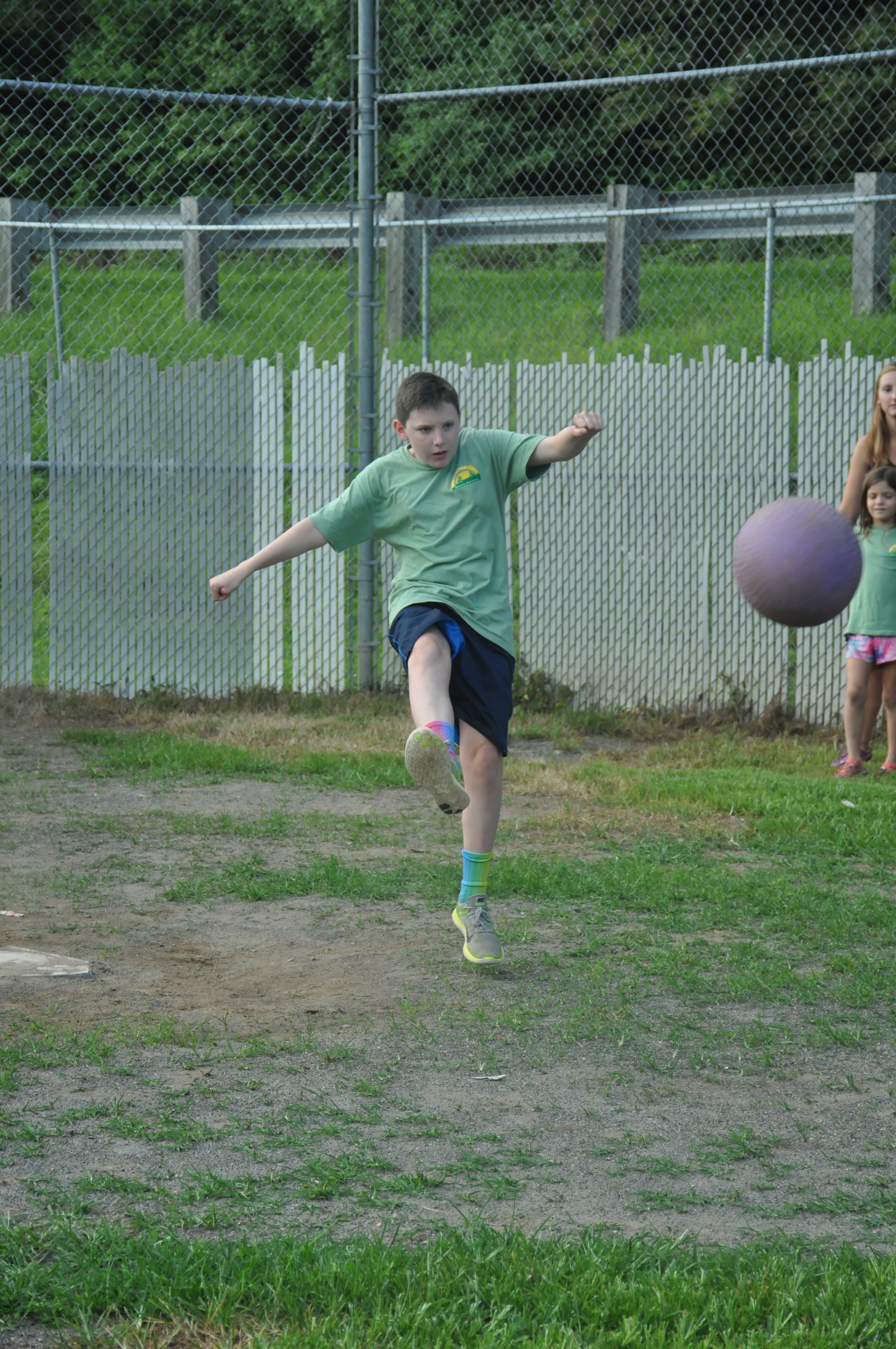
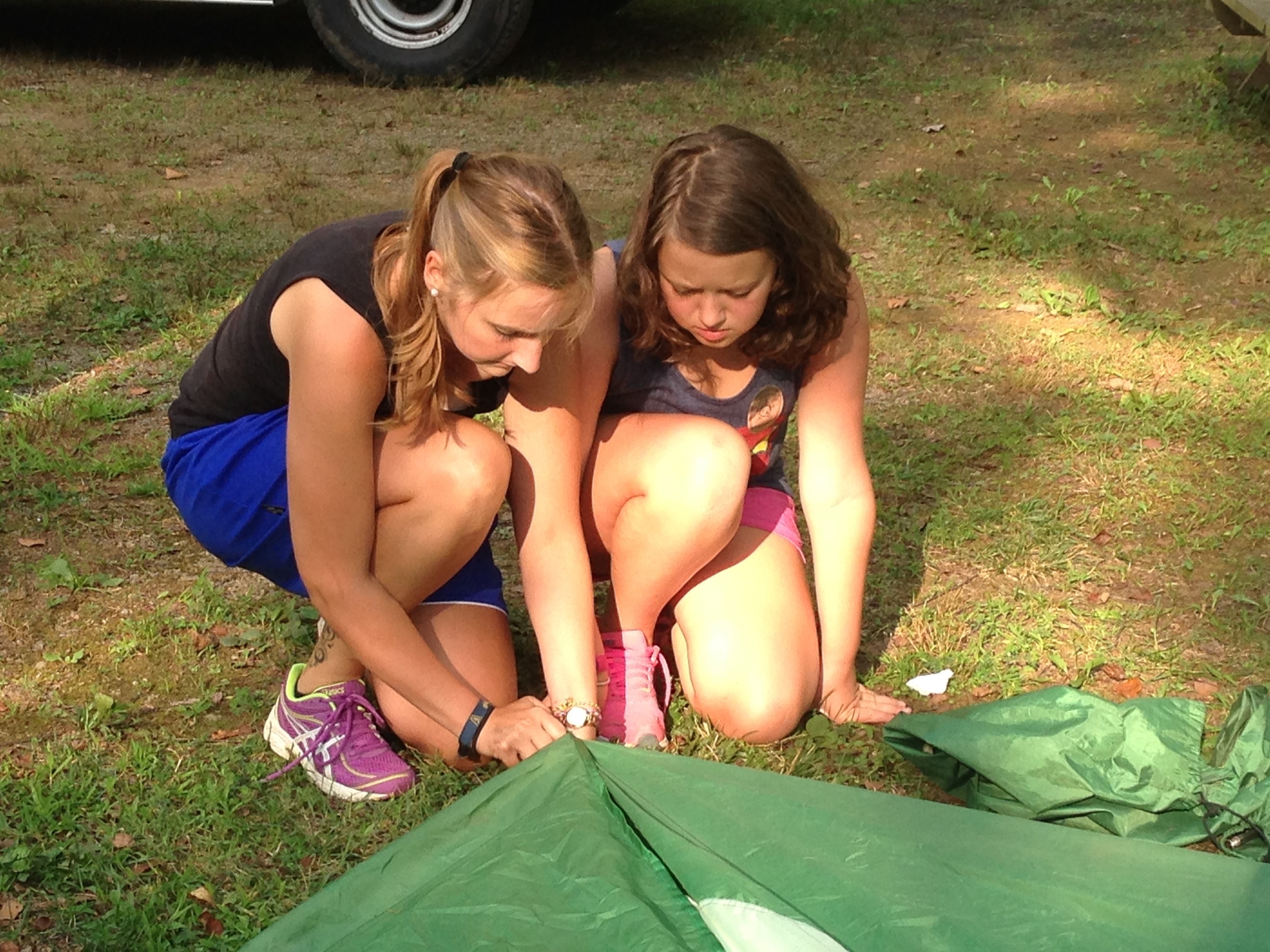

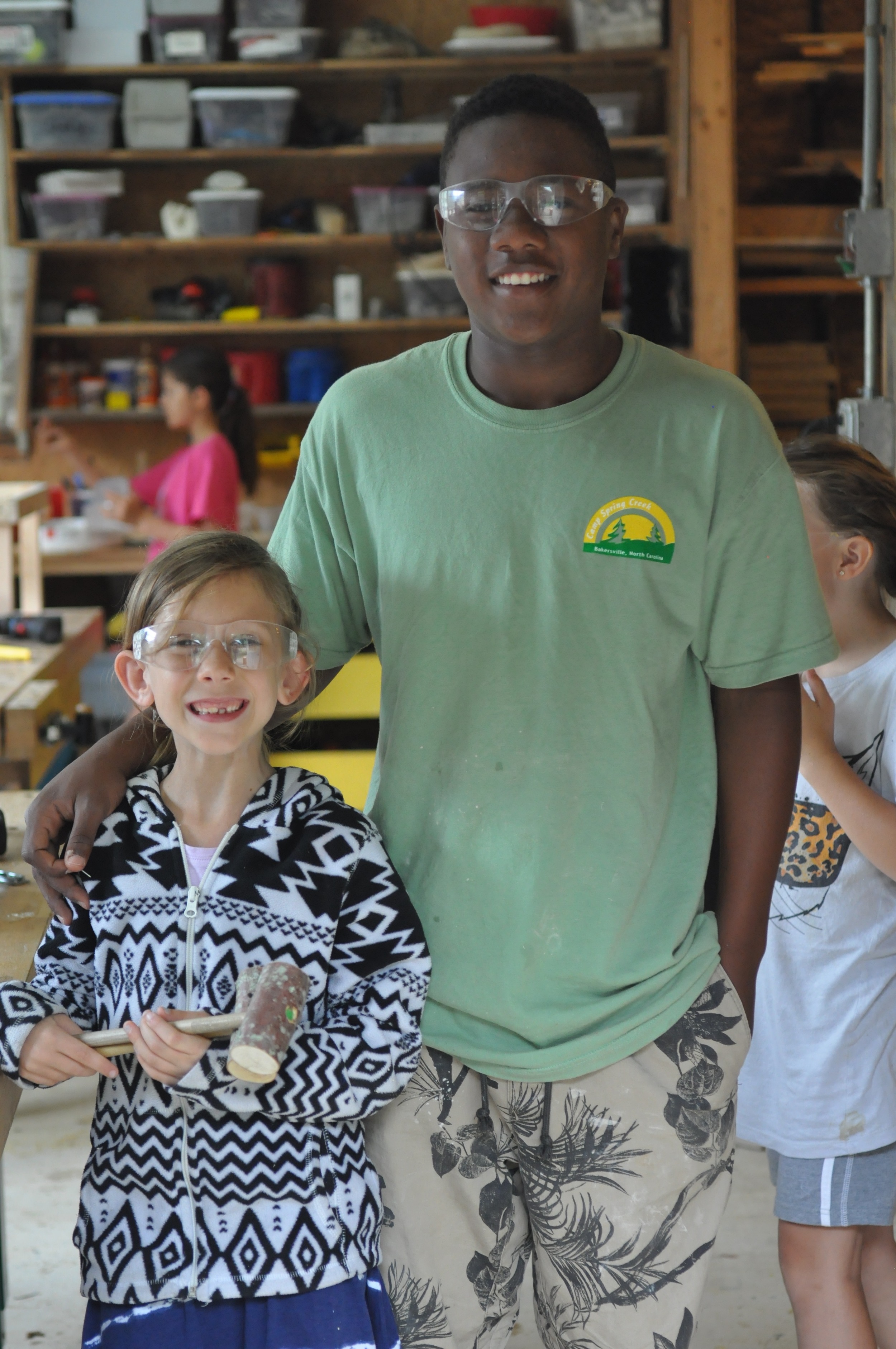

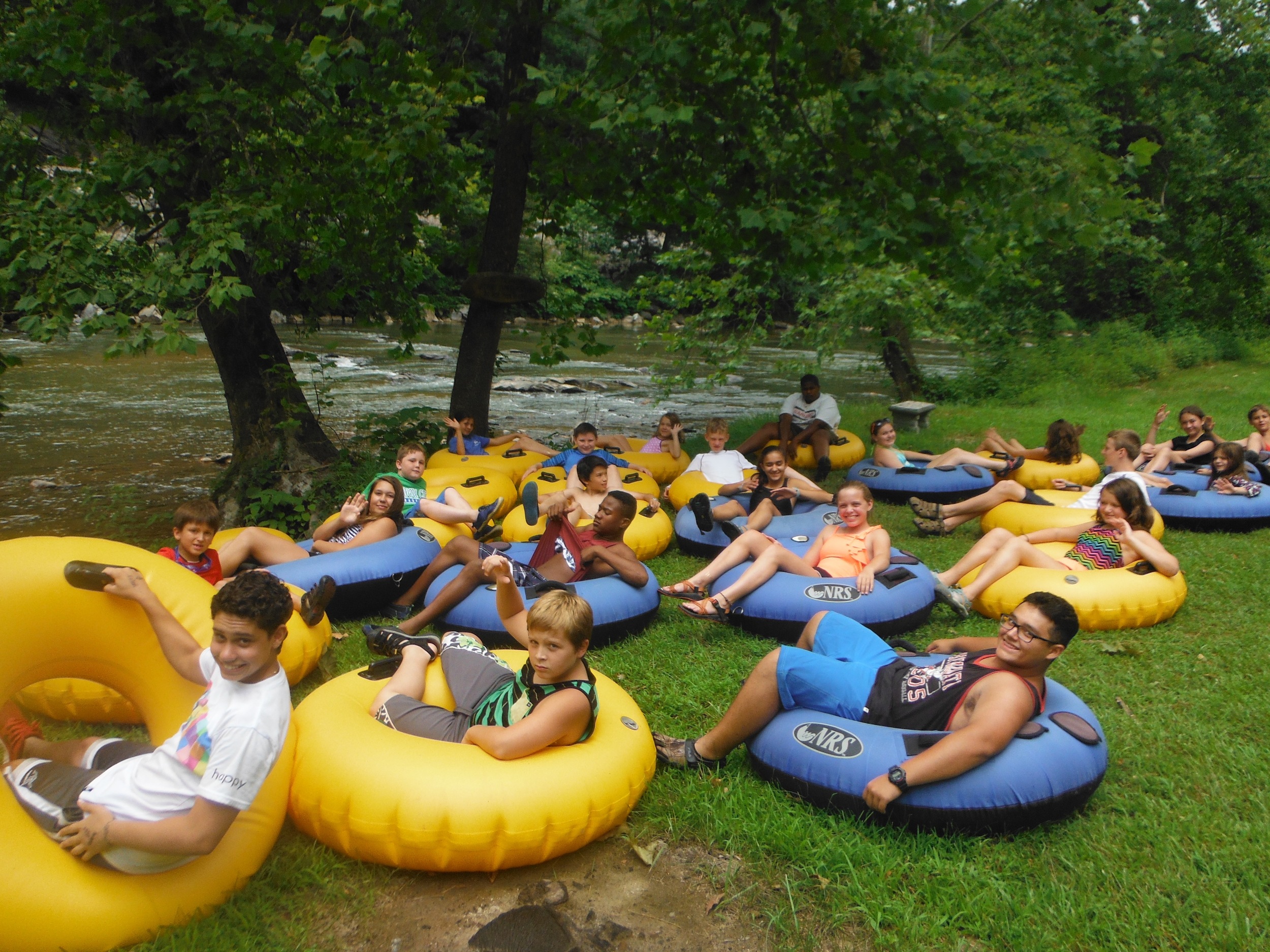
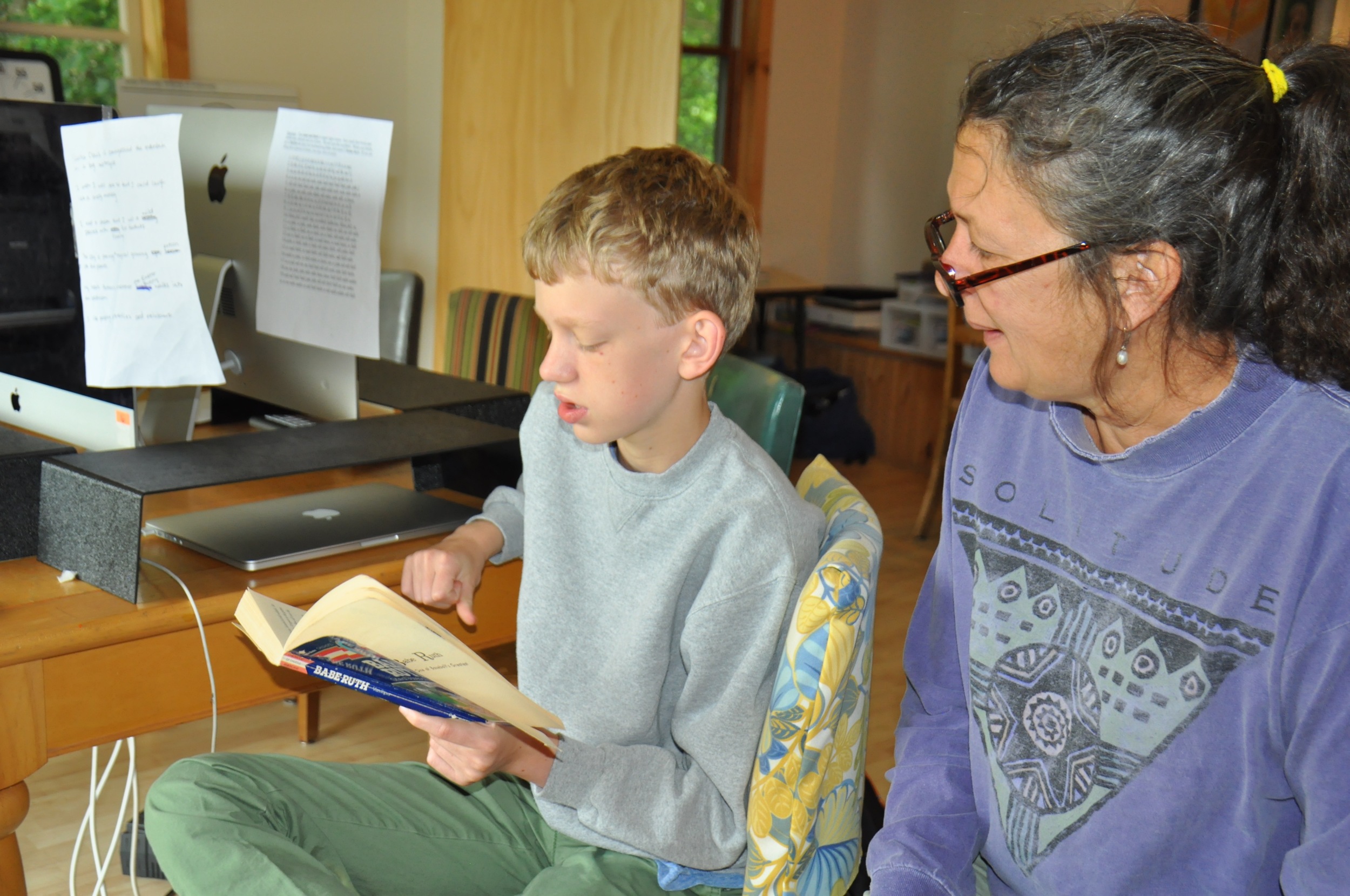
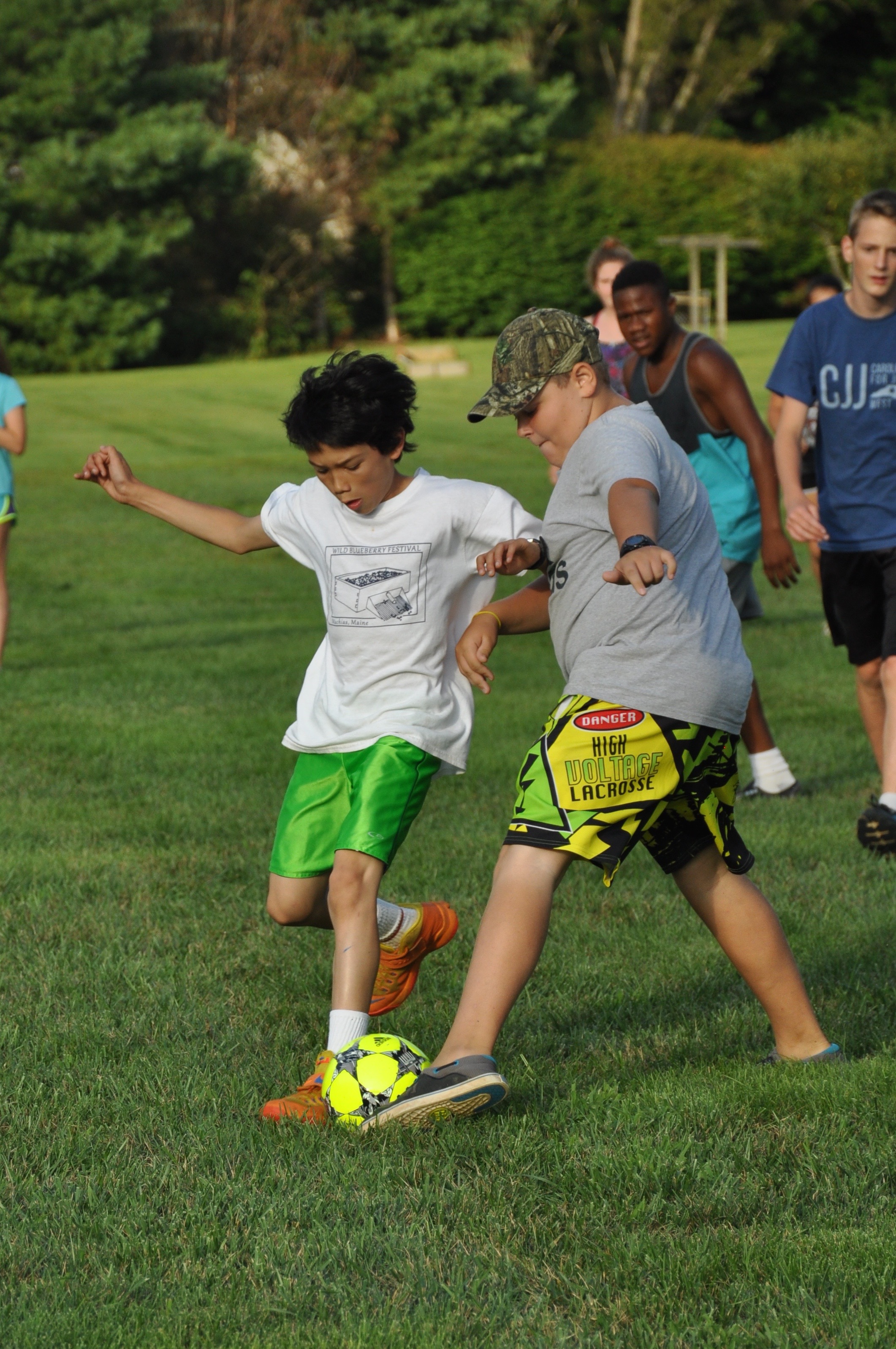
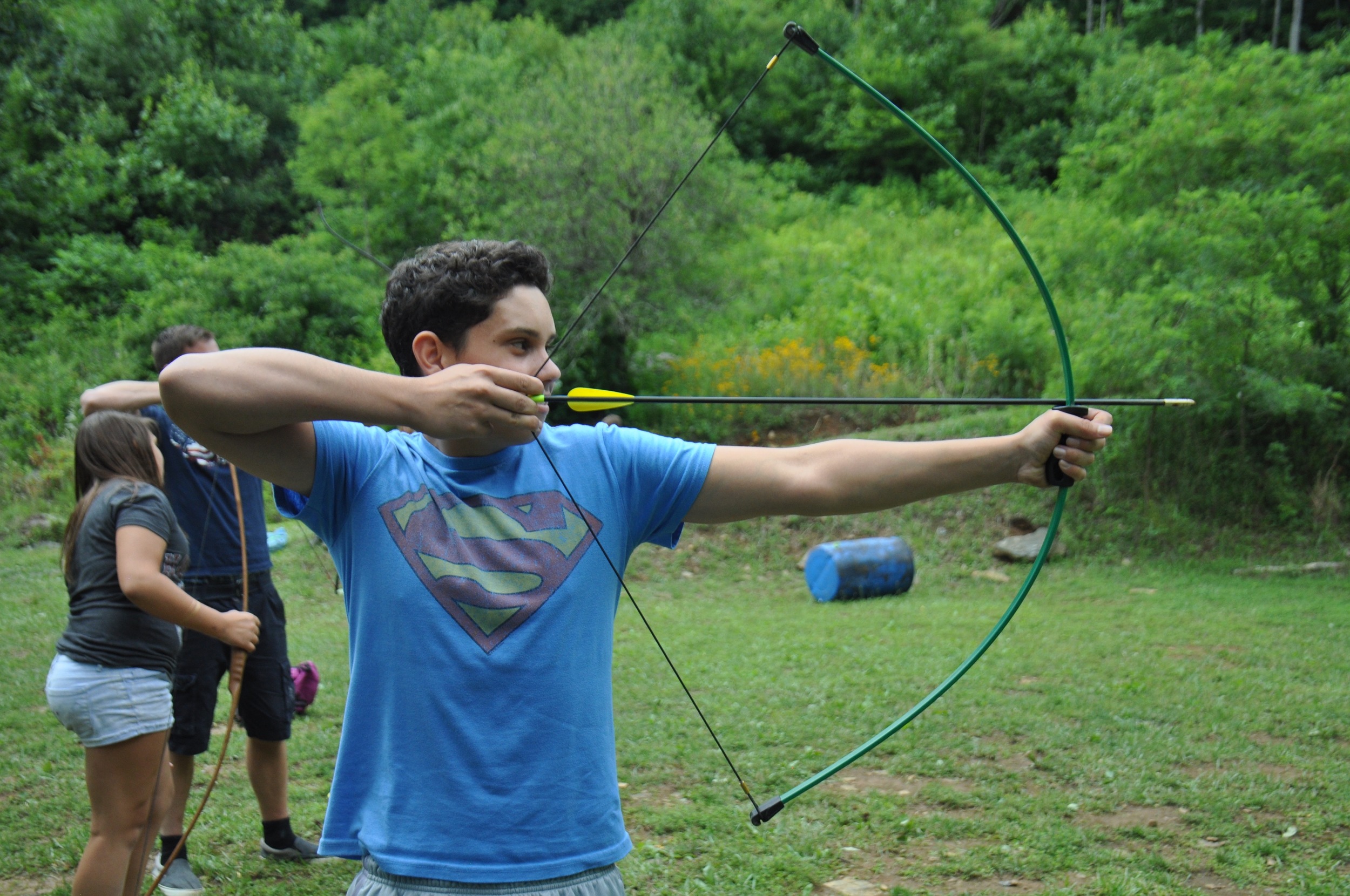

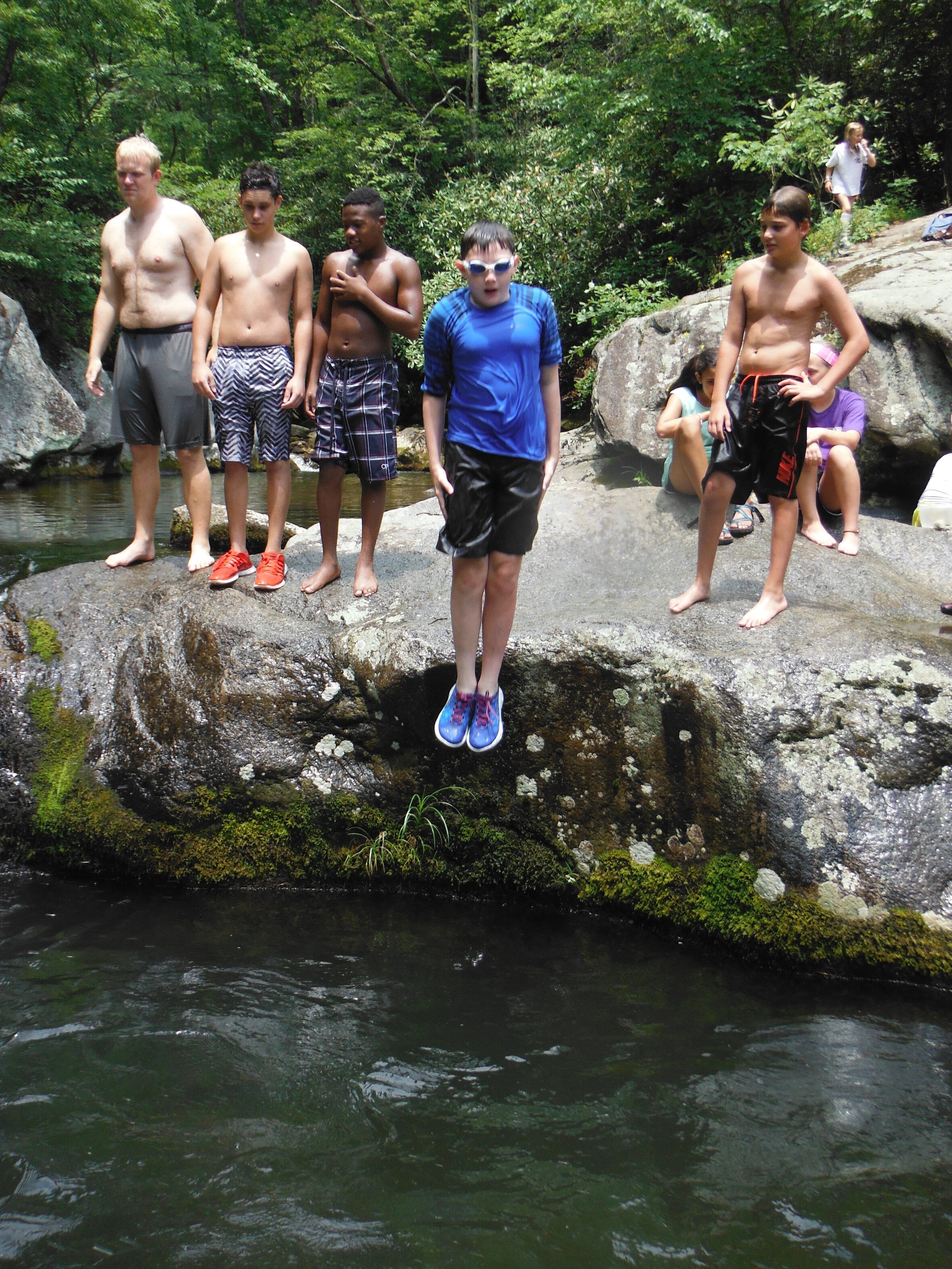

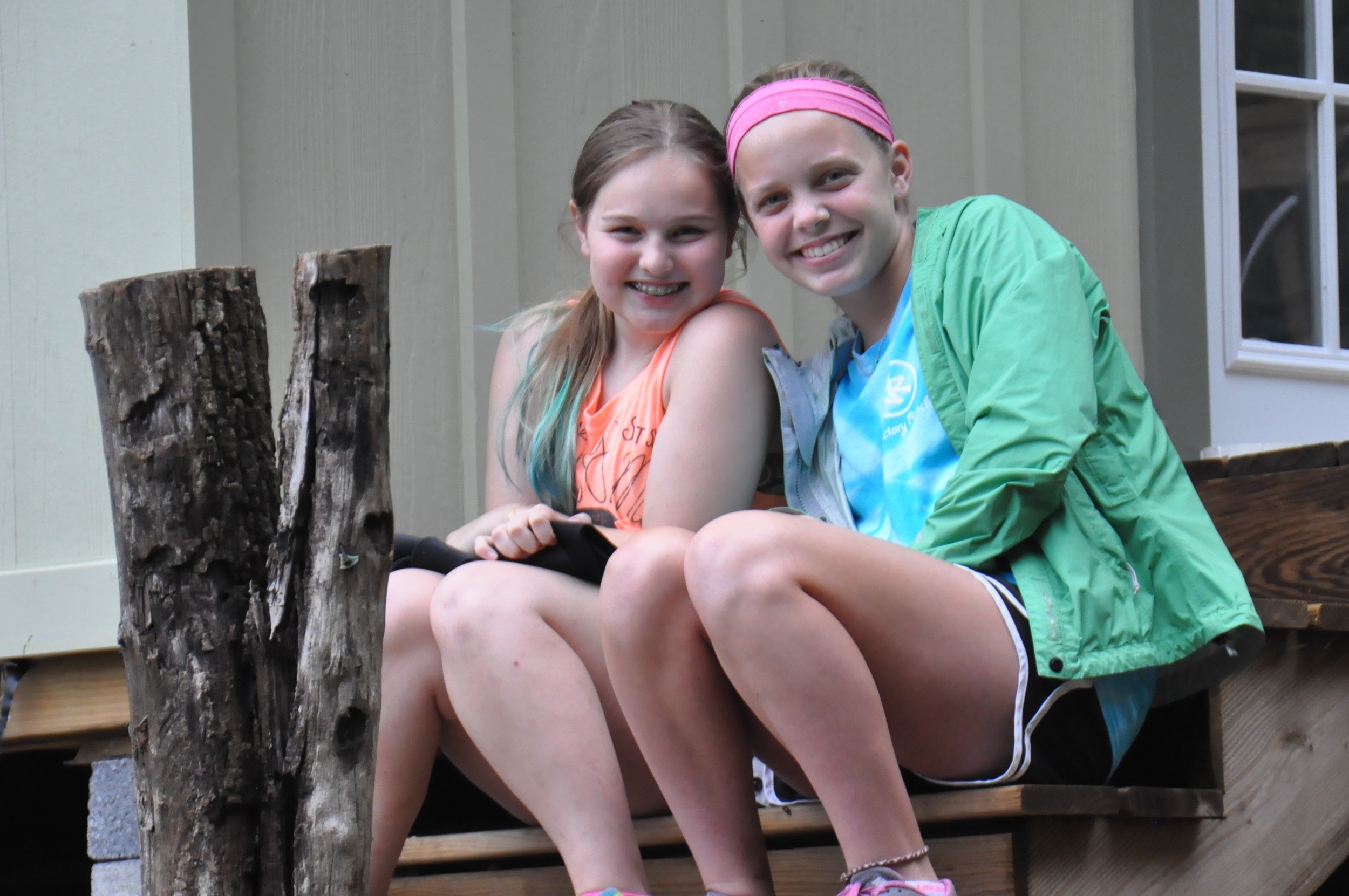
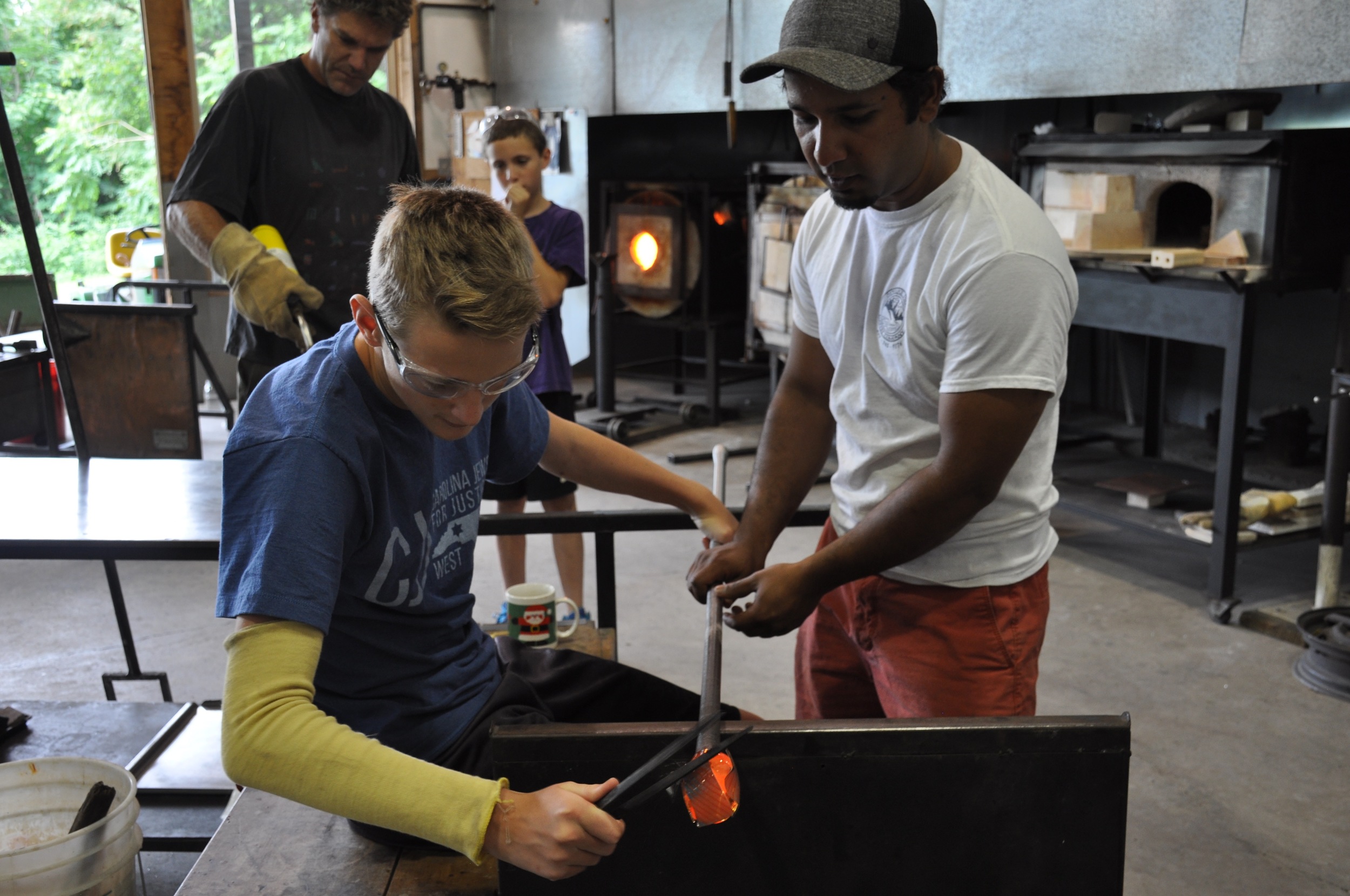

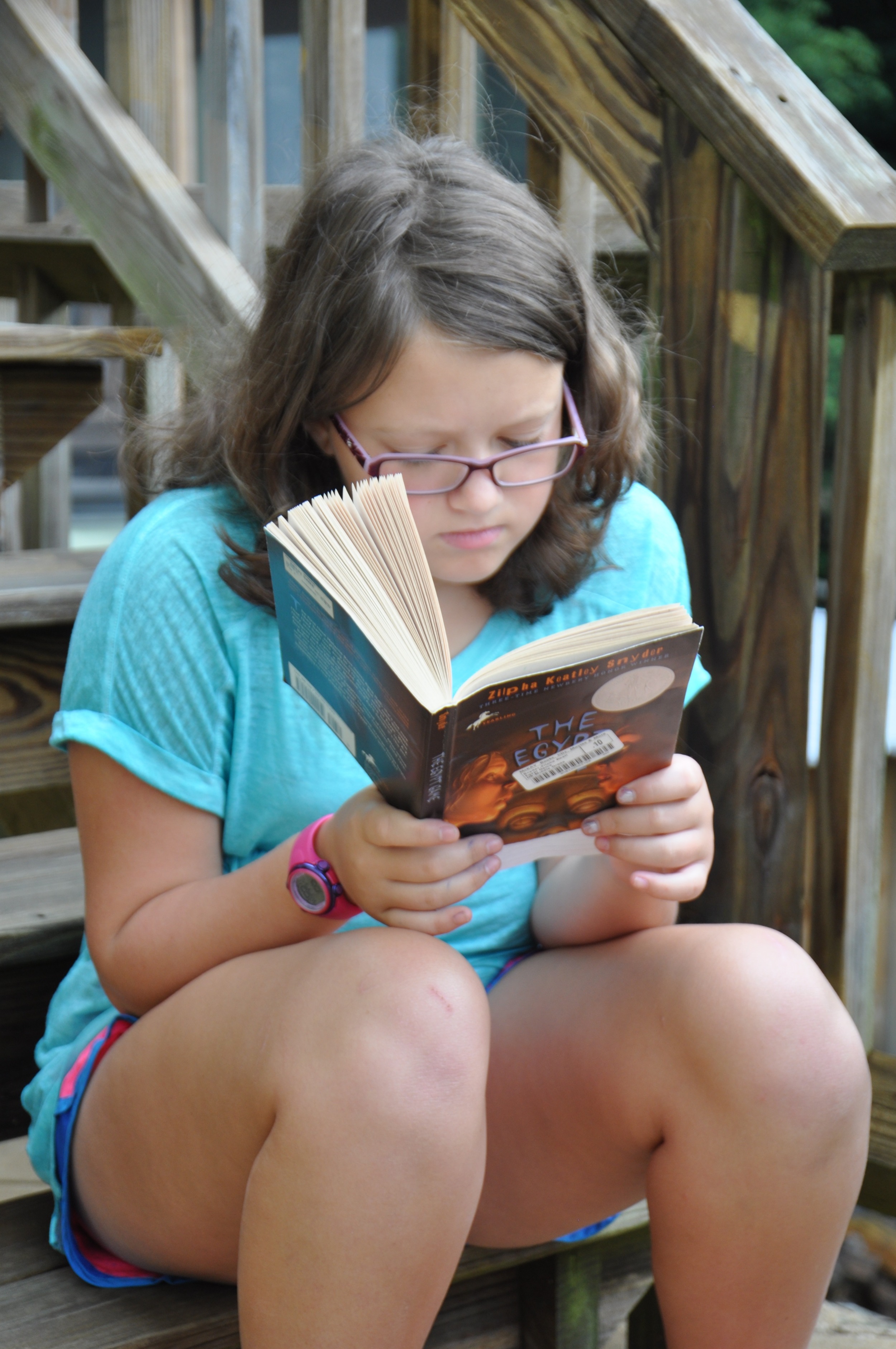
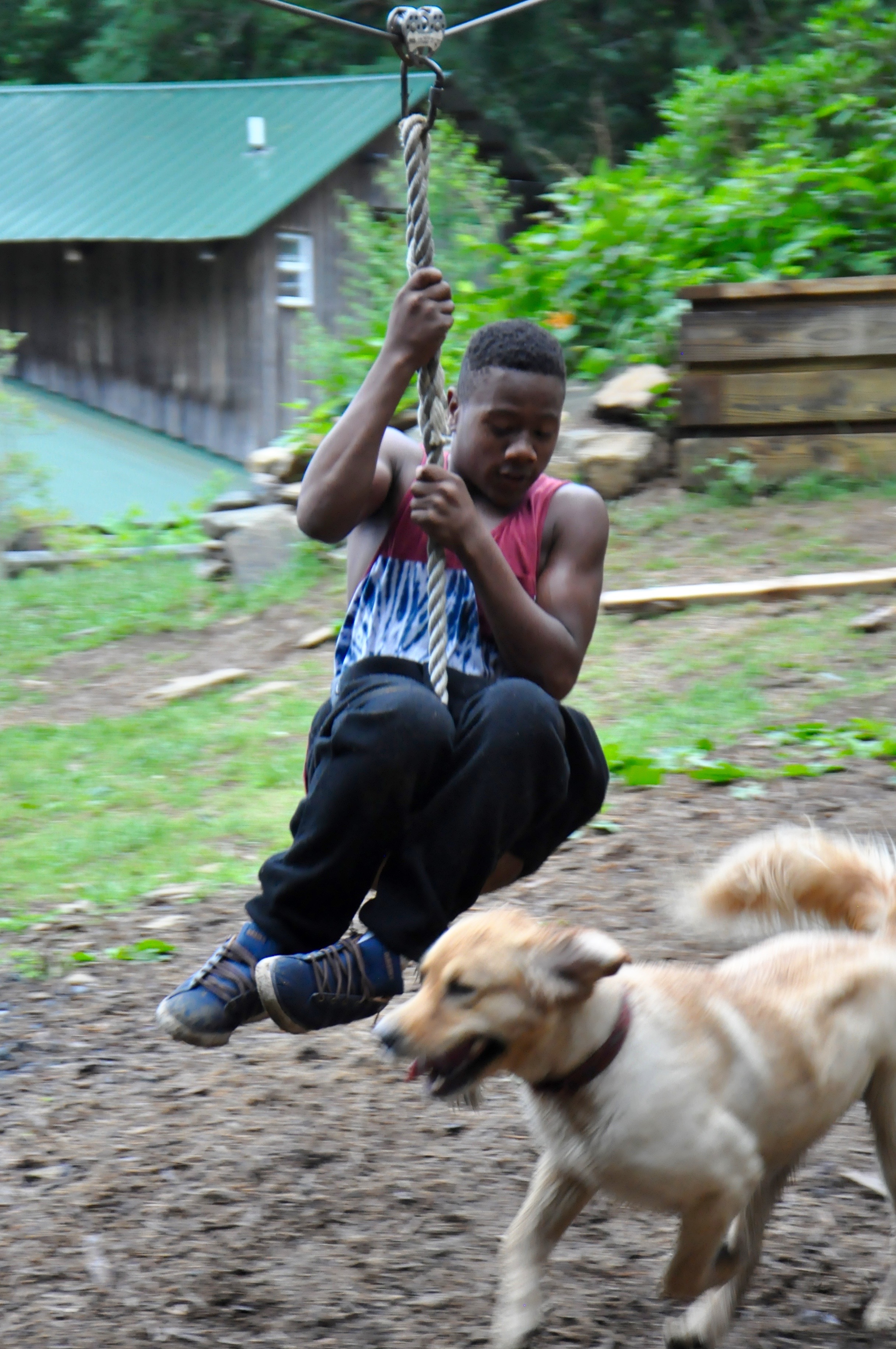



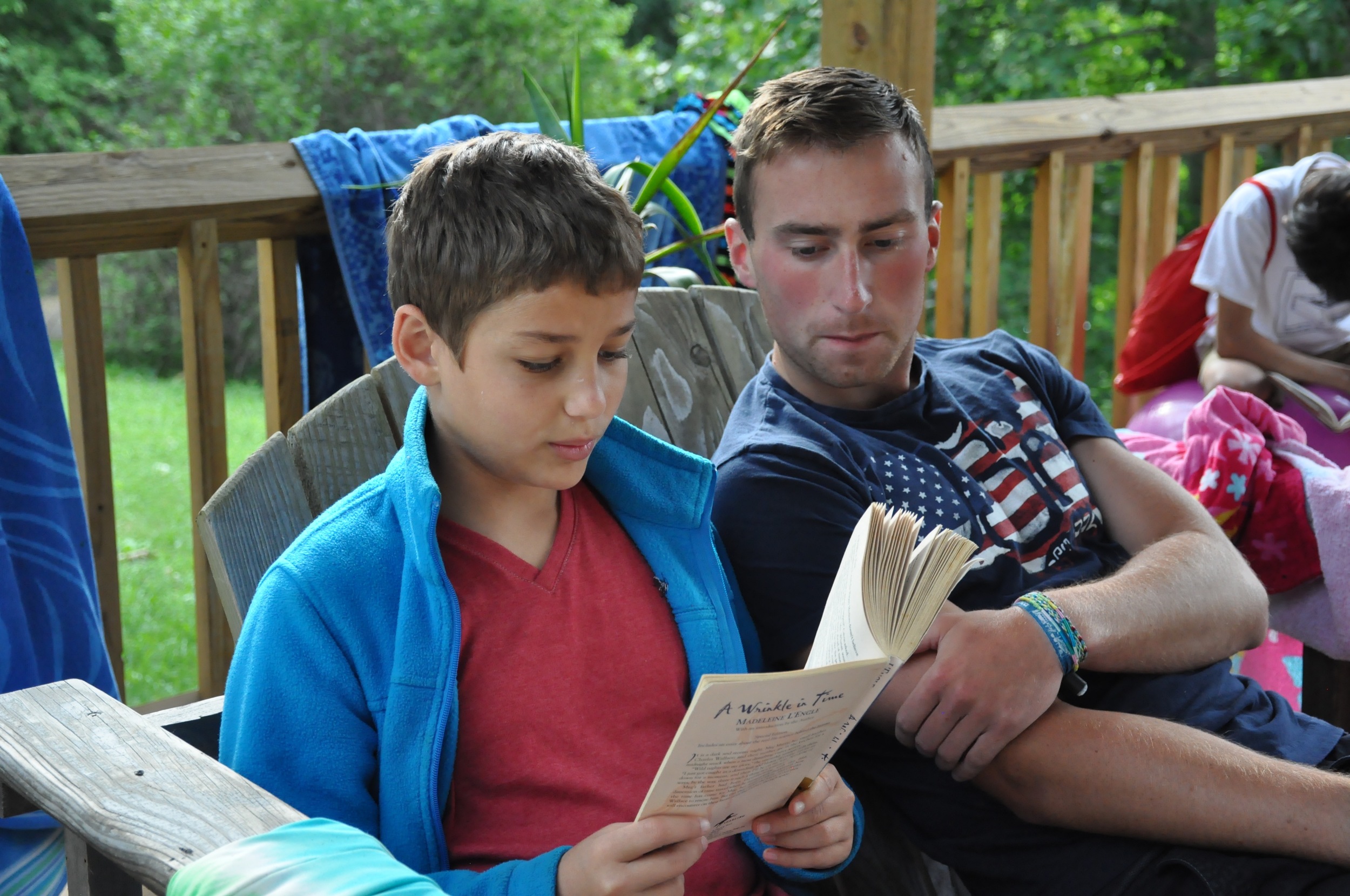
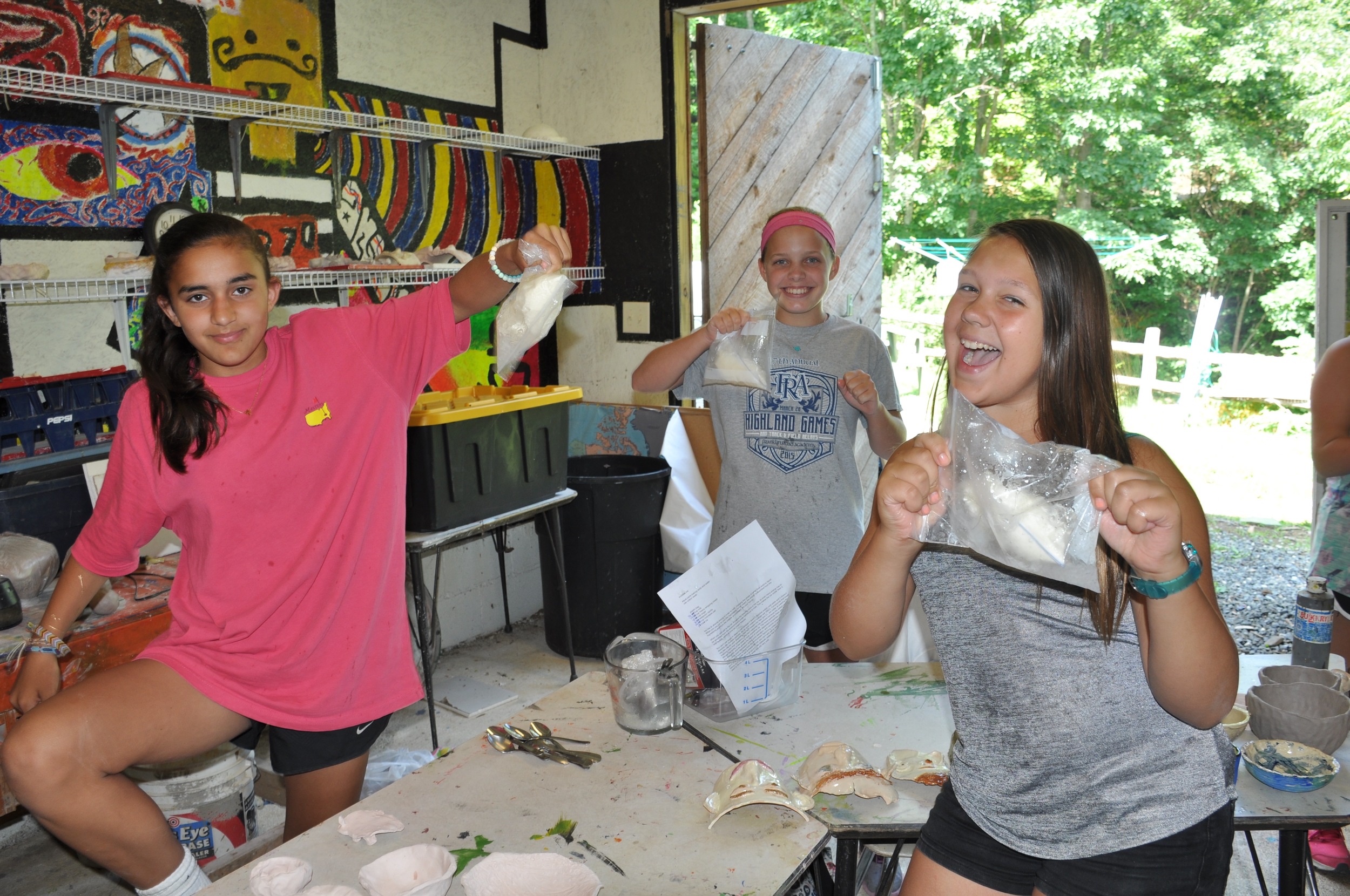



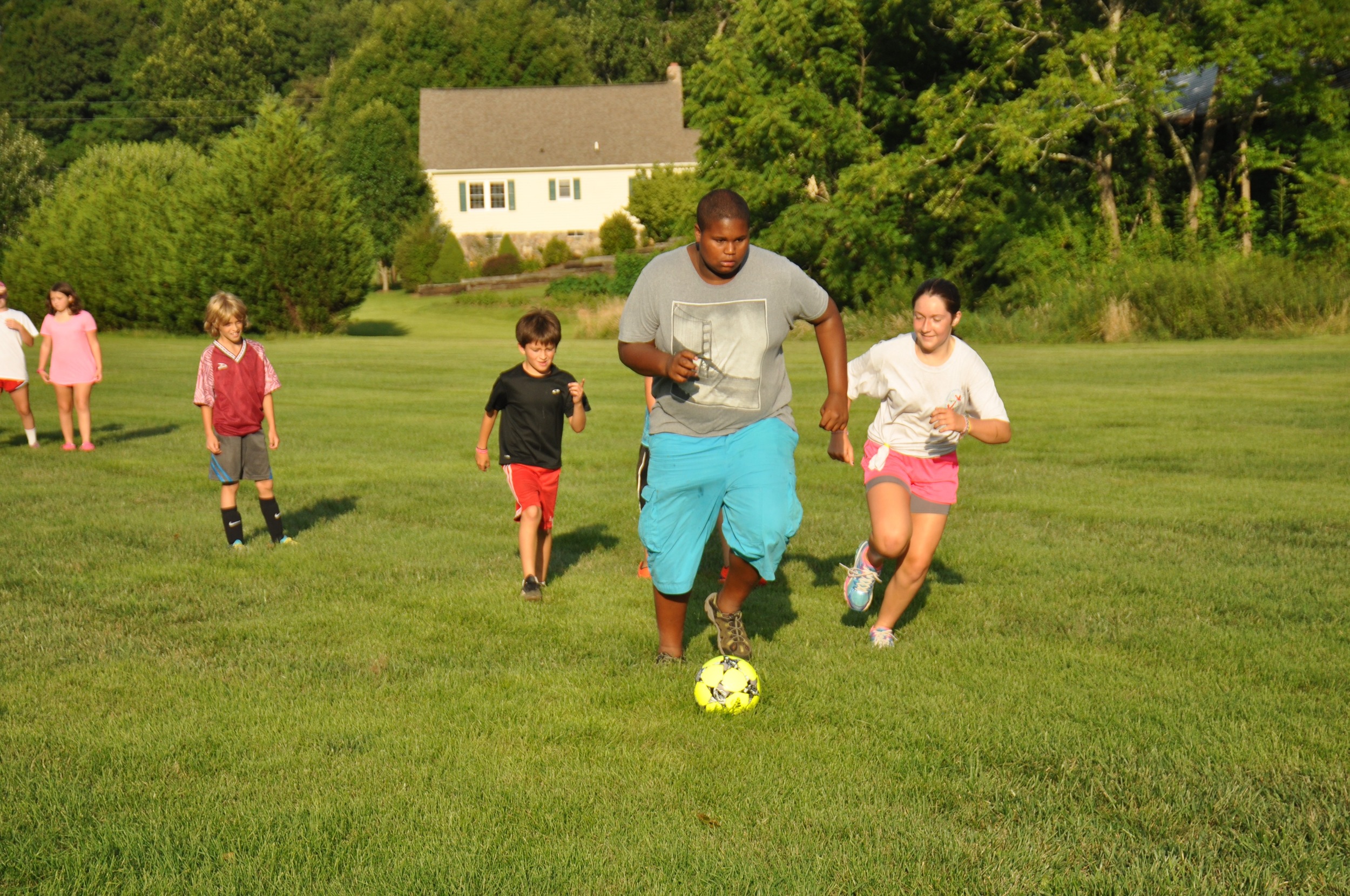
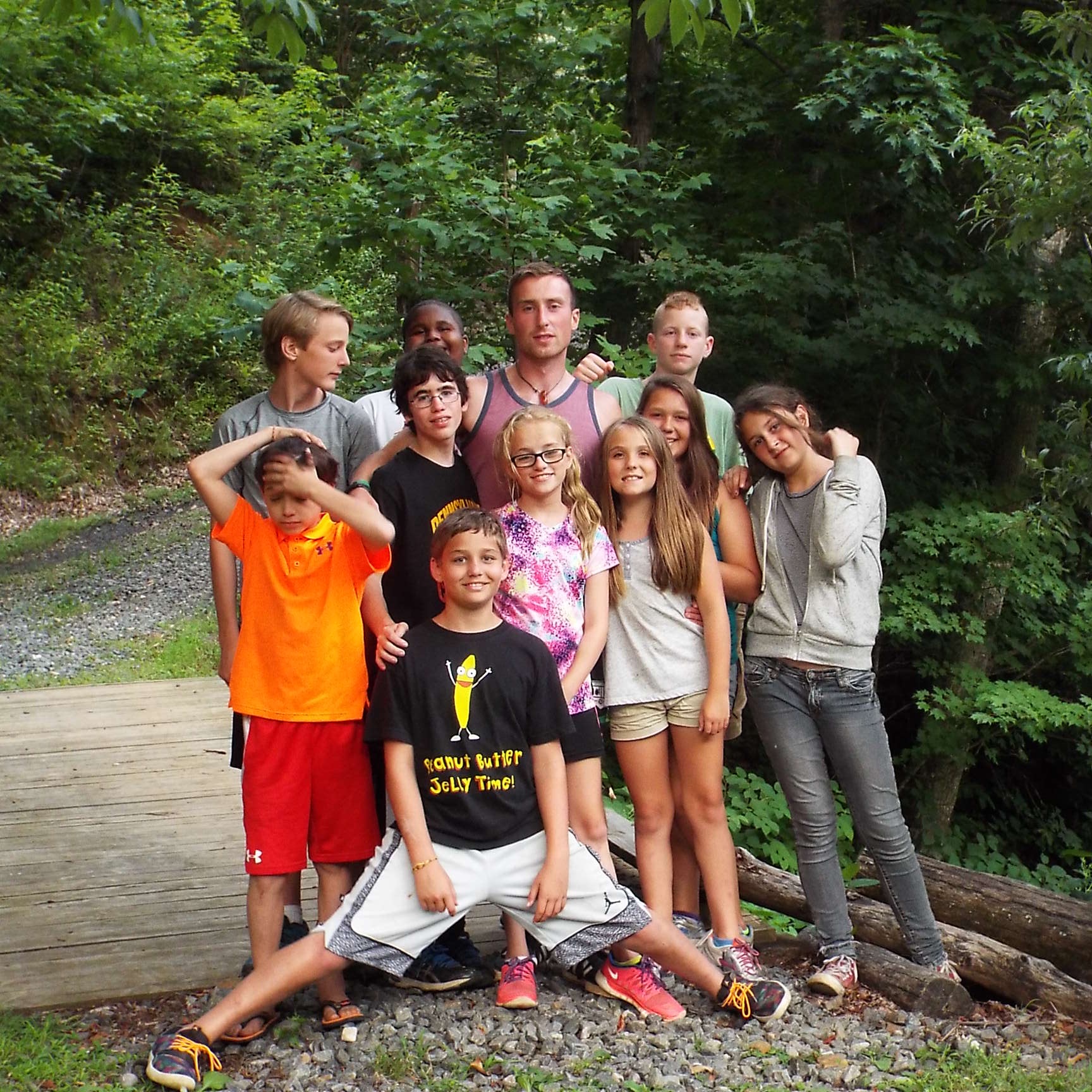 So it’s been four weeks since camp officially started and this year’s crop of campers descended on Camp Spring Creek. I’ve now been in North Carolina a little over a month, and can honestly say it has been the quickest five weeks I have ever experienced.
So it’s been four weeks since camp officially started and this year’s crop of campers descended on Camp Spring Creek. I’ve now been in North Carolina a little over a month, and can honestly say it has been the quickest five weeks I have ever experienced. 

